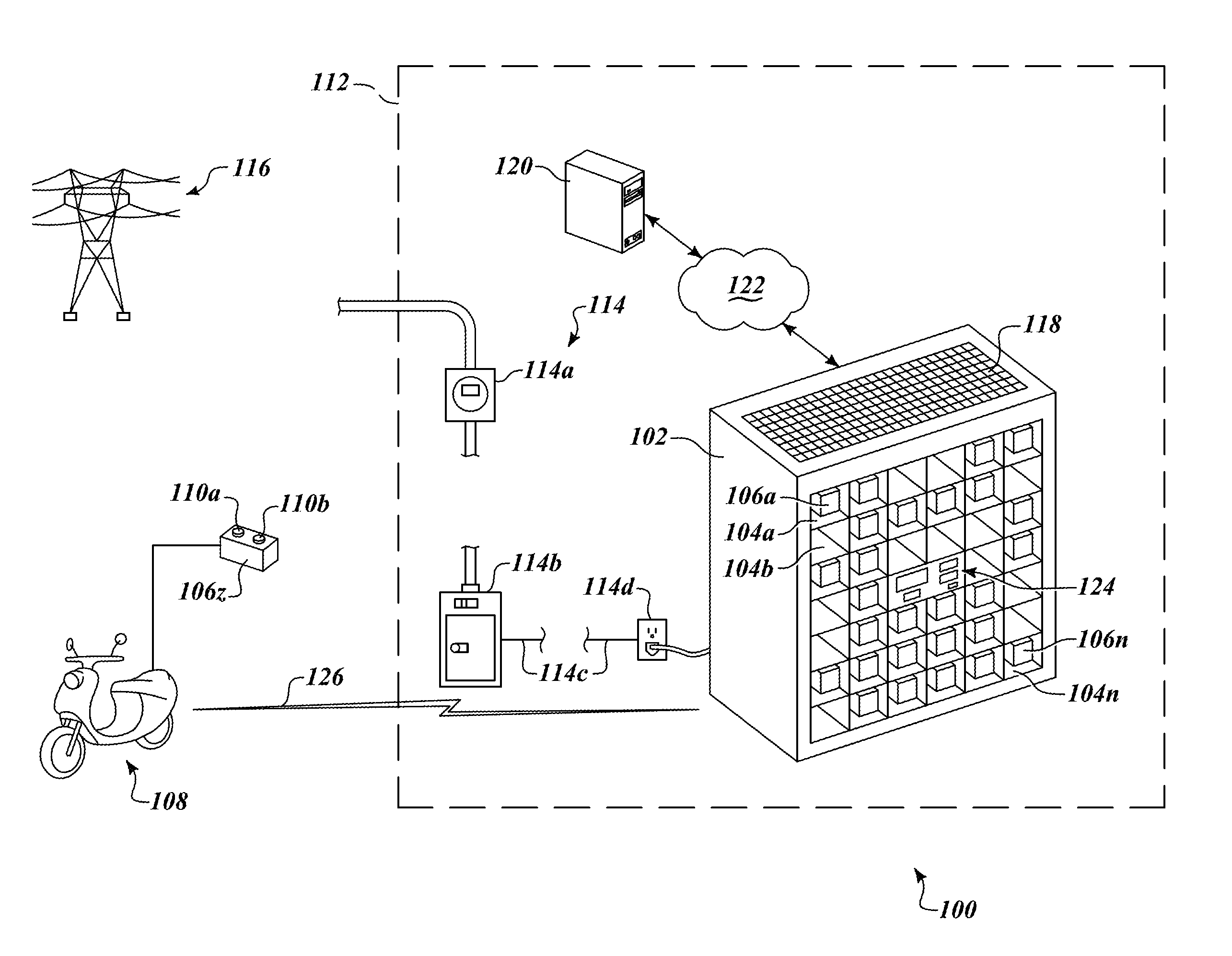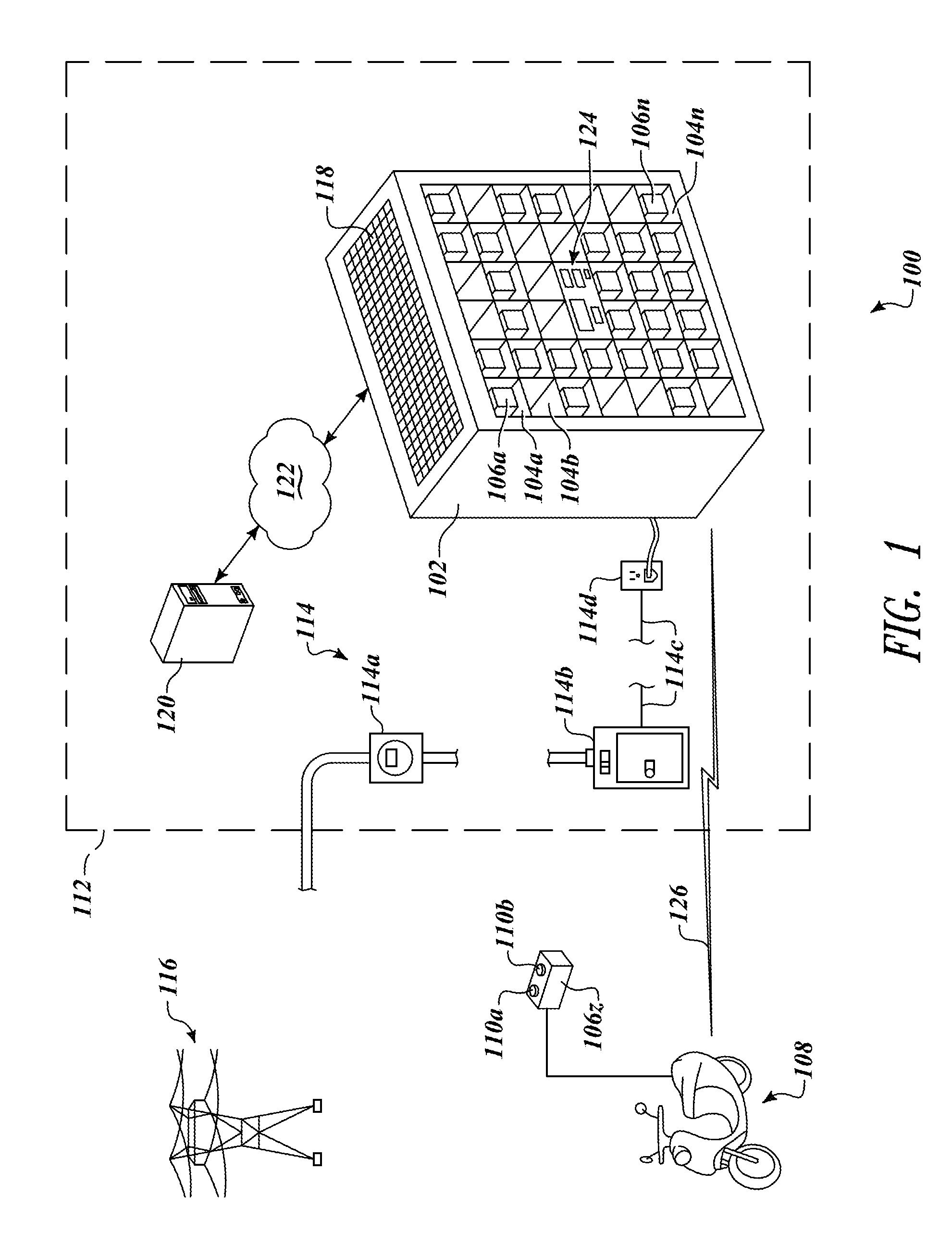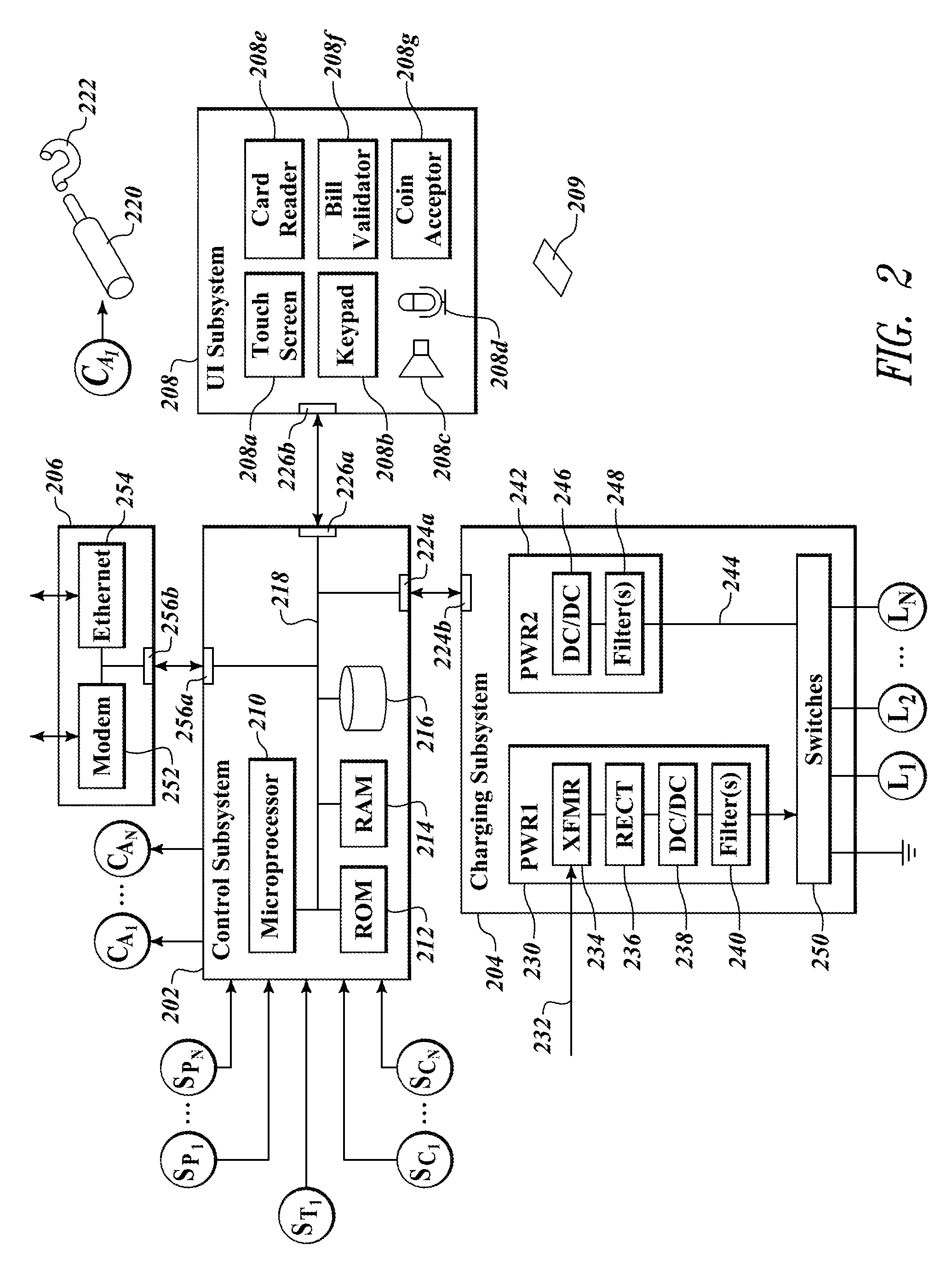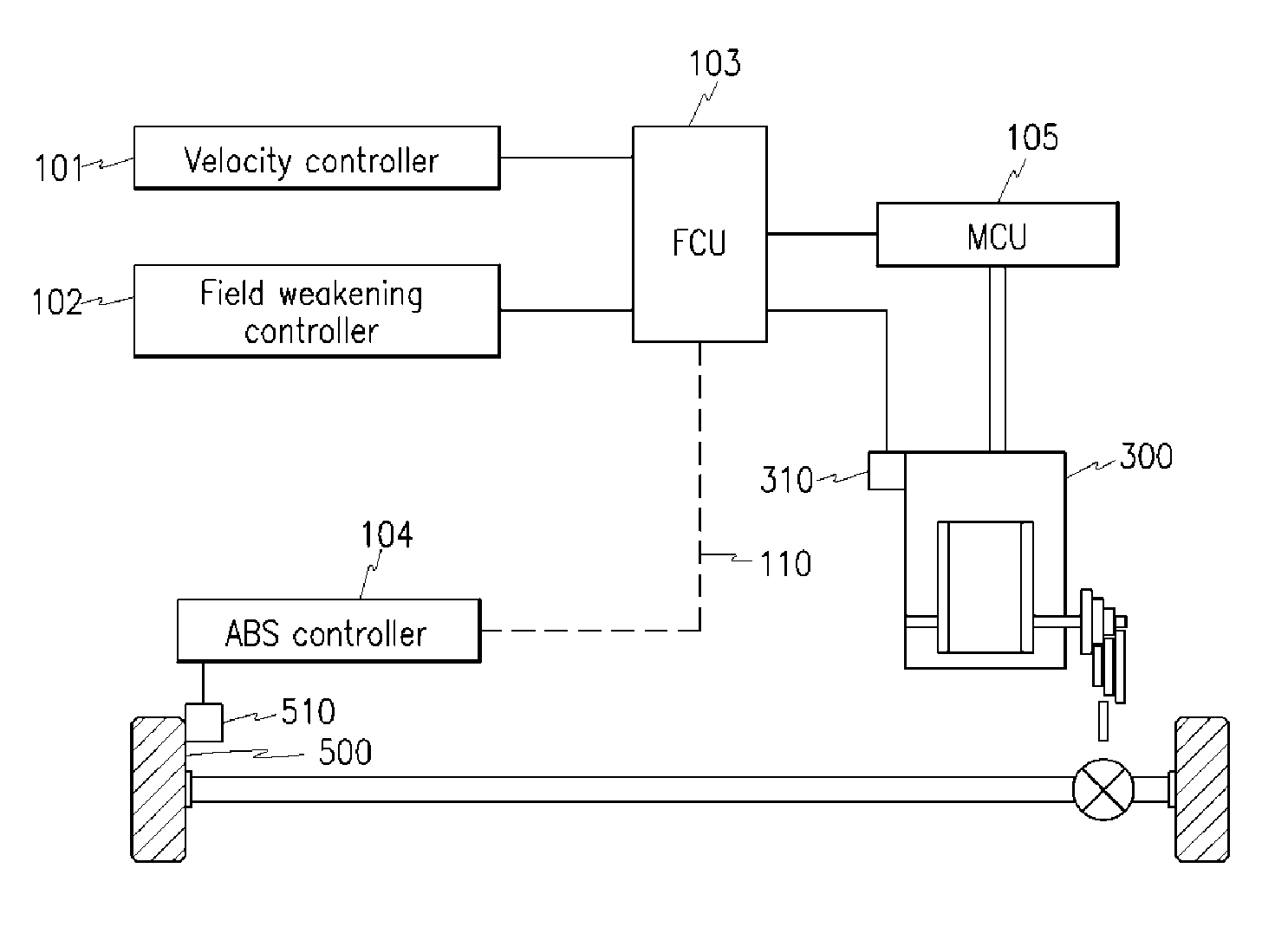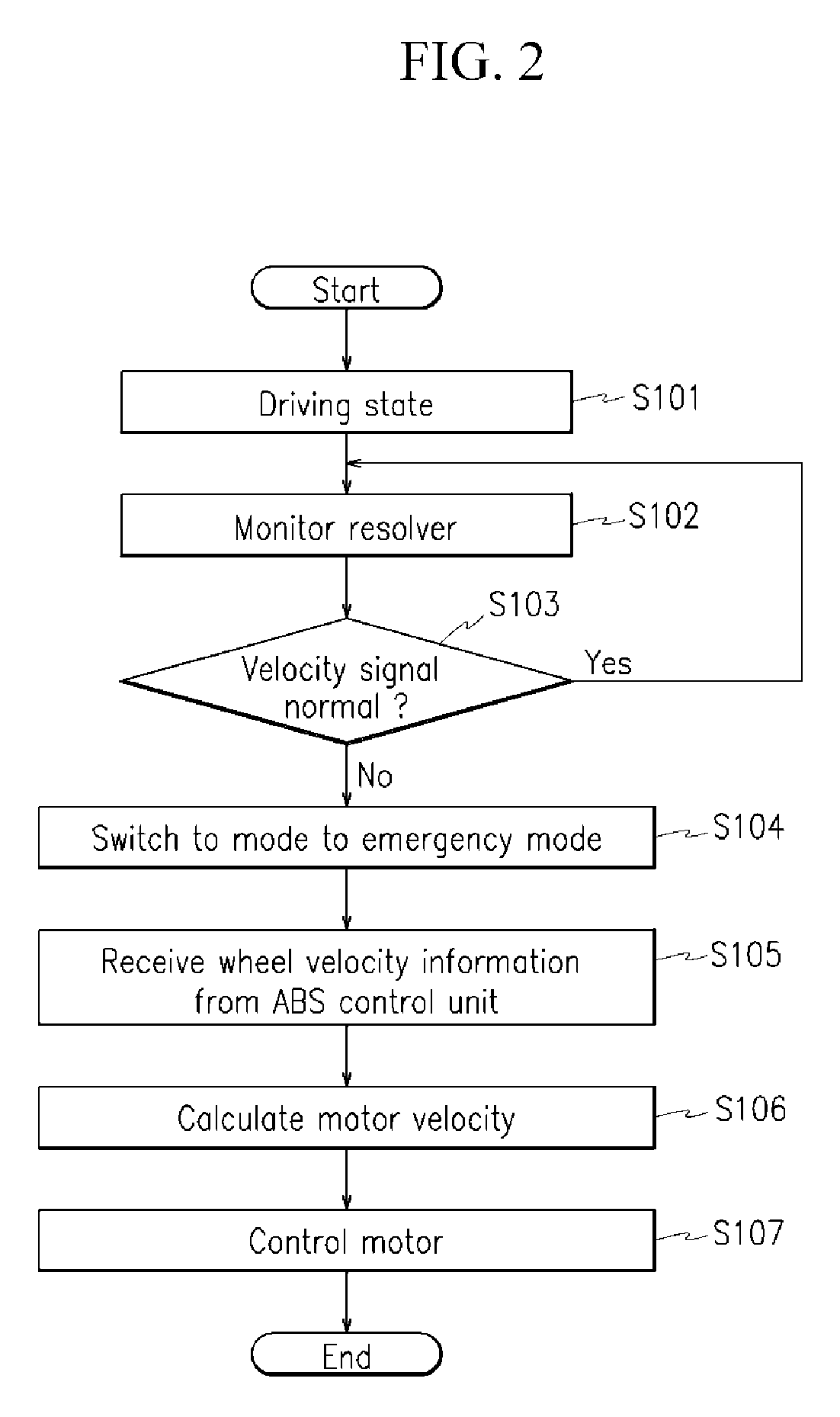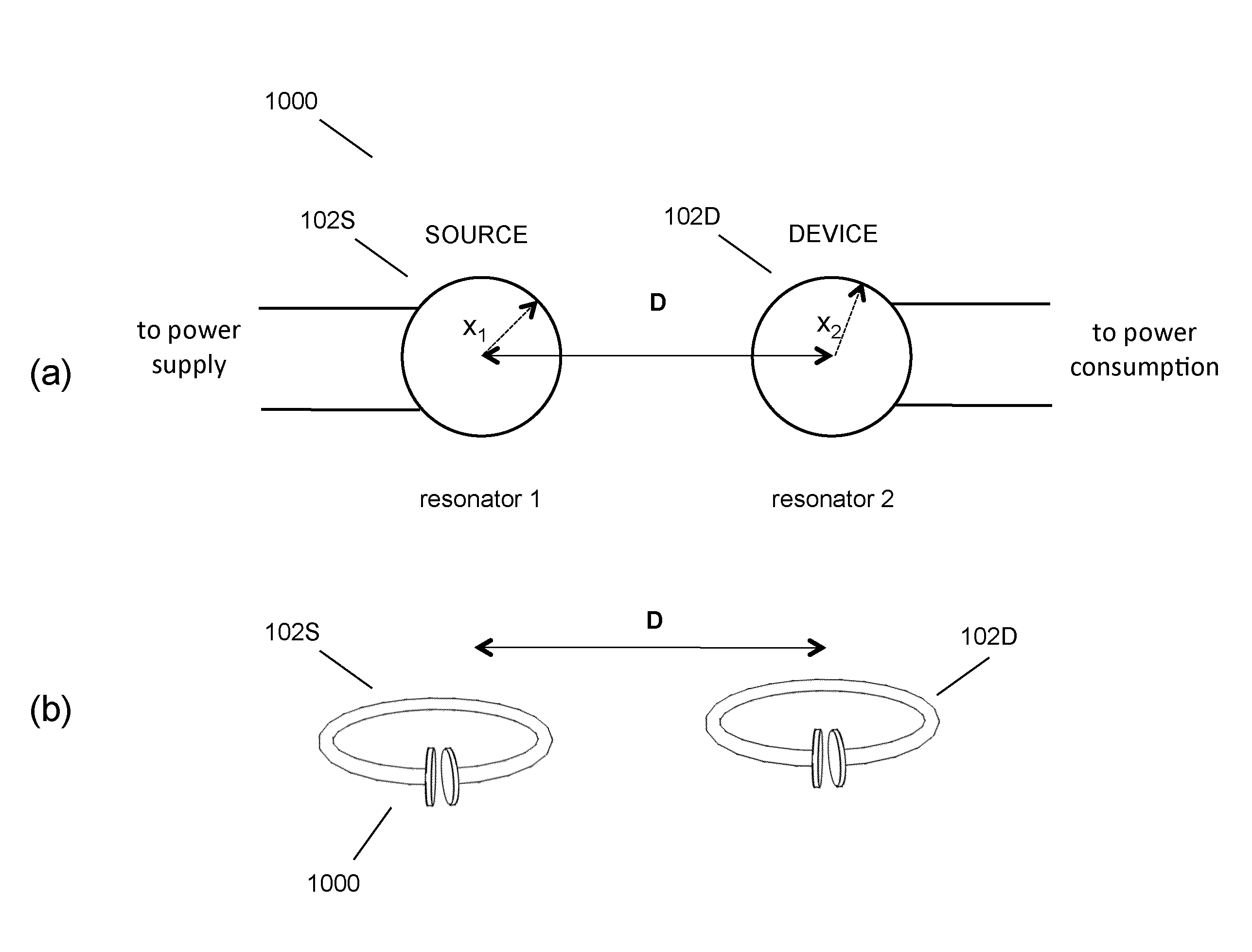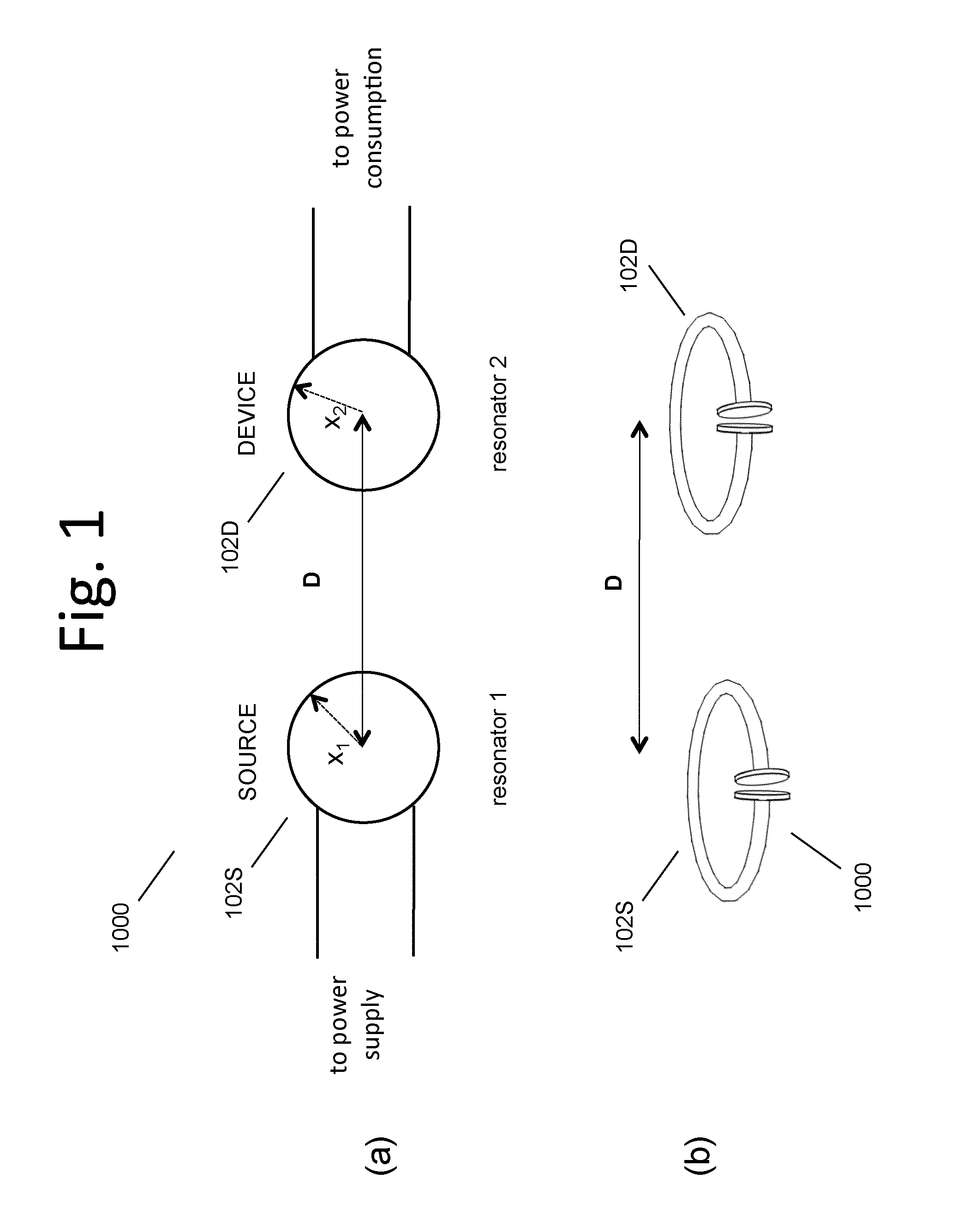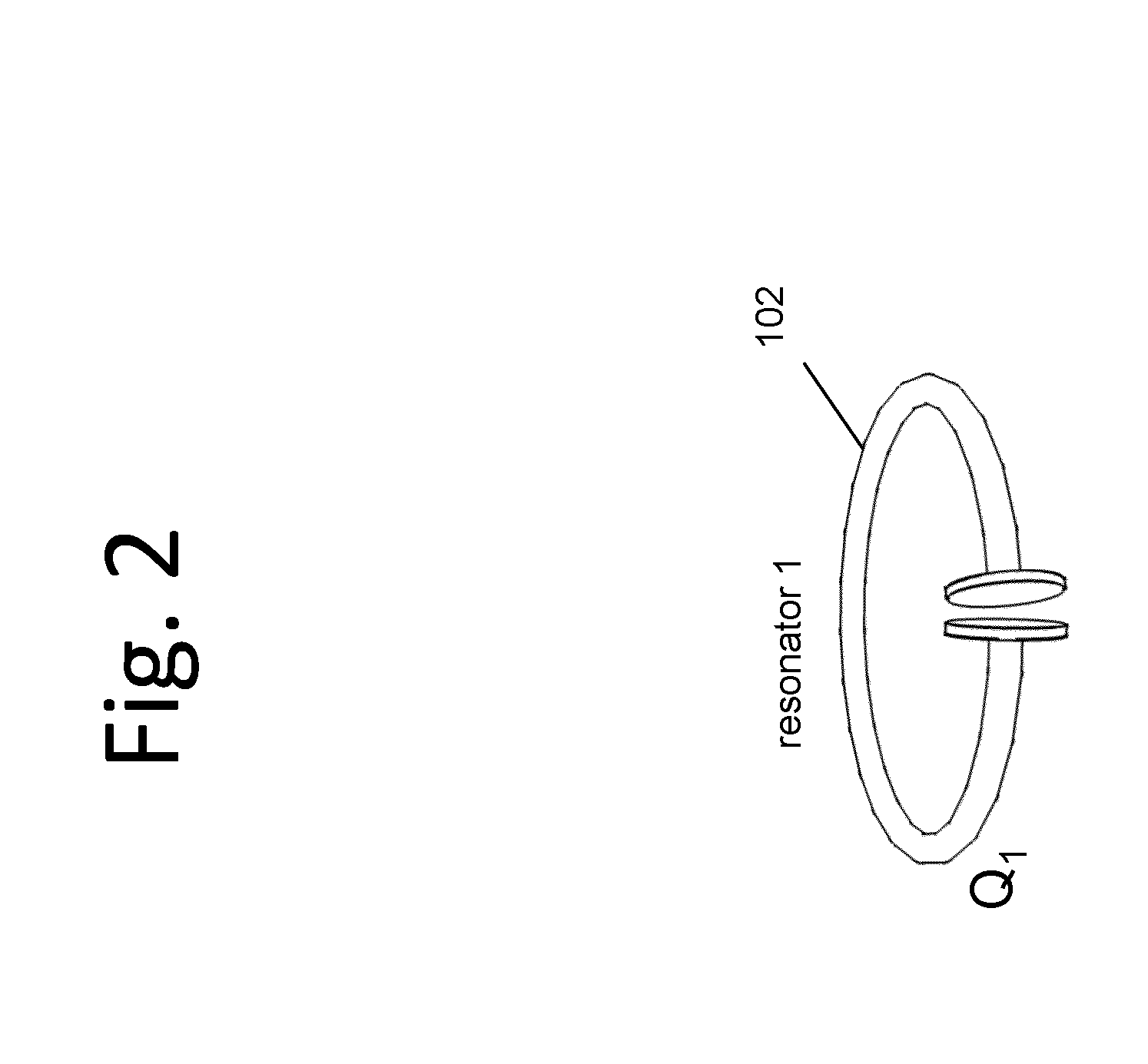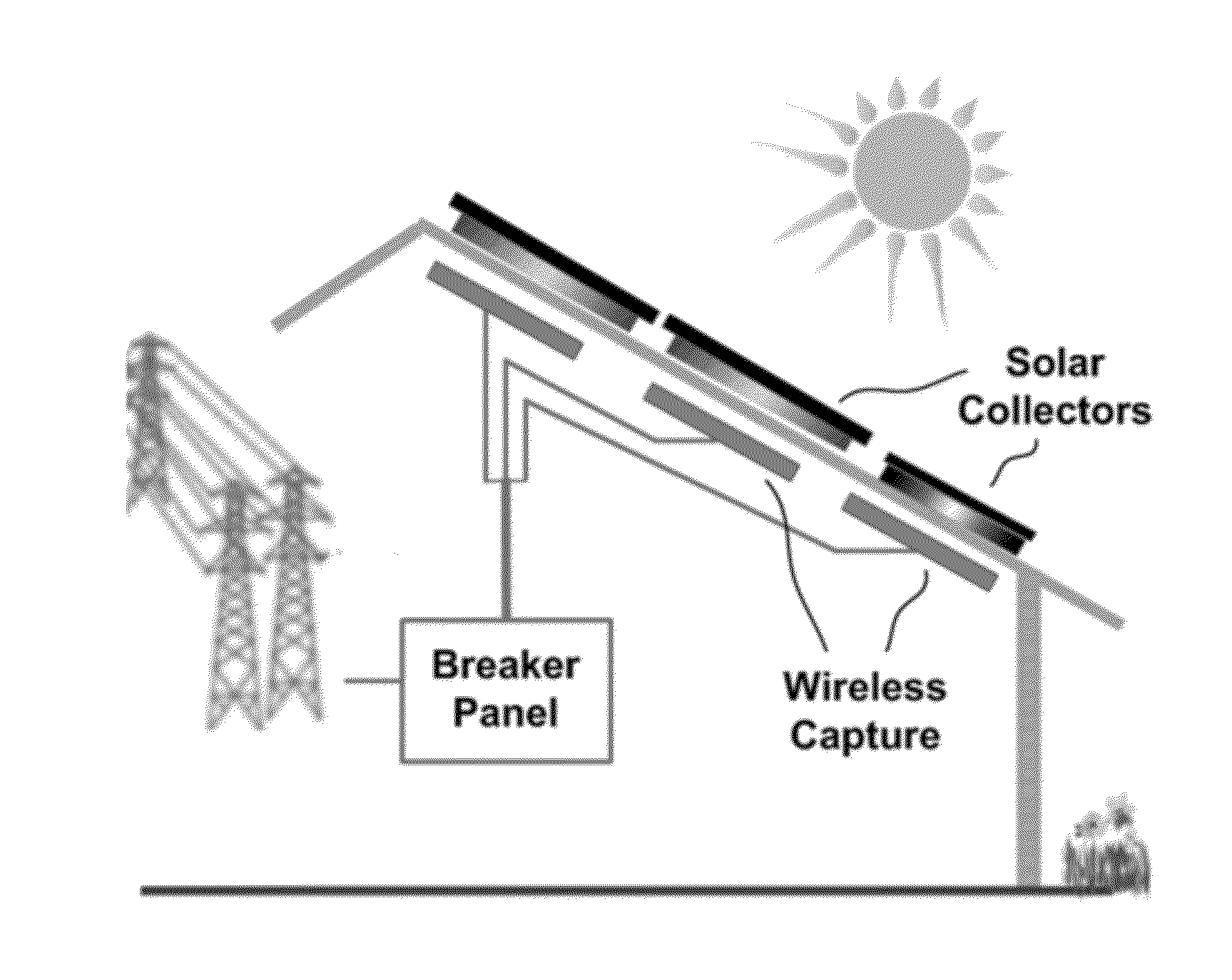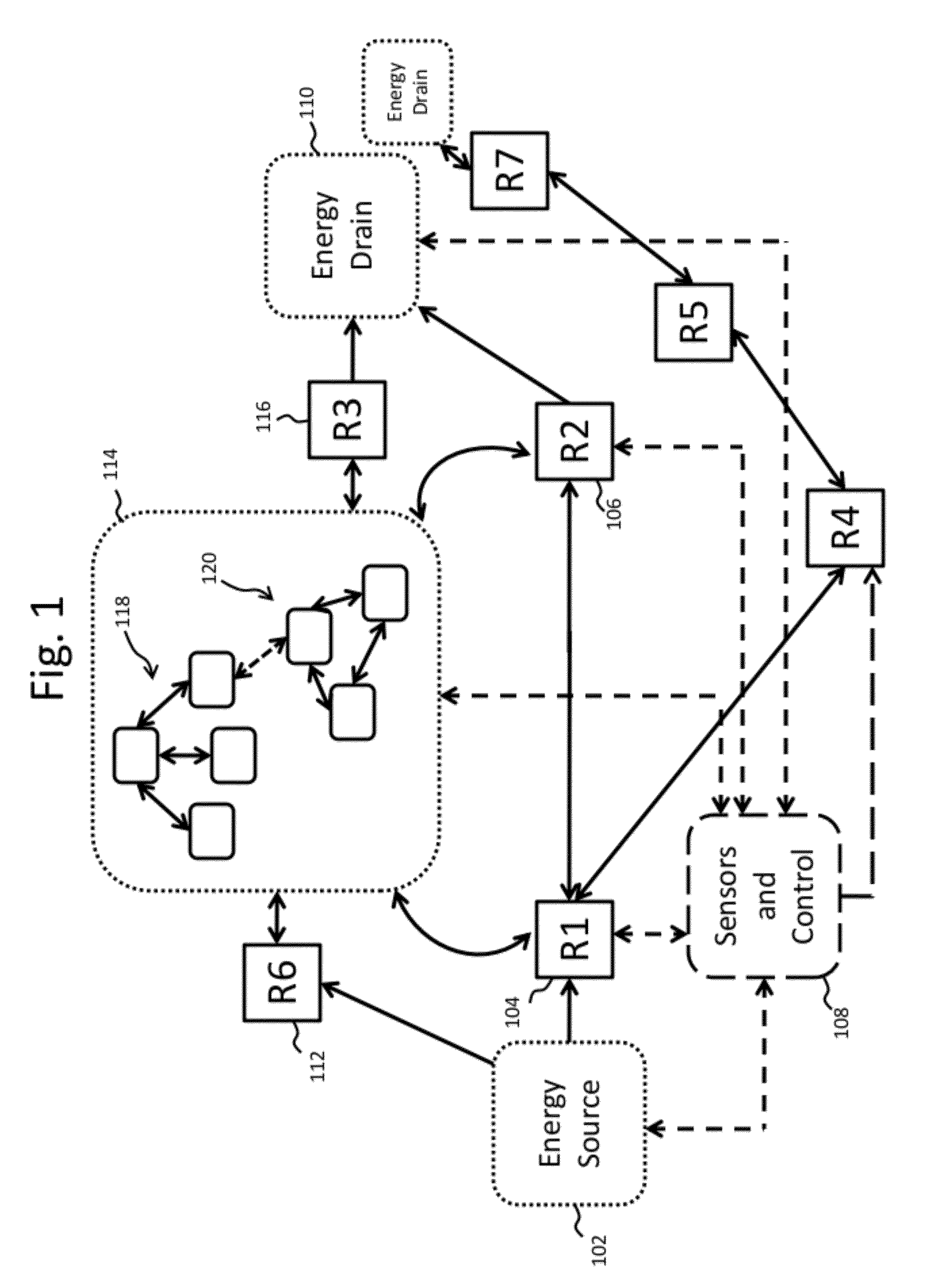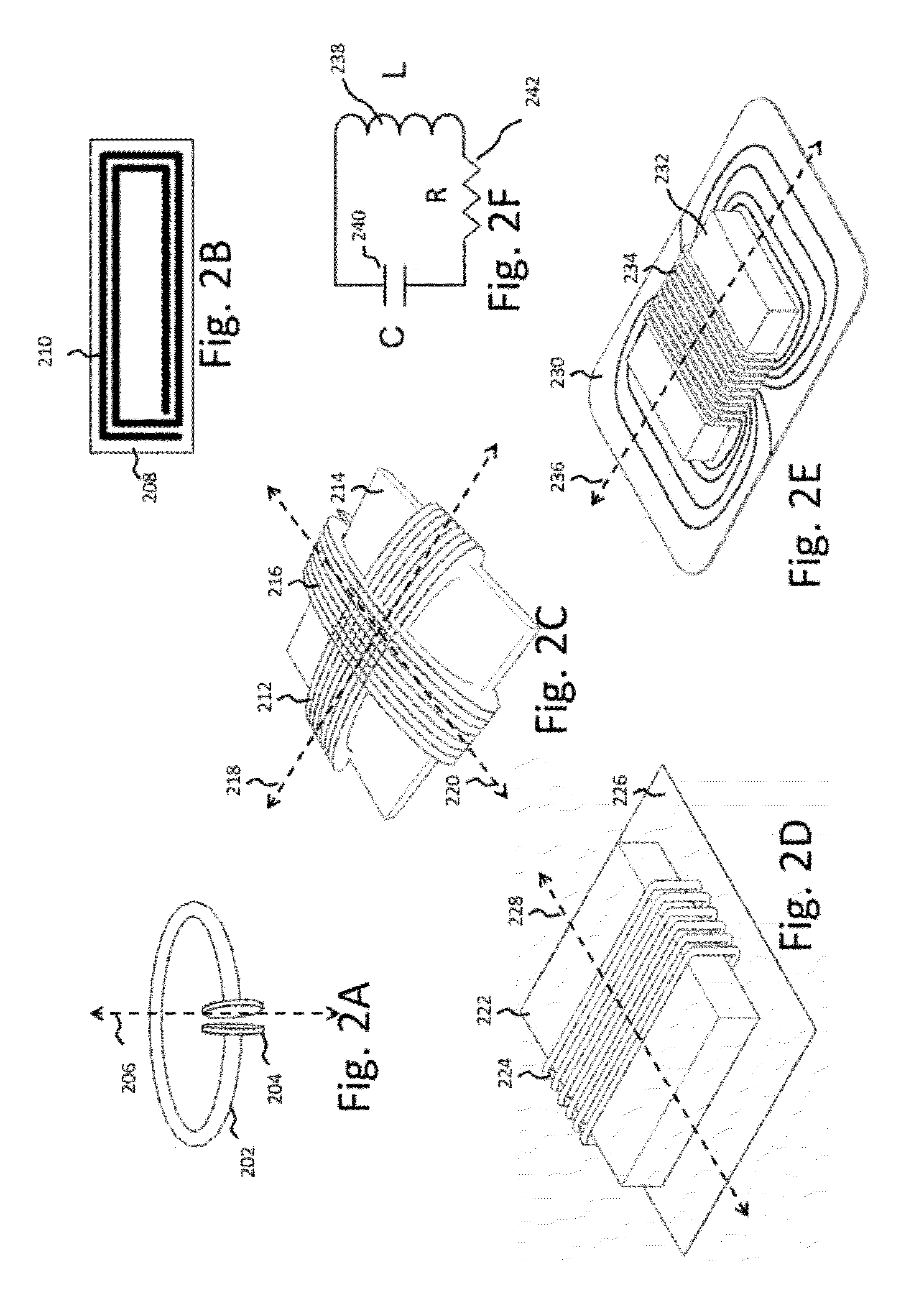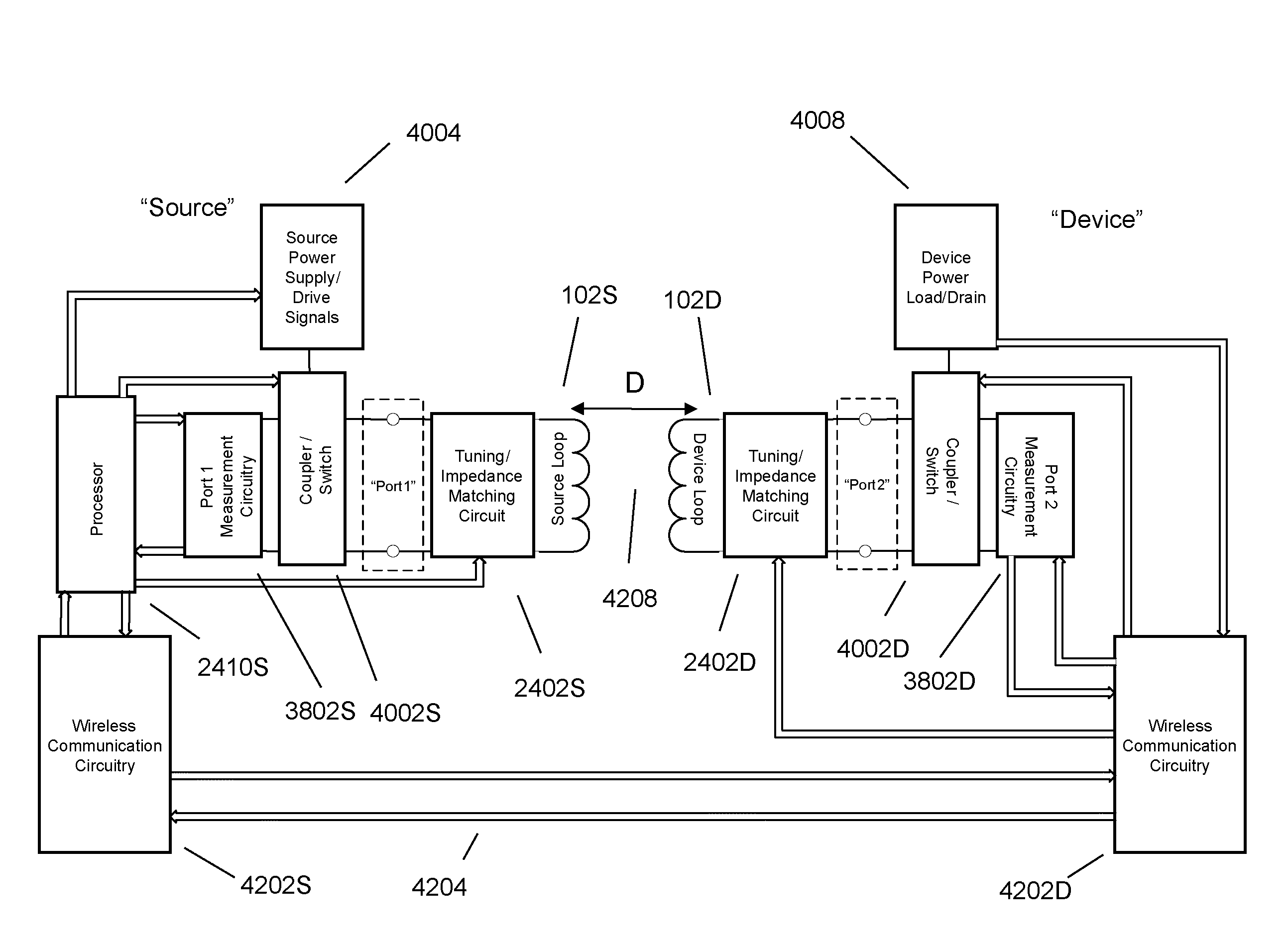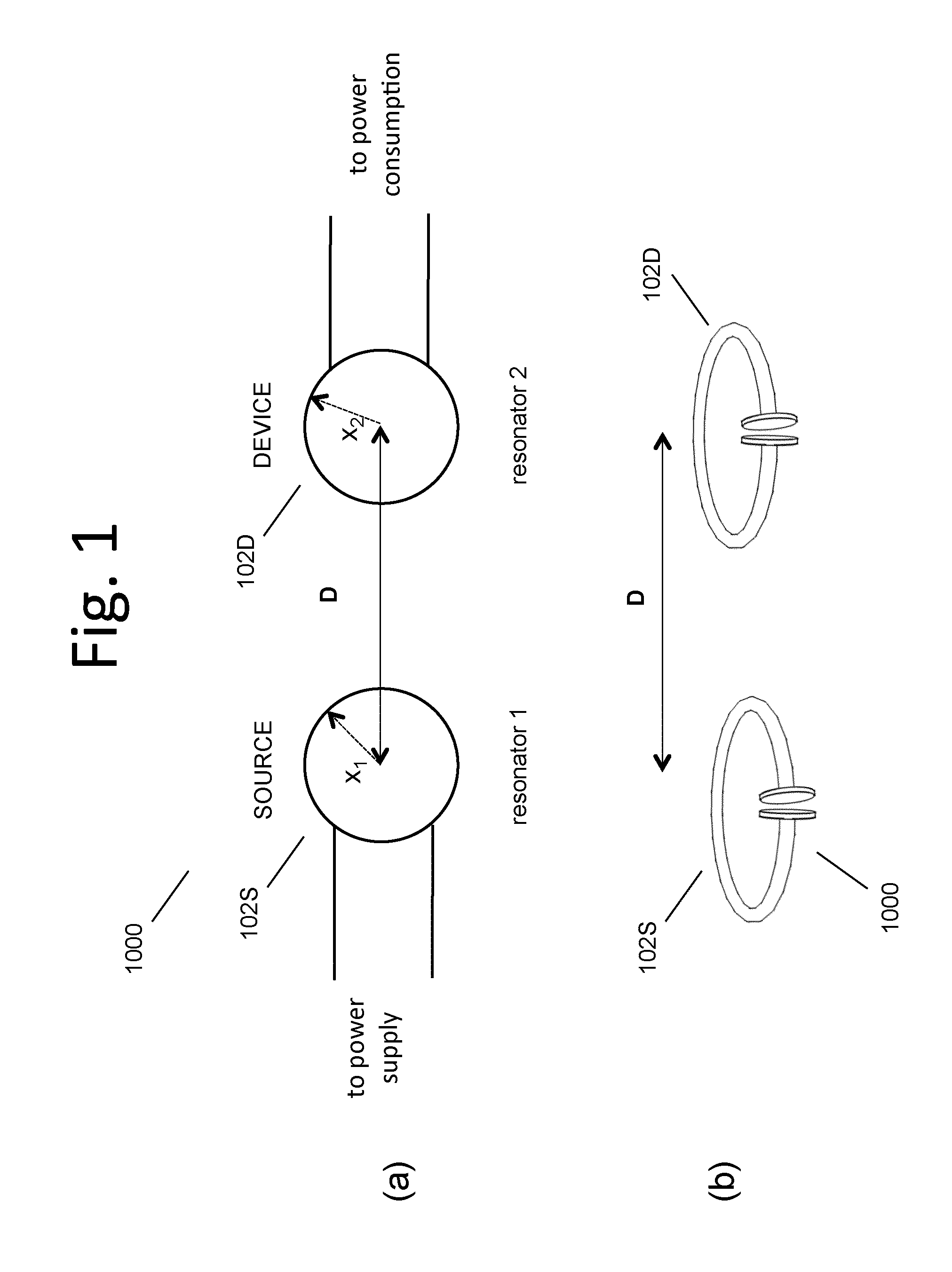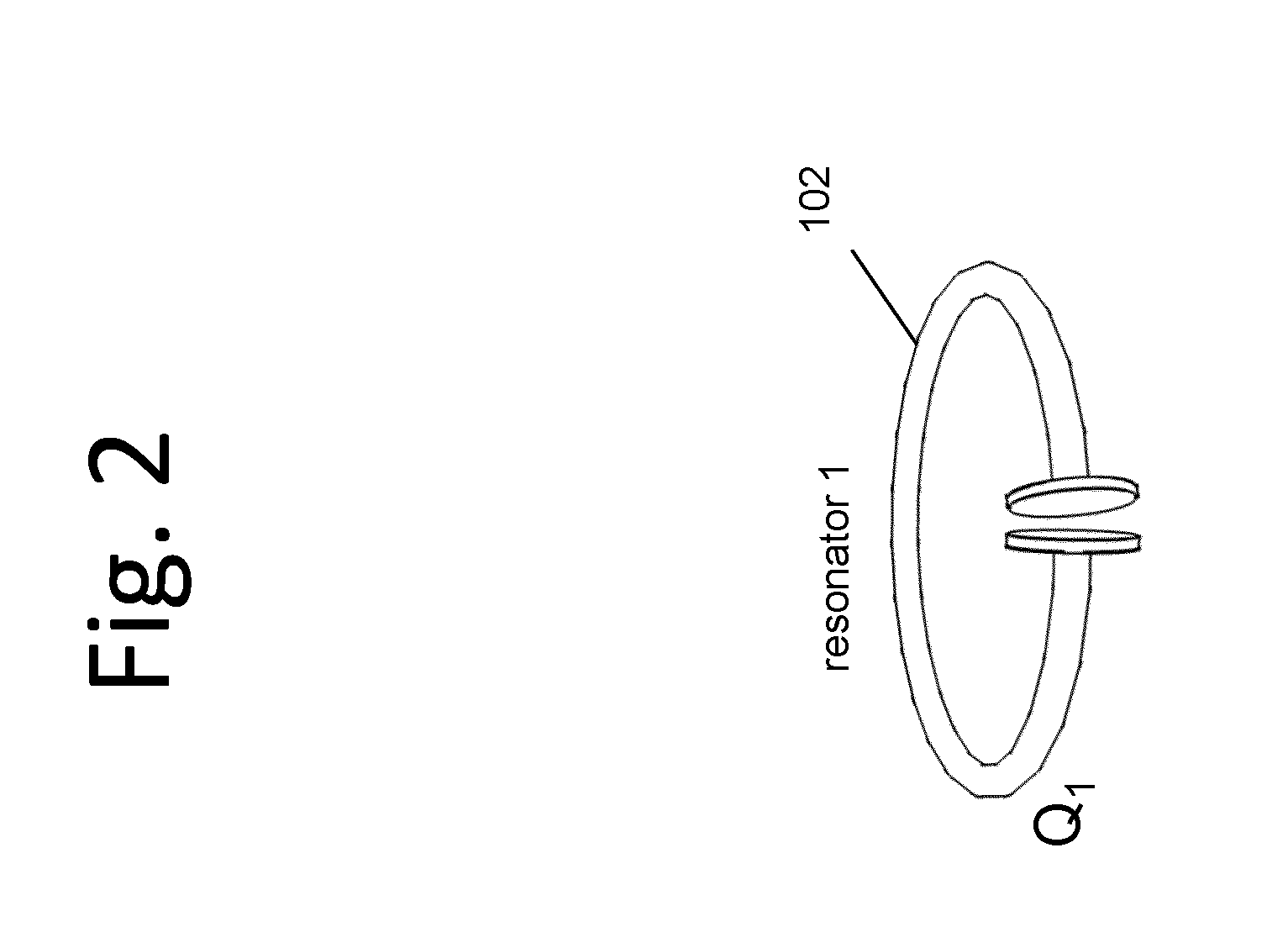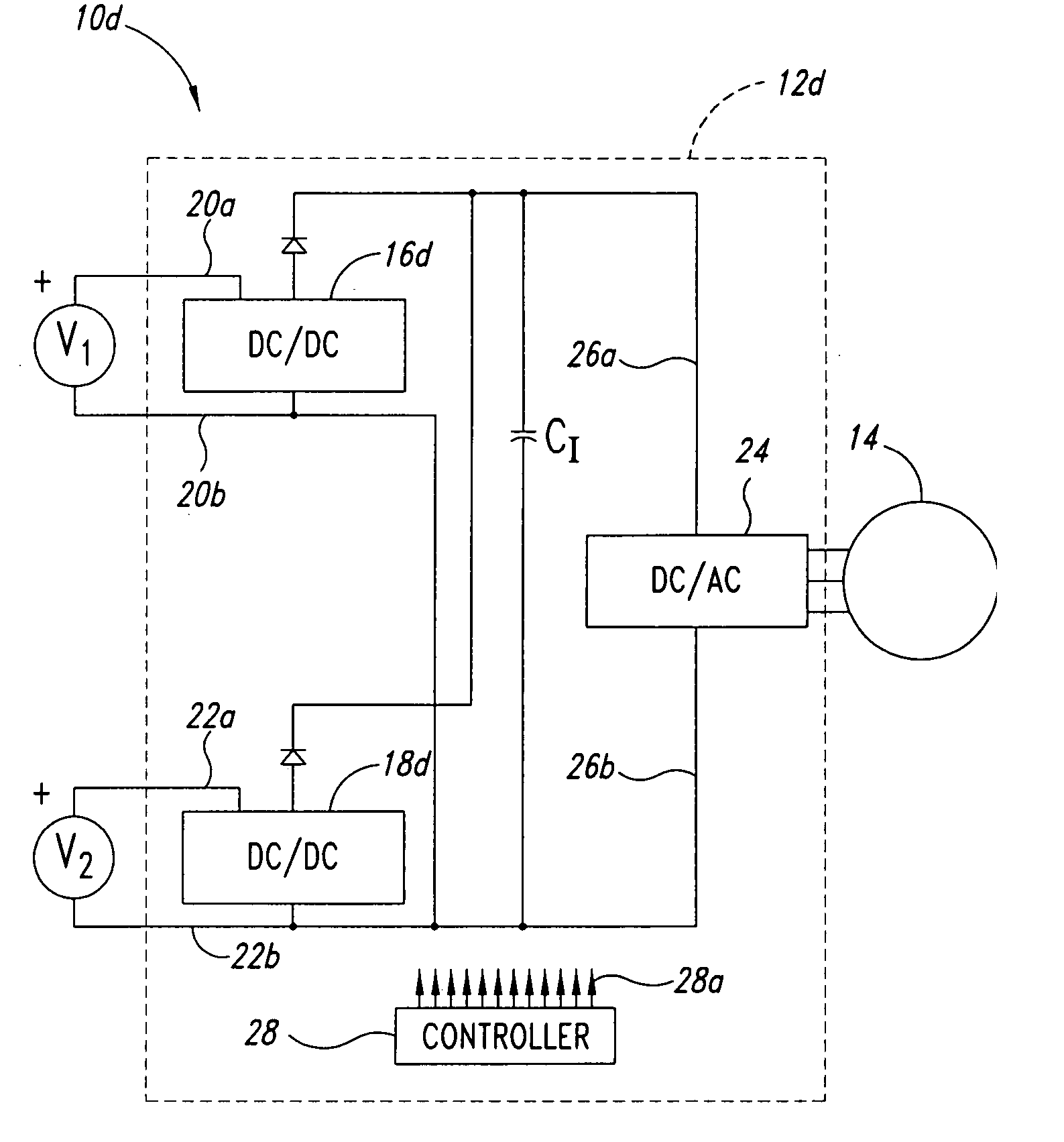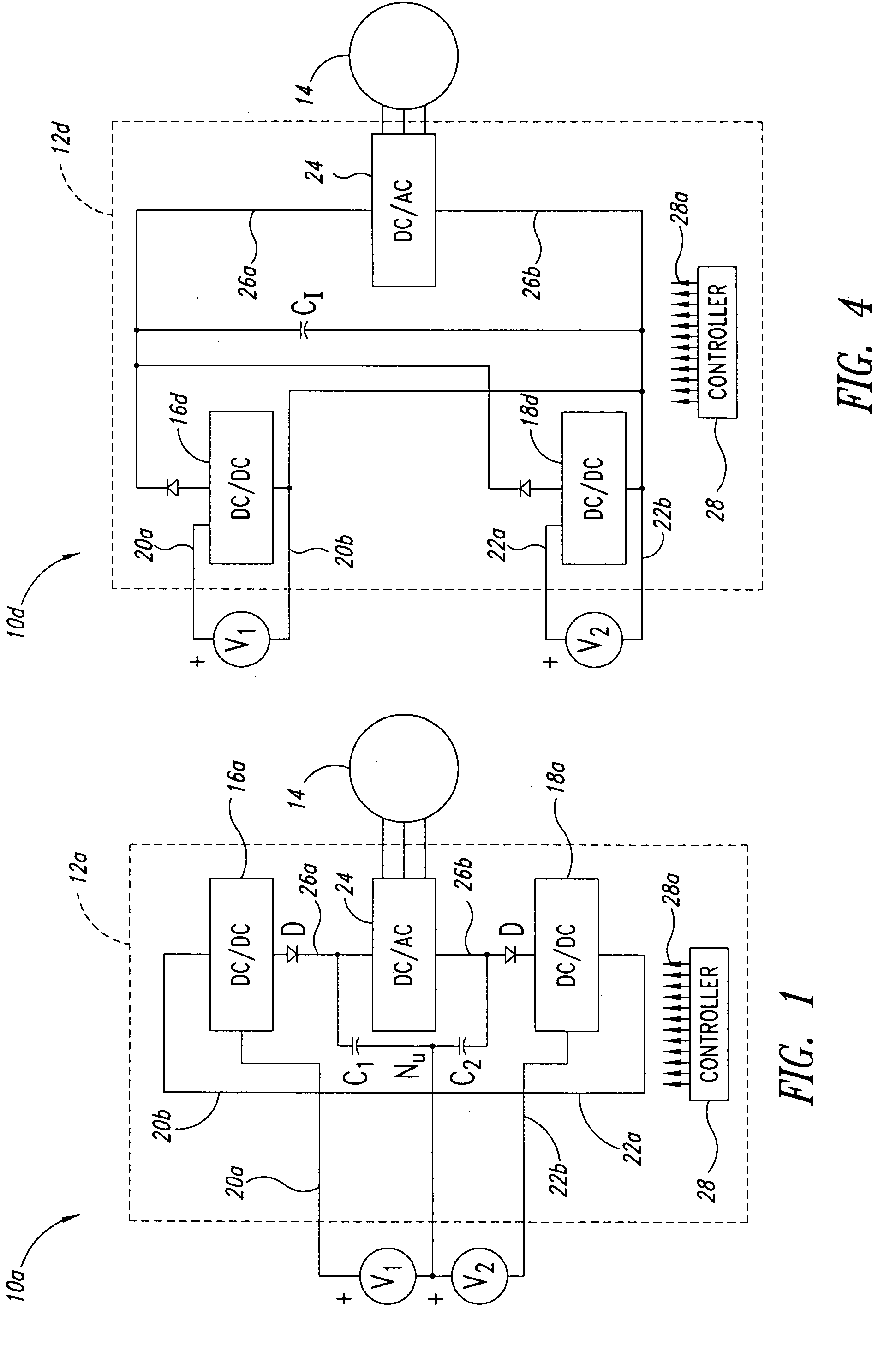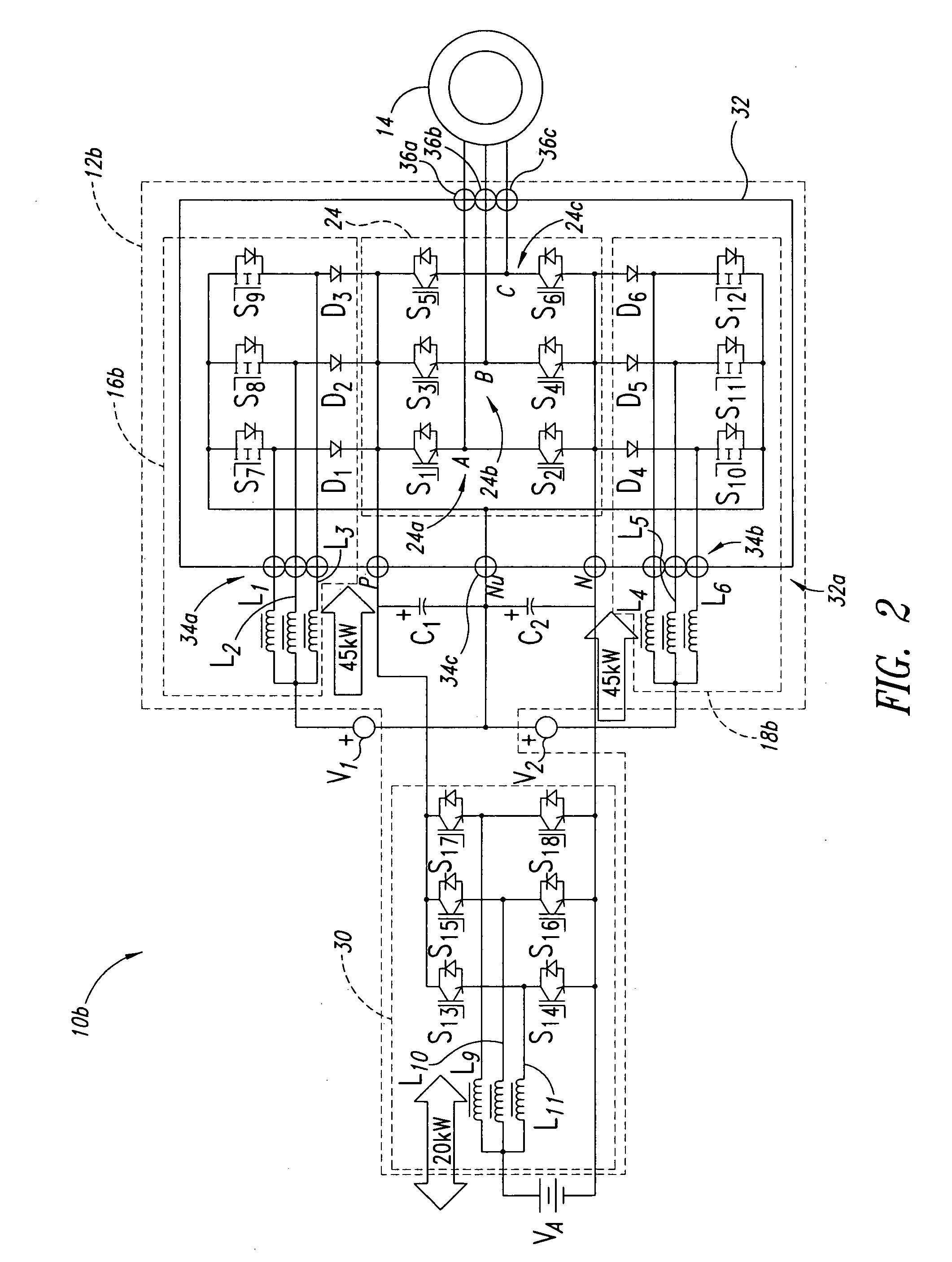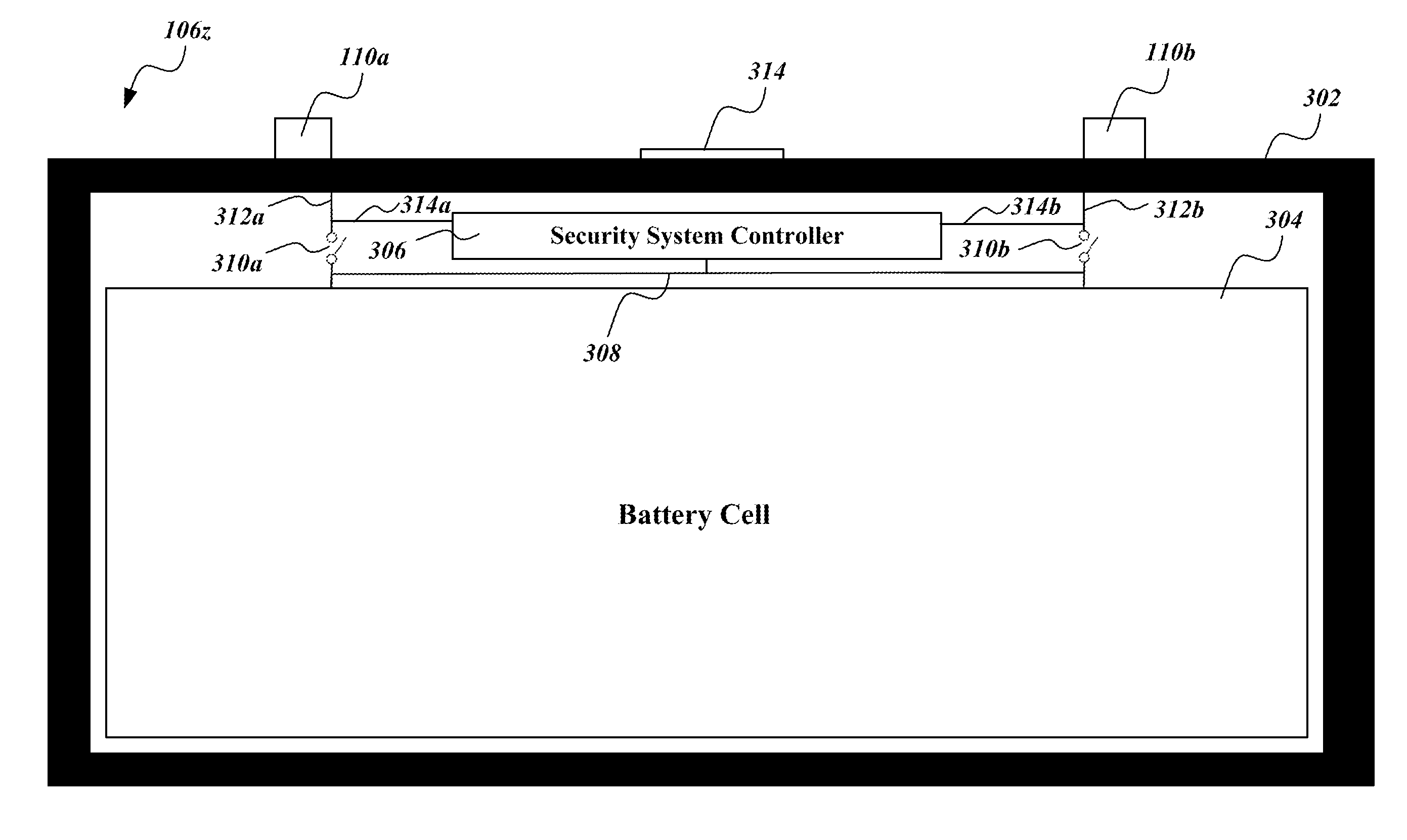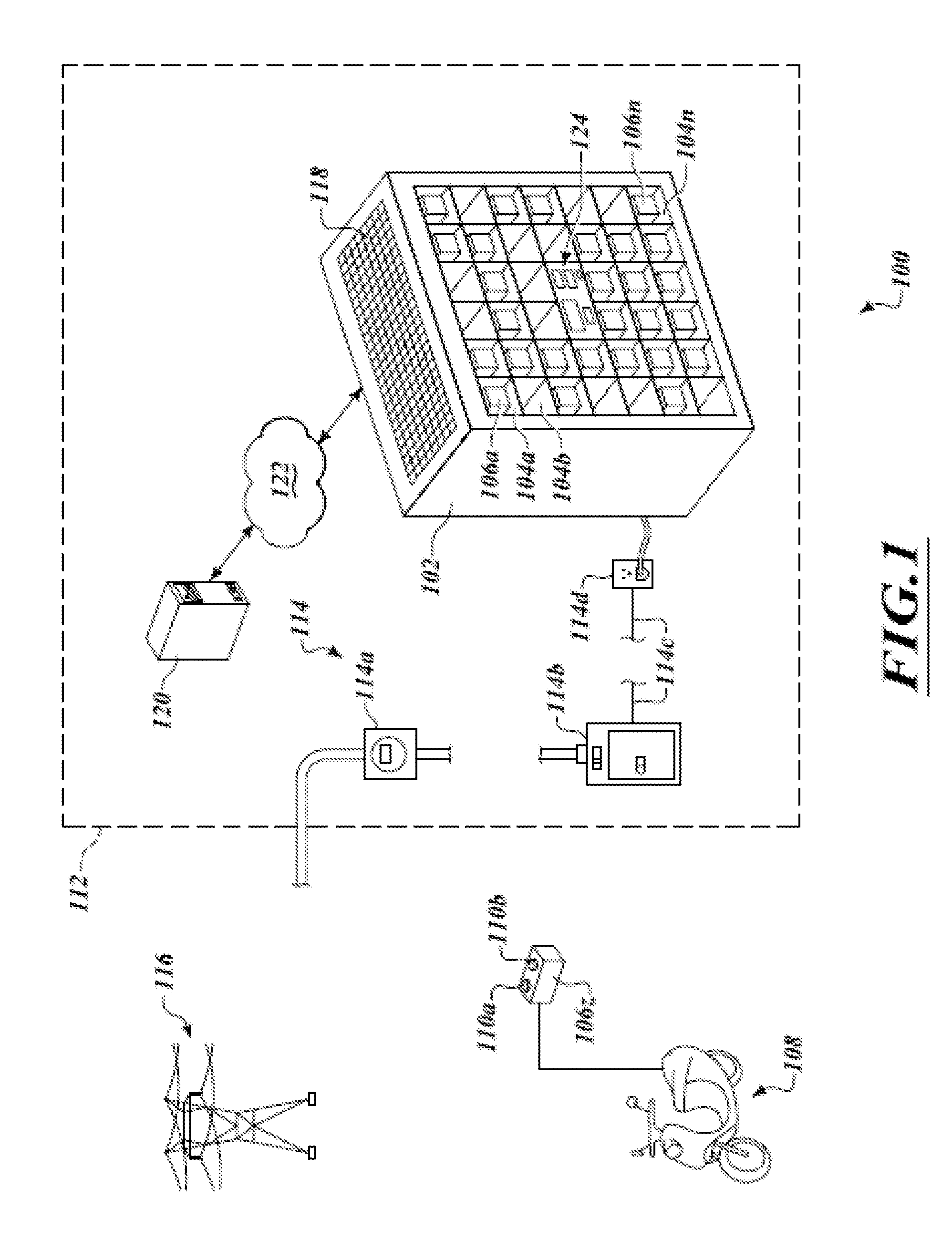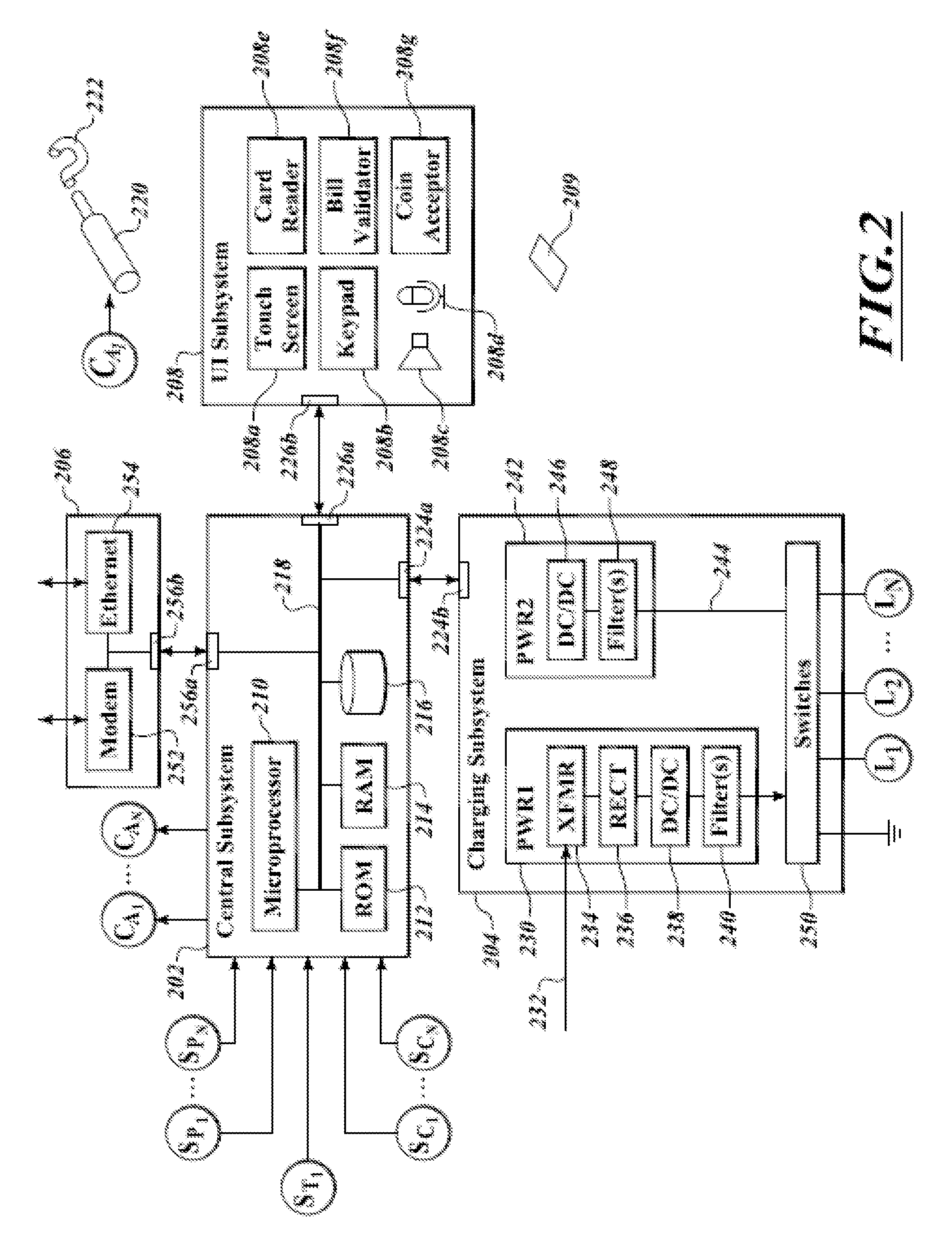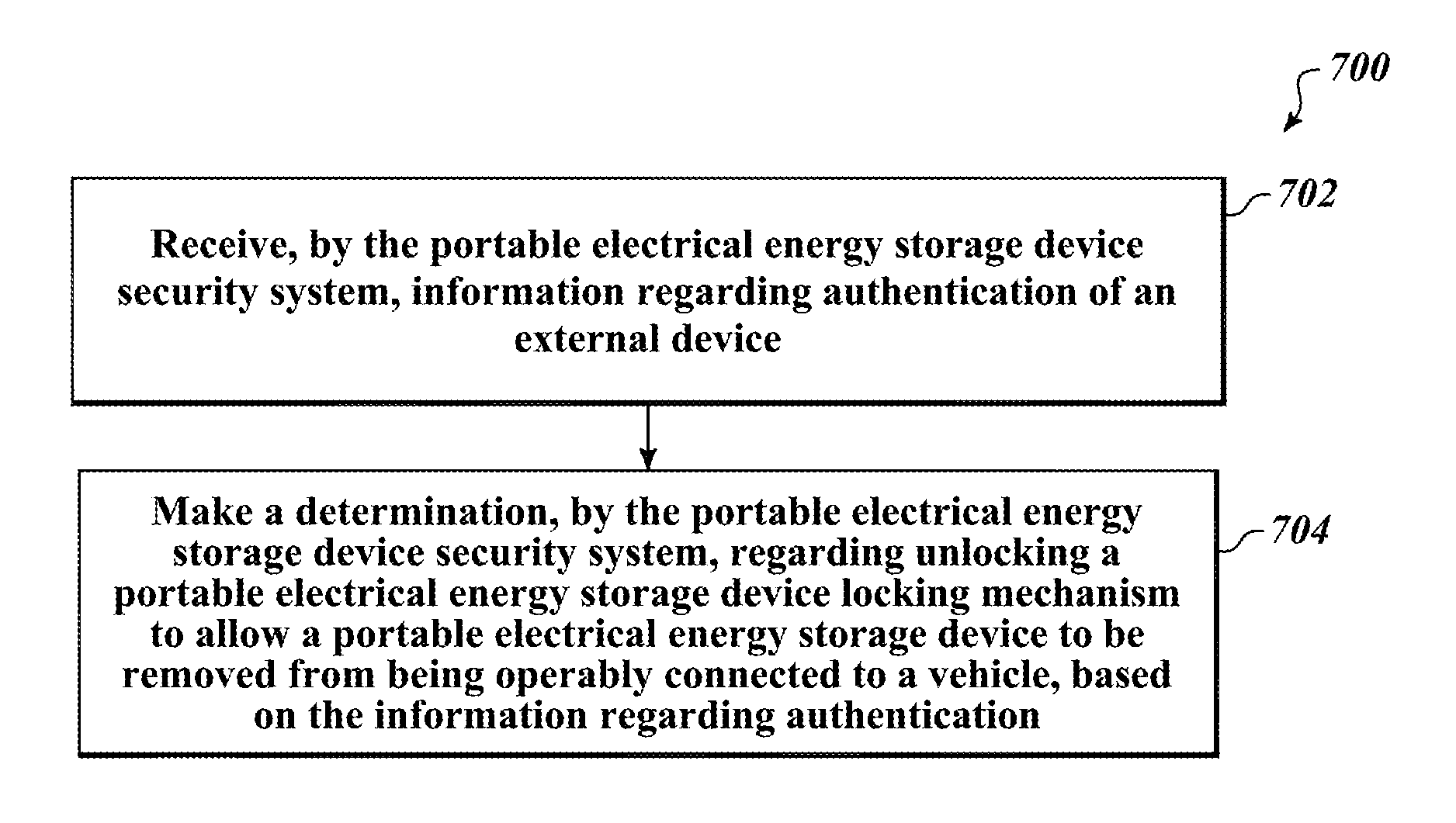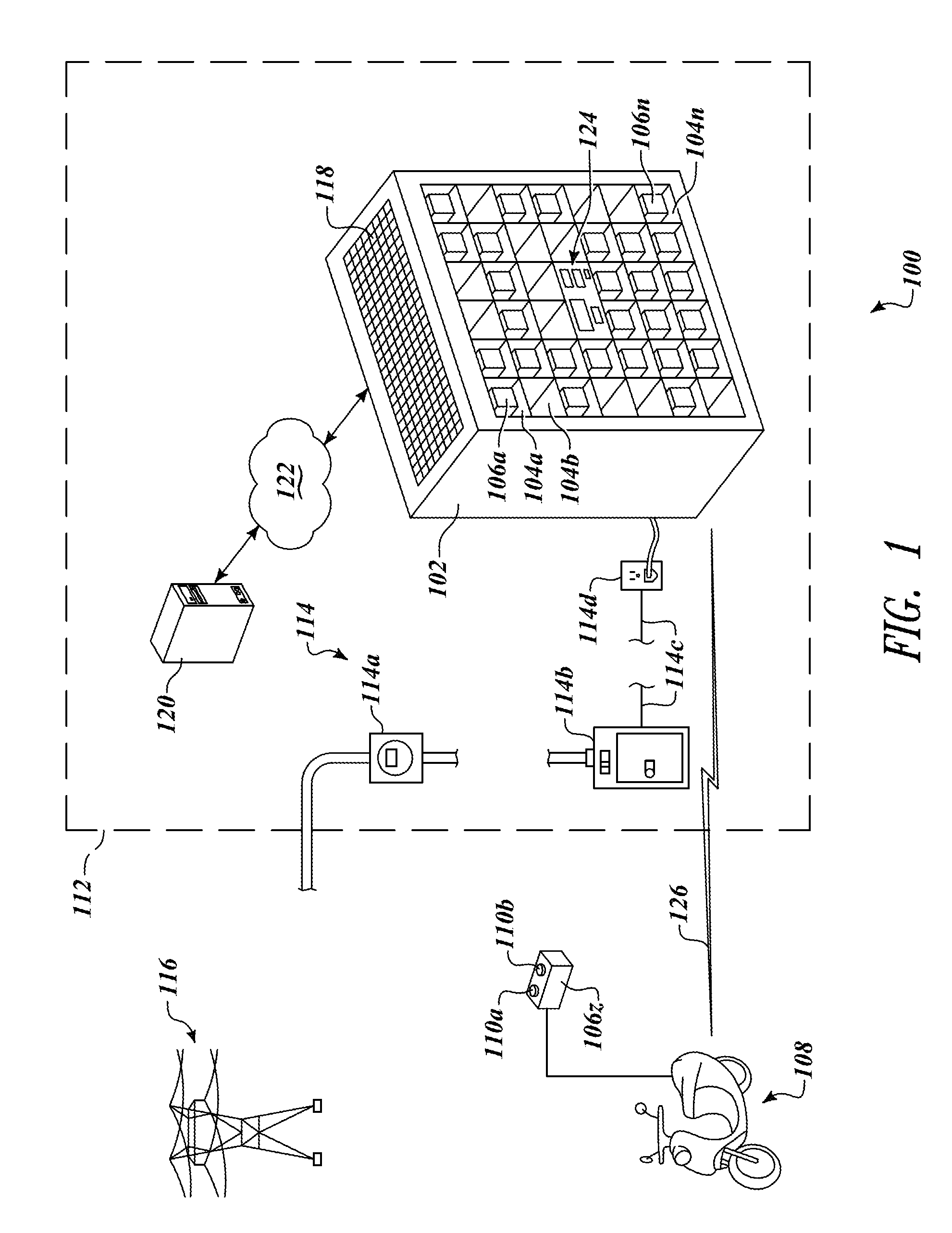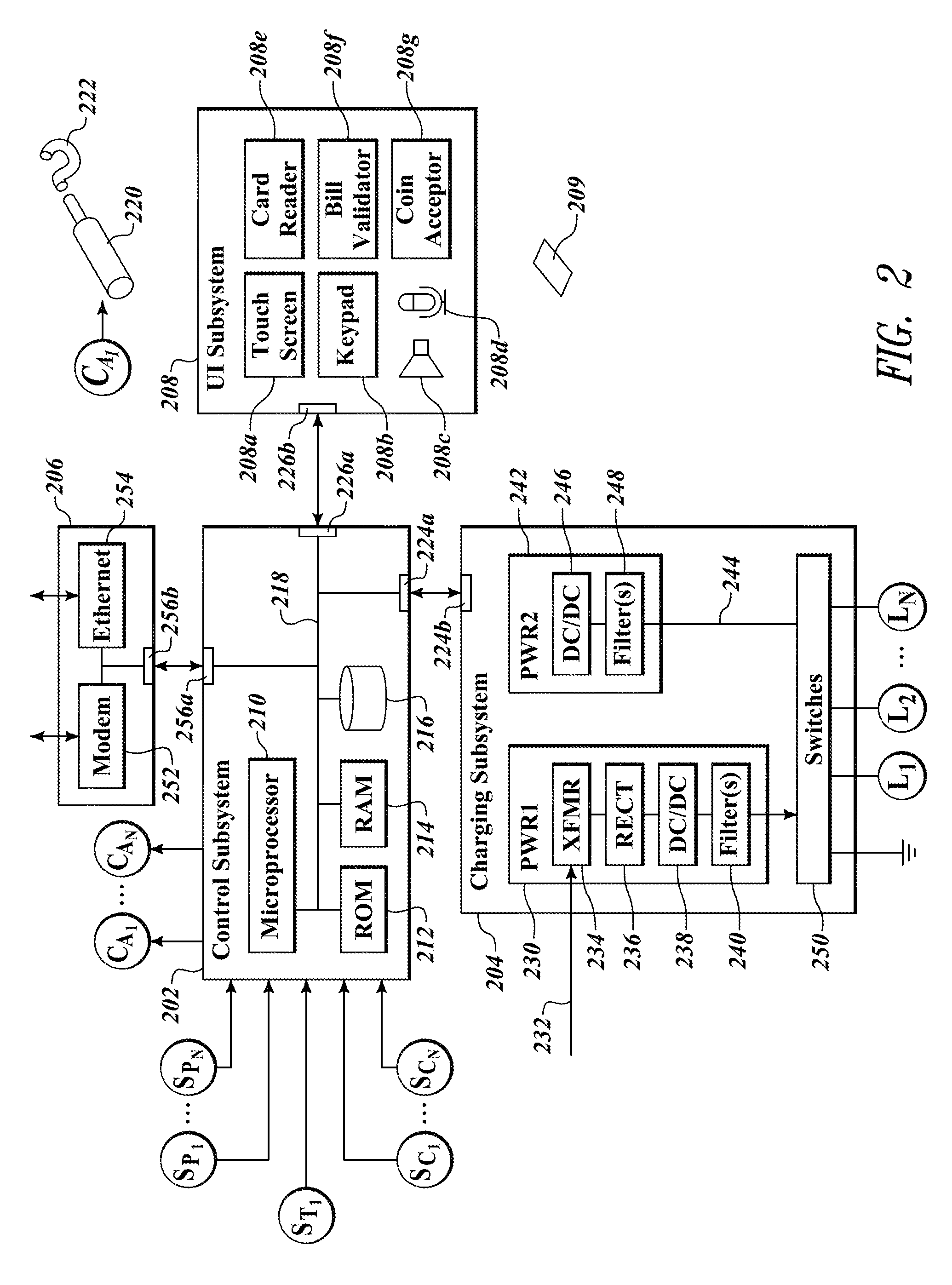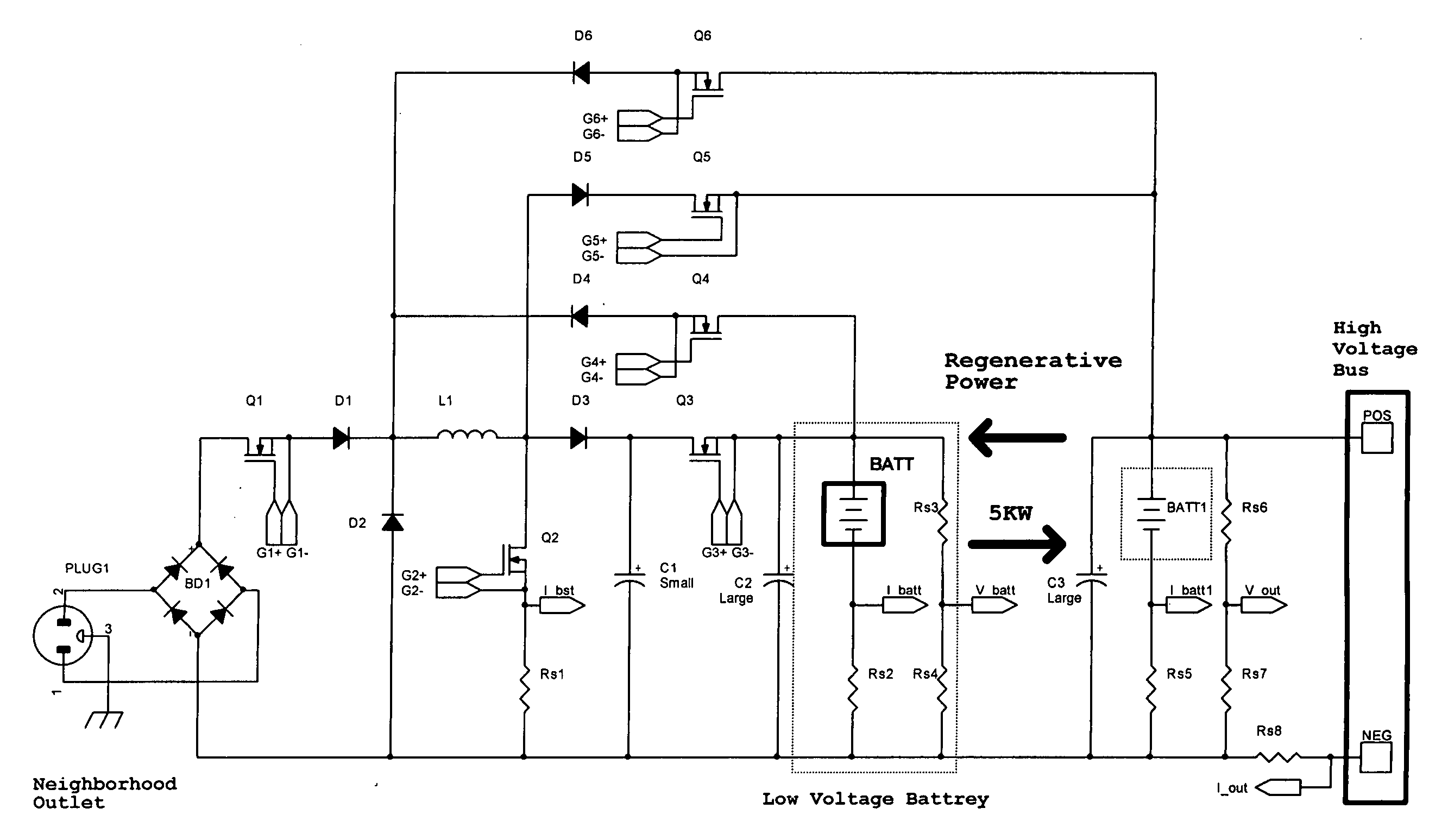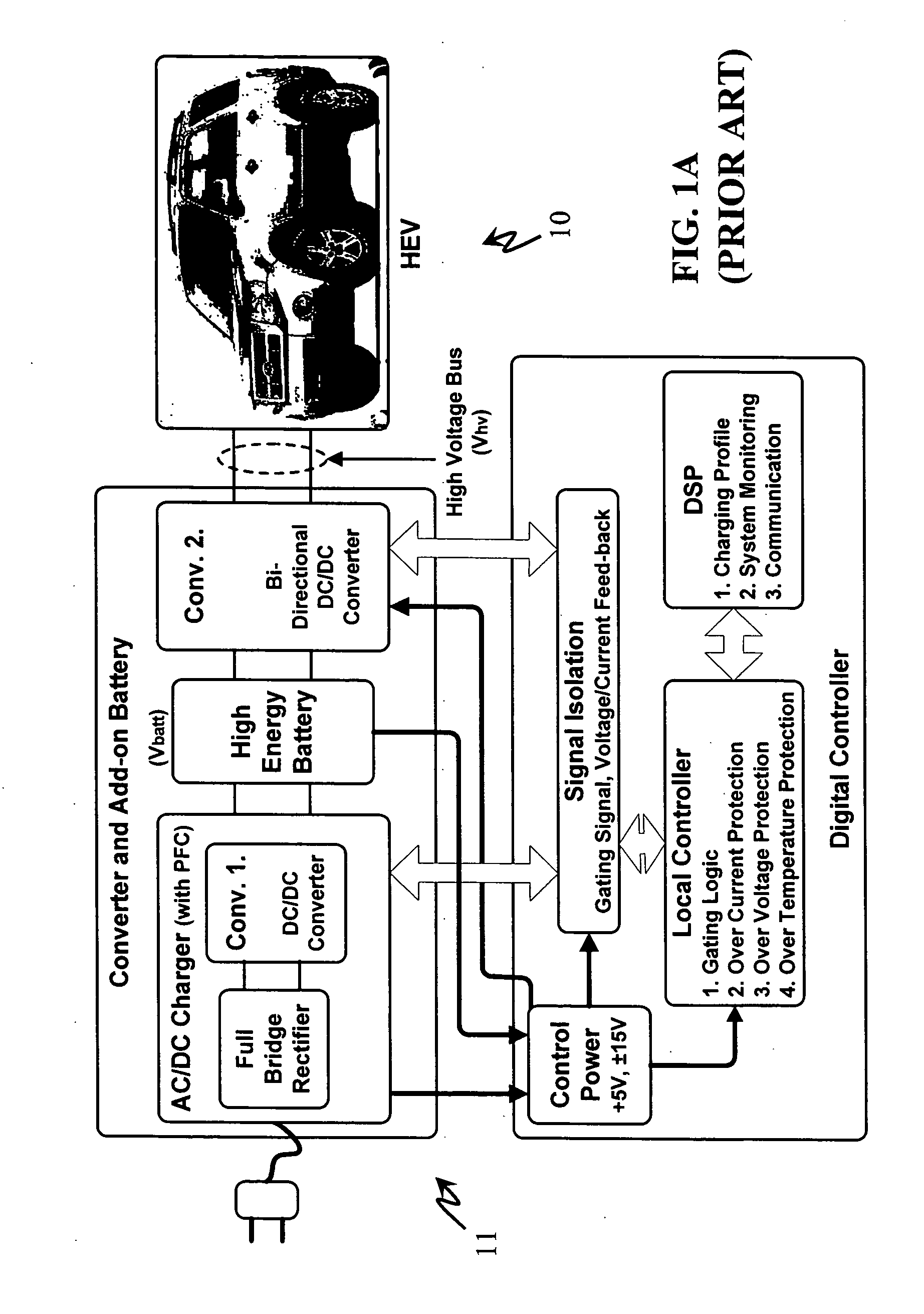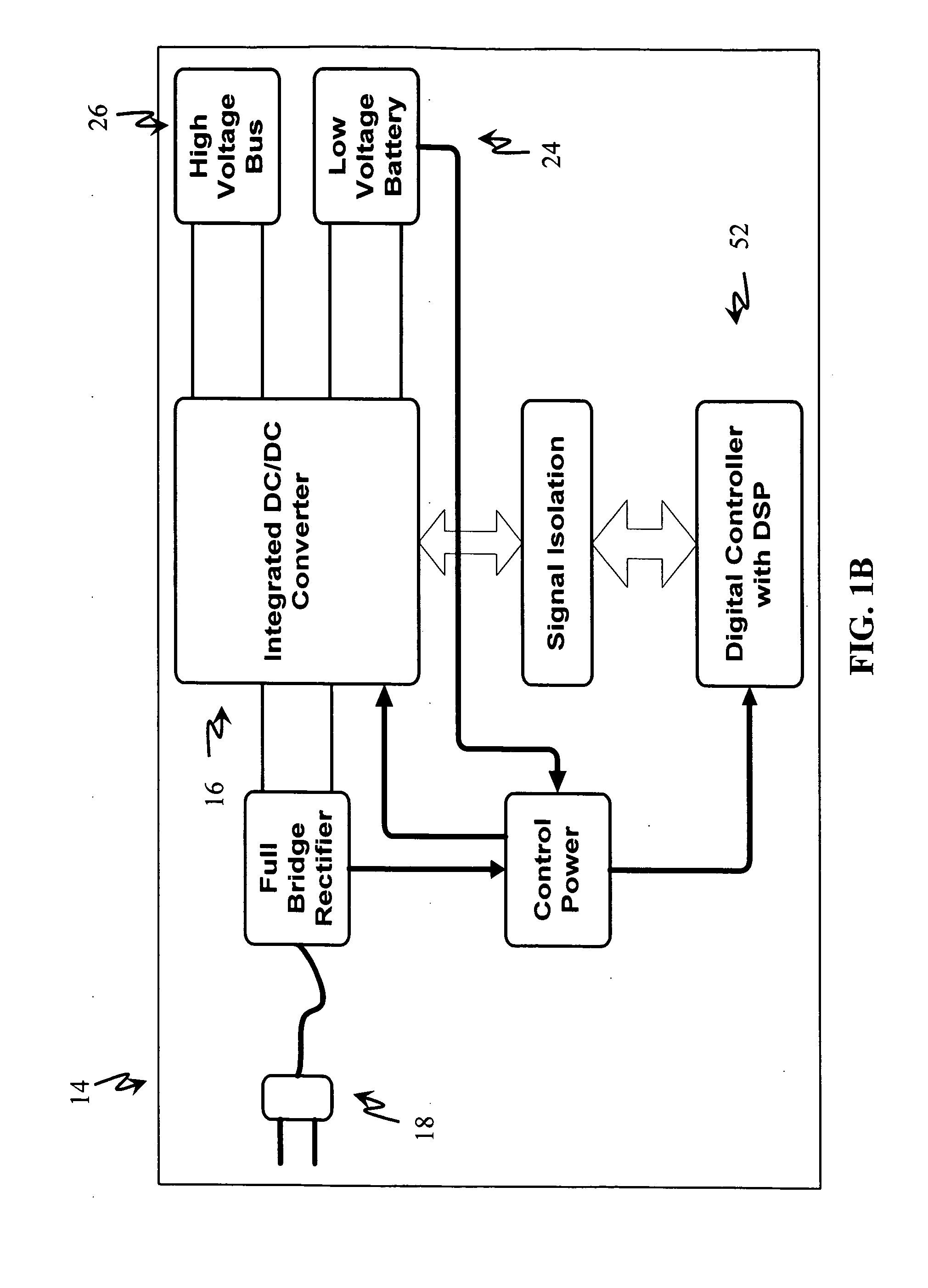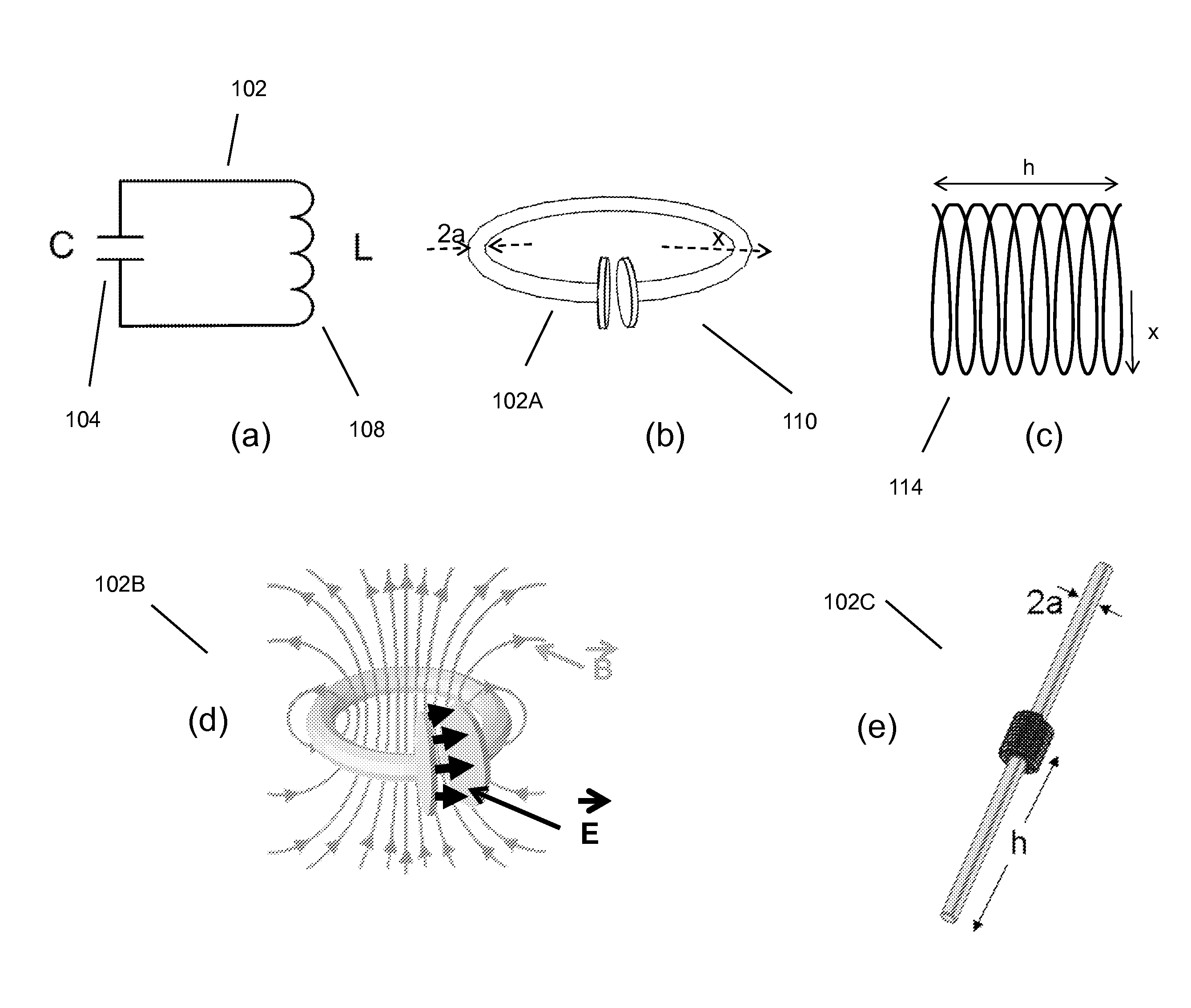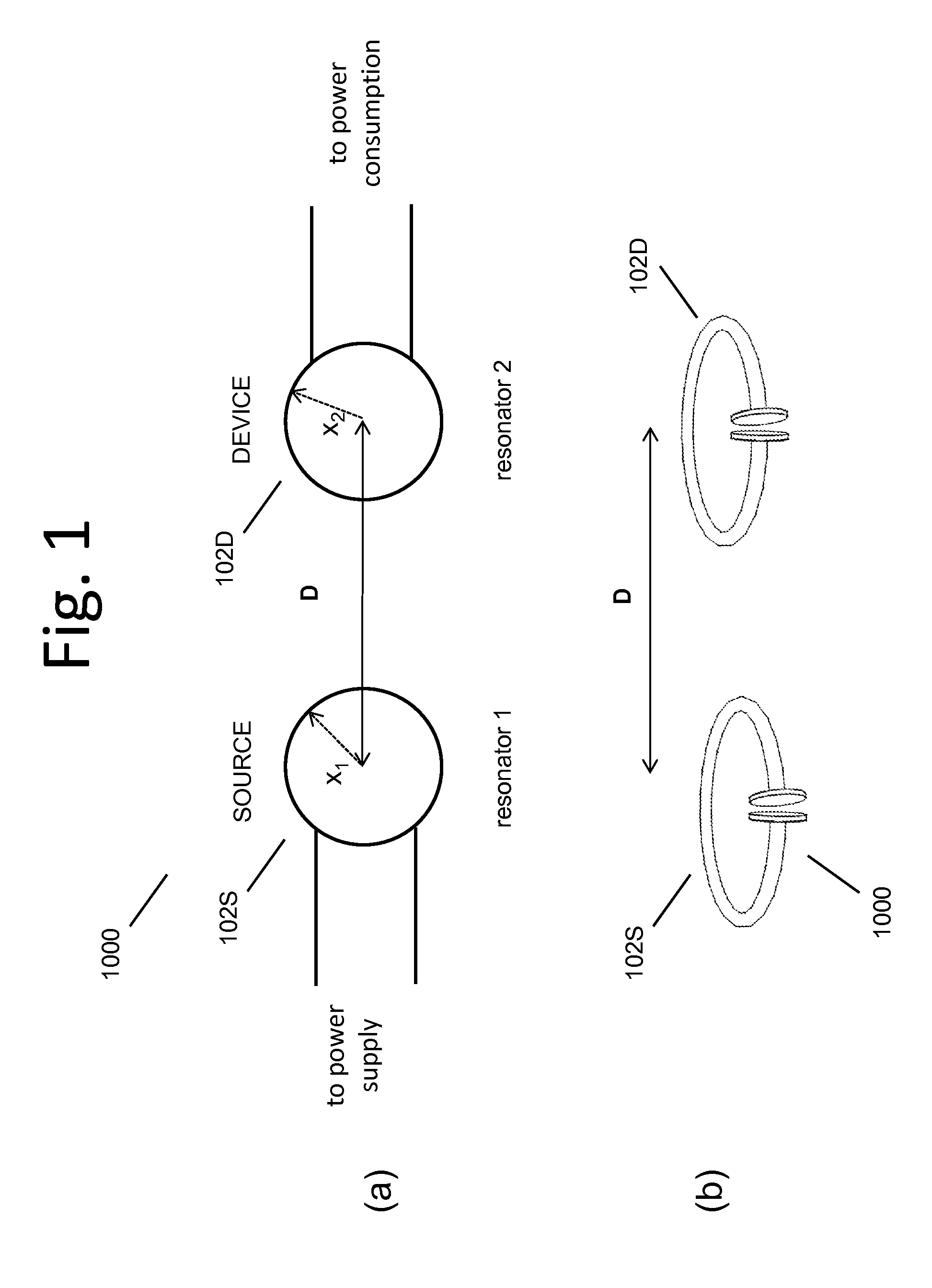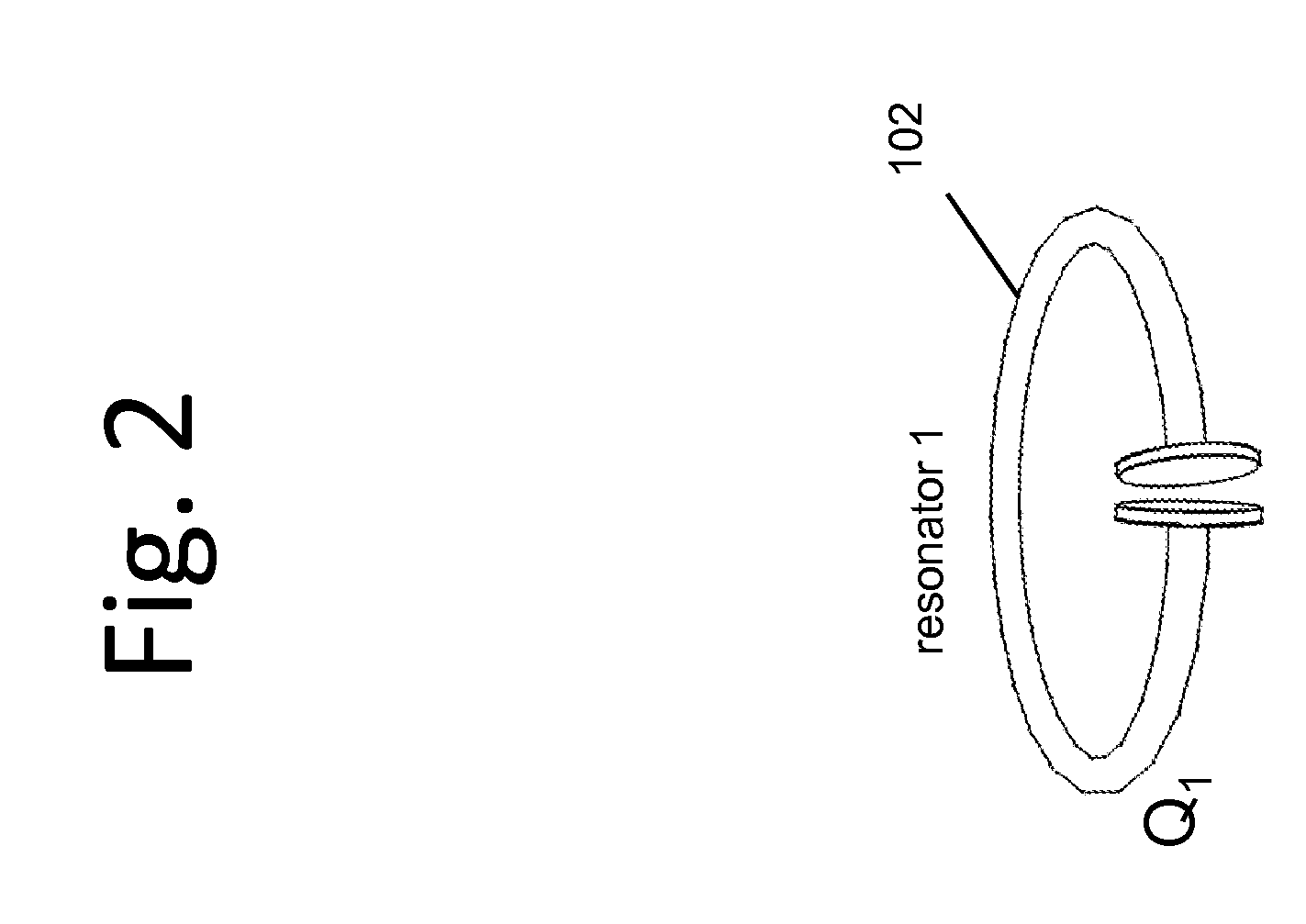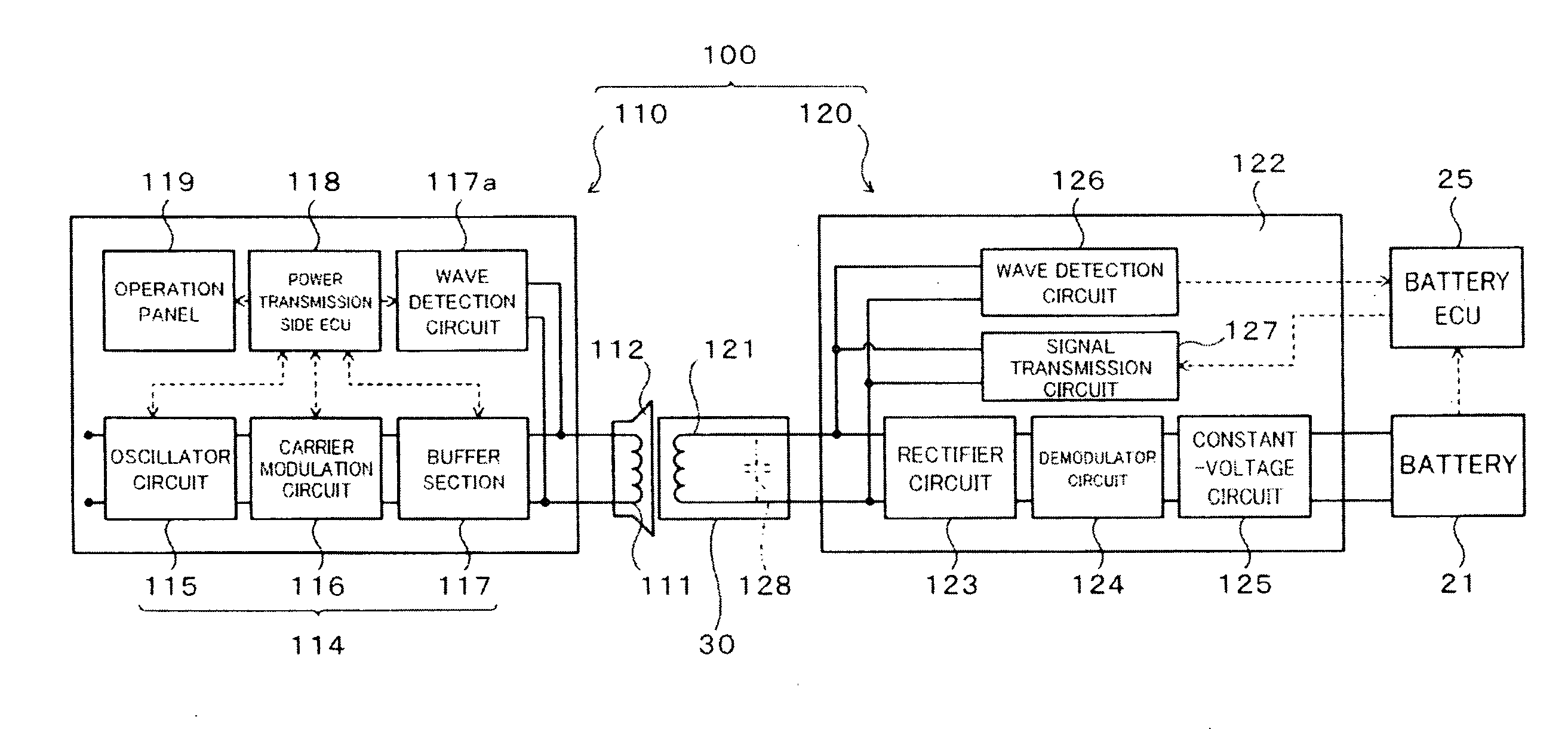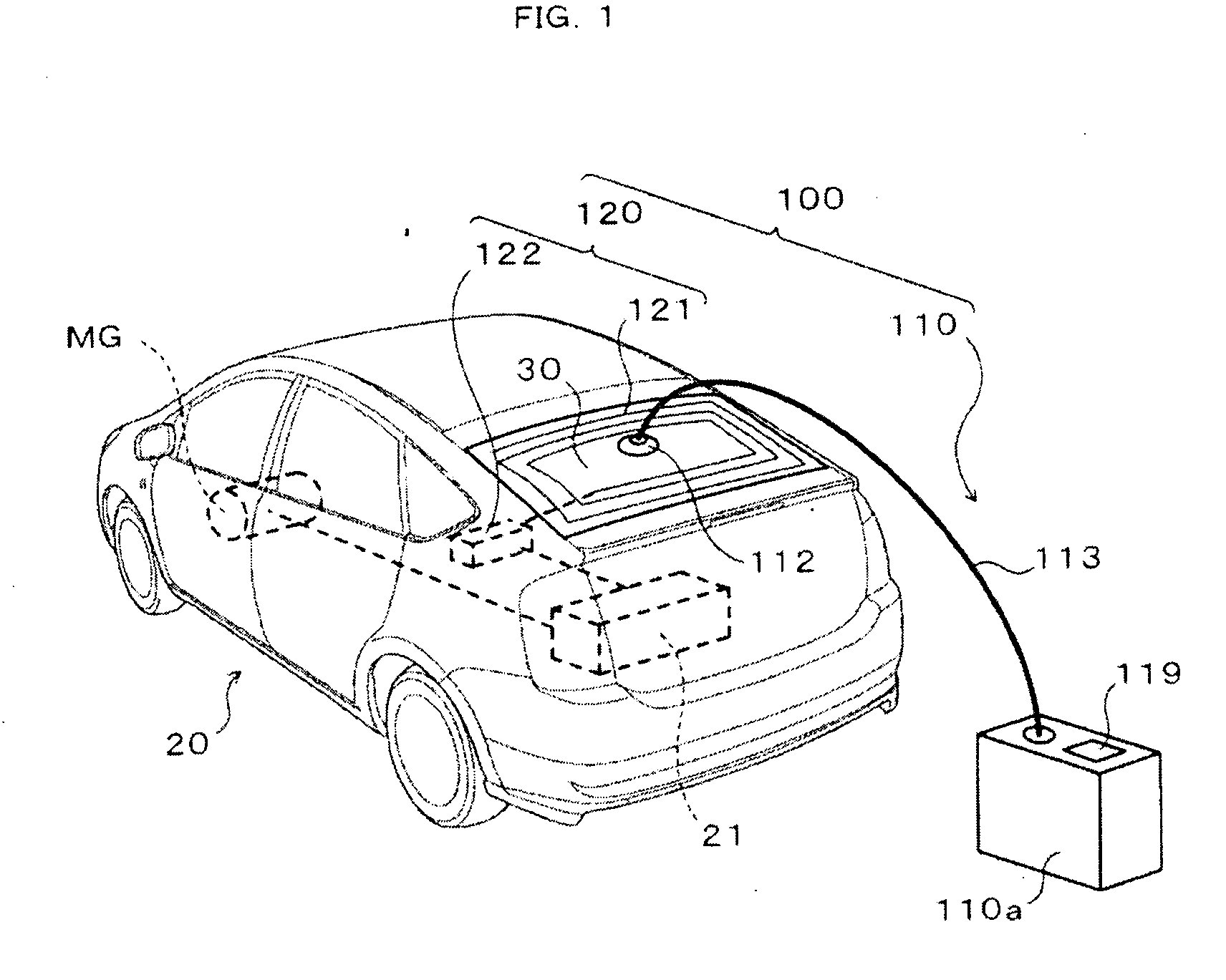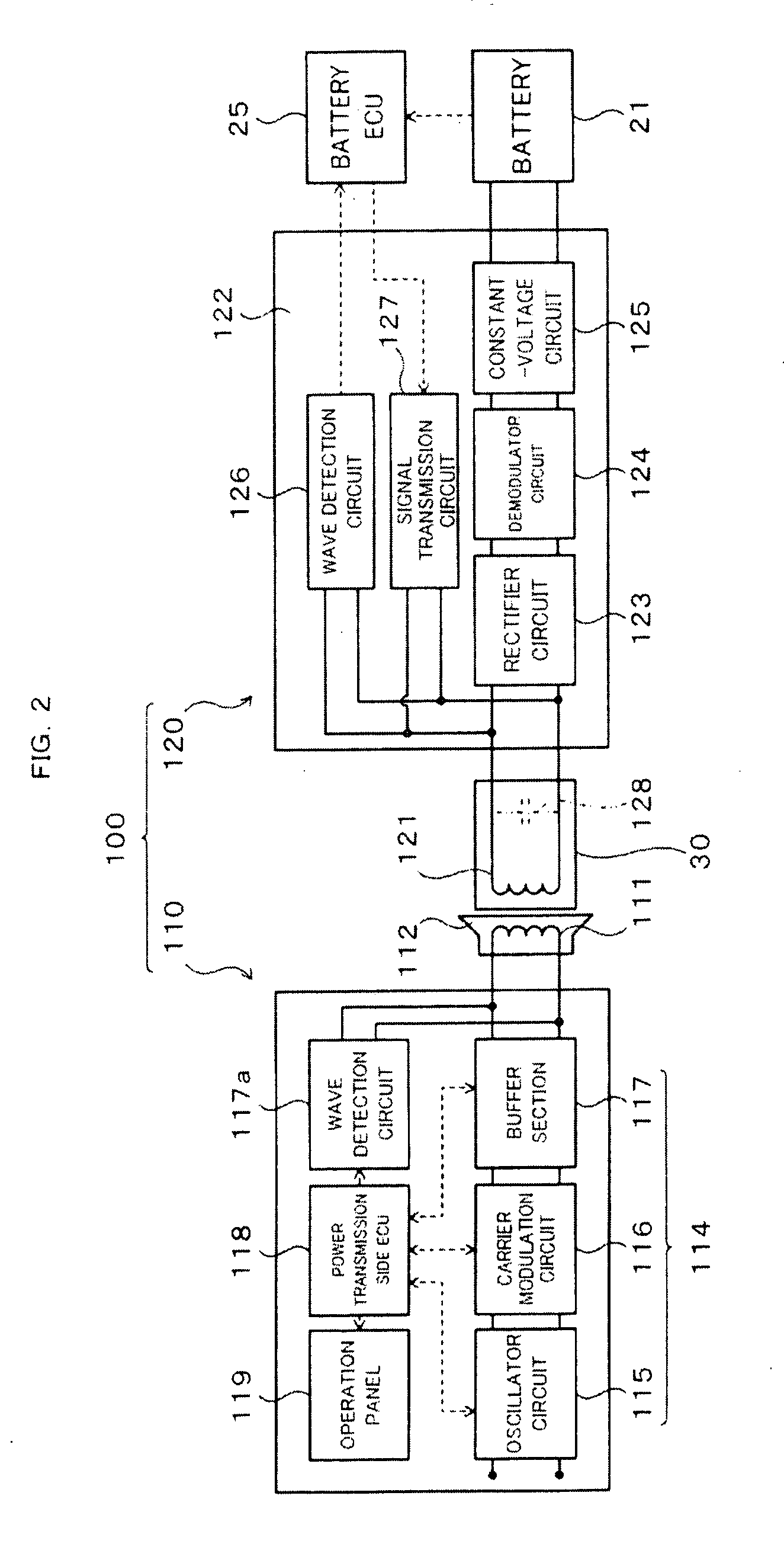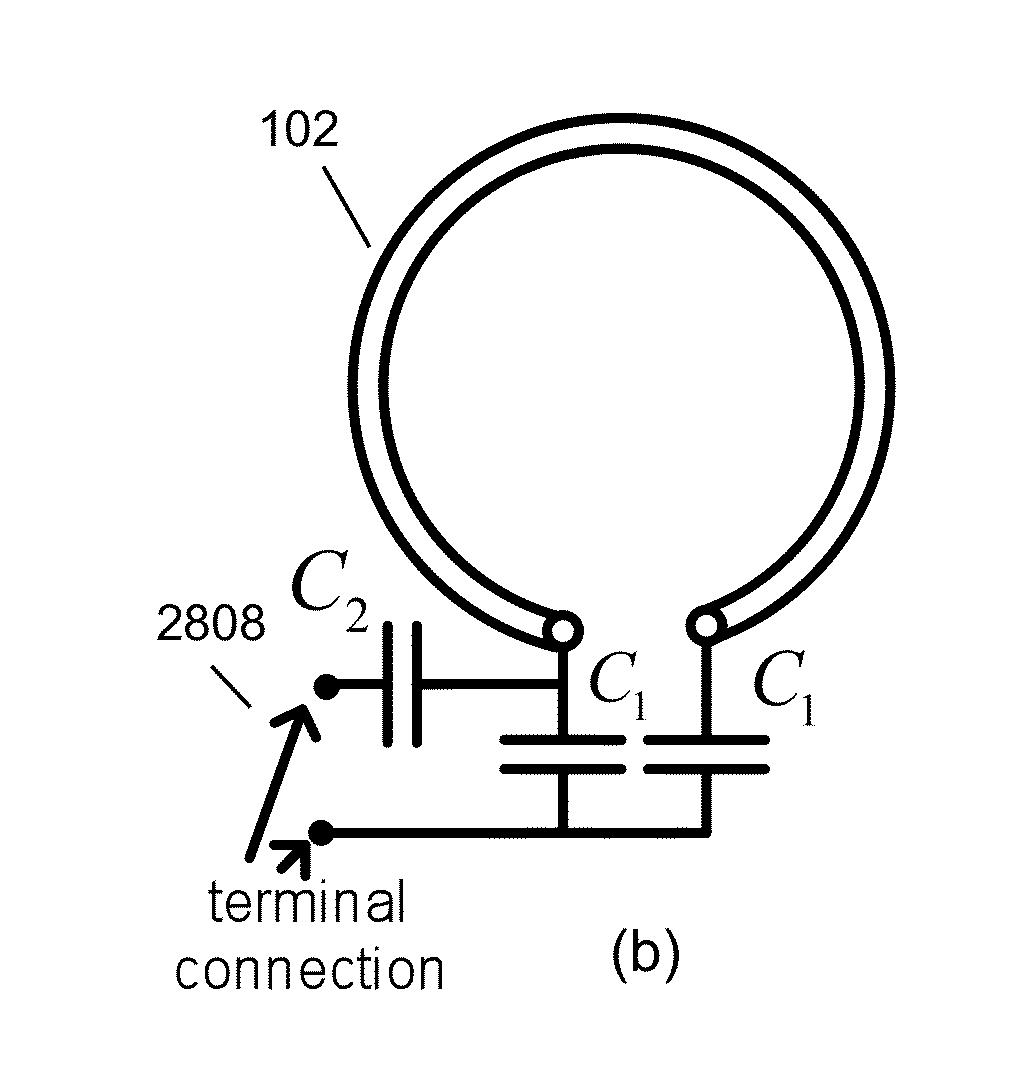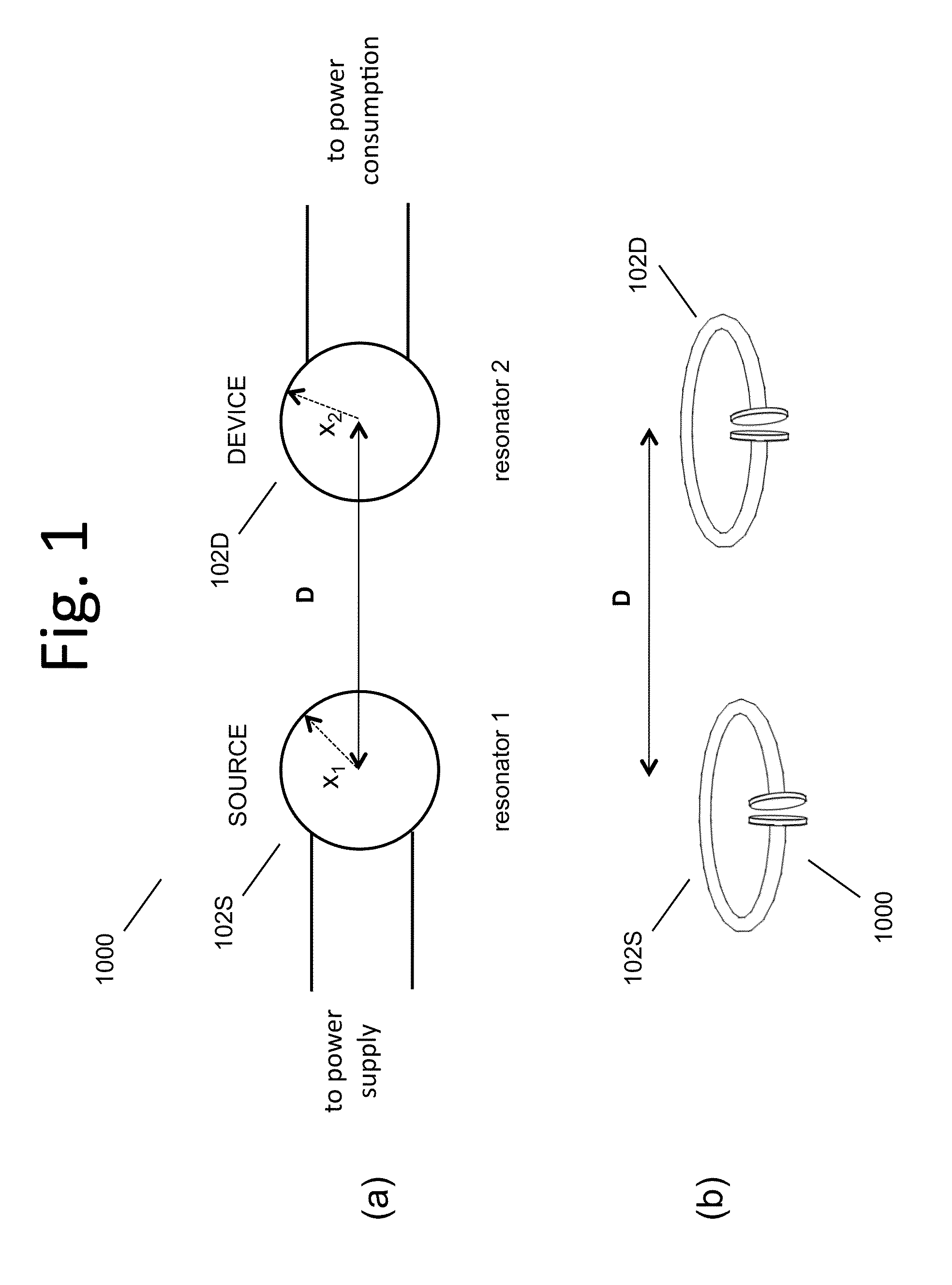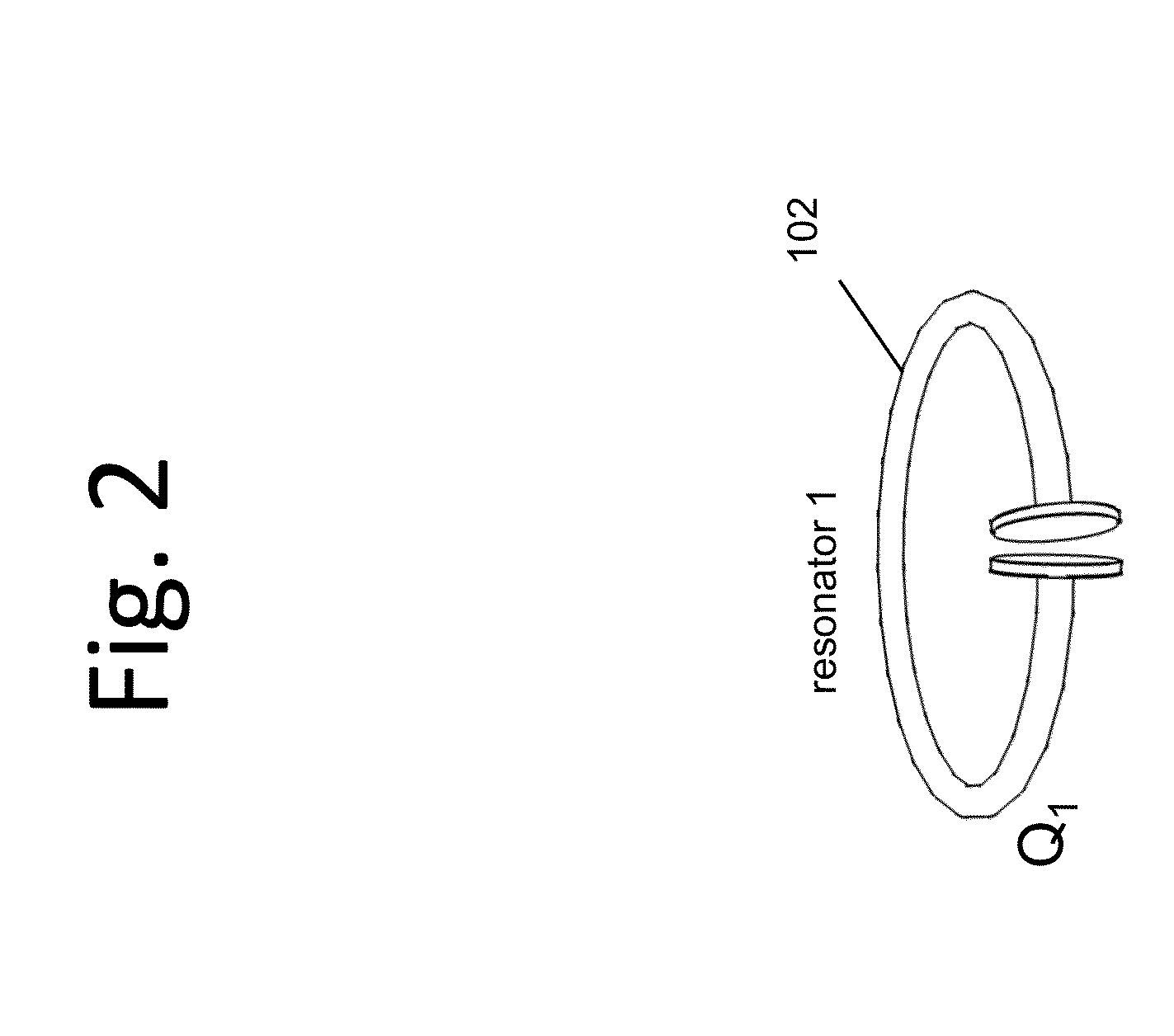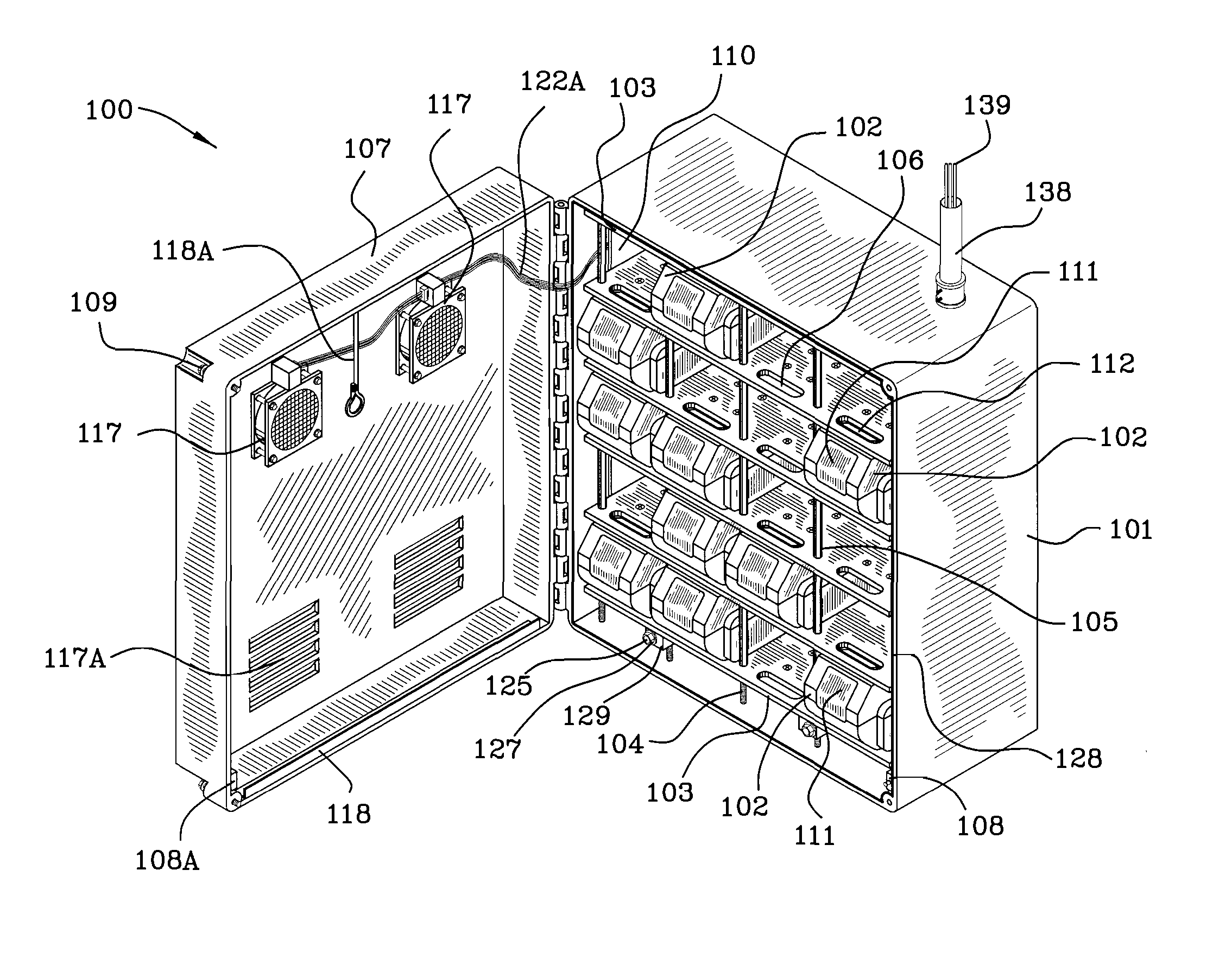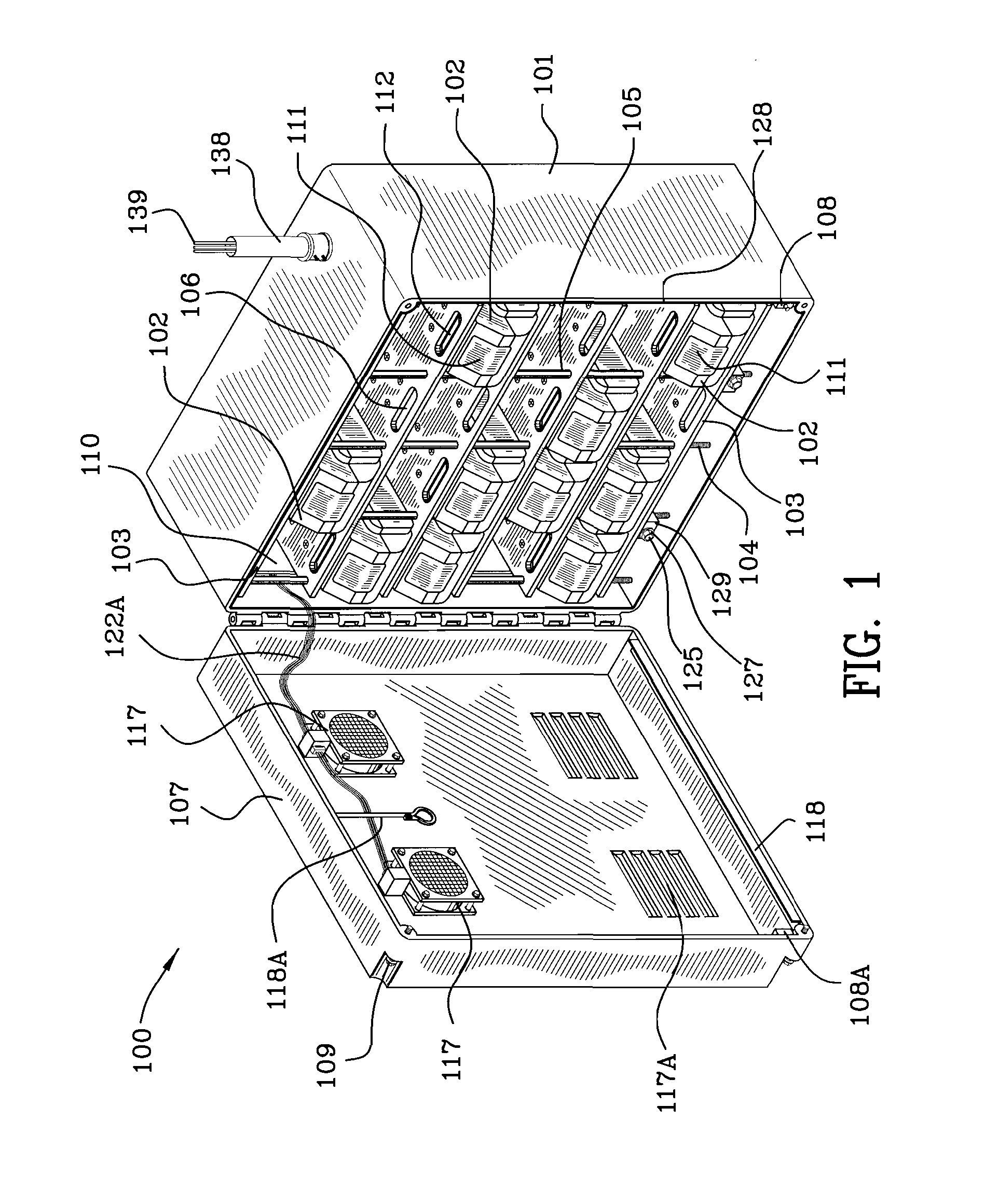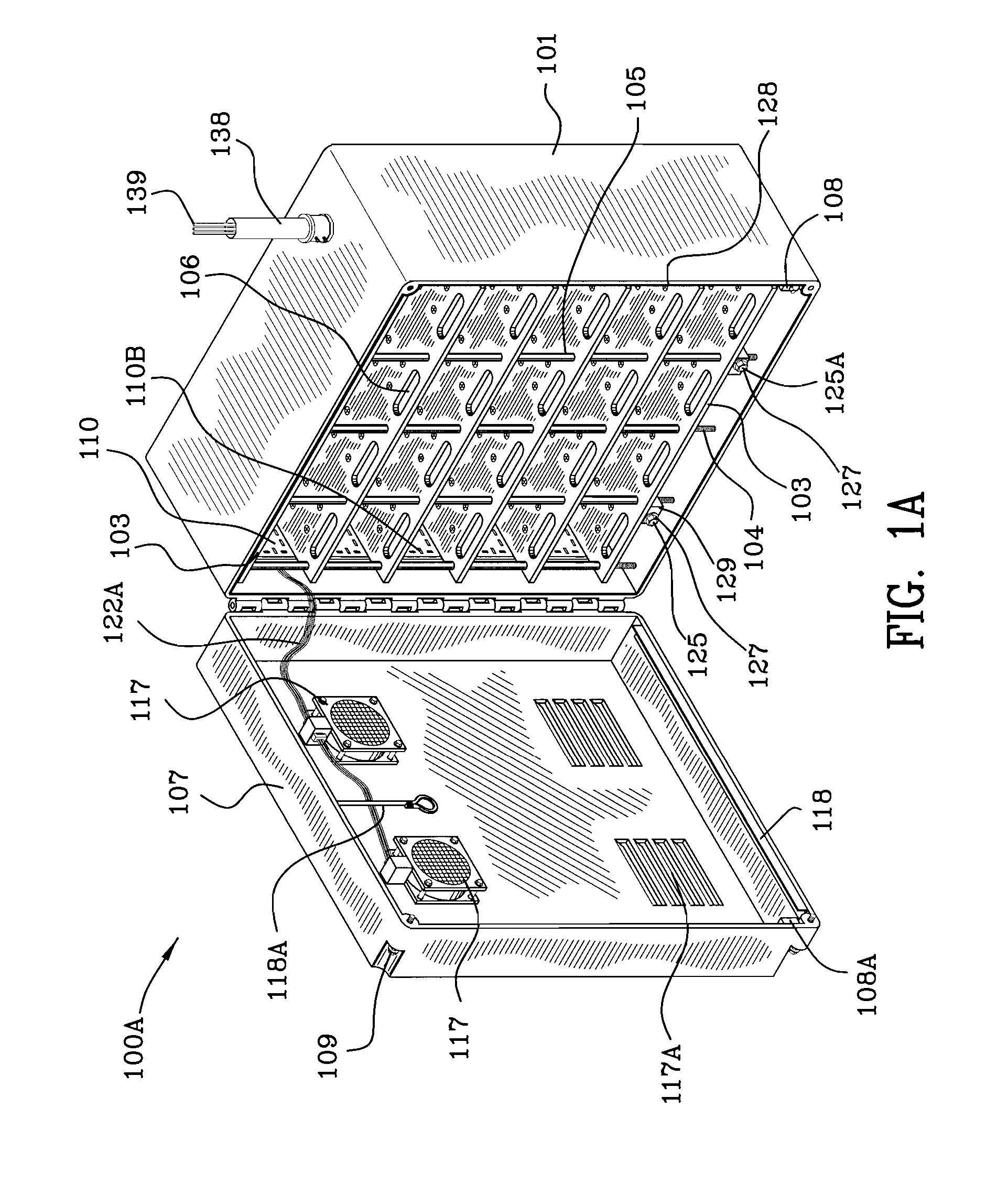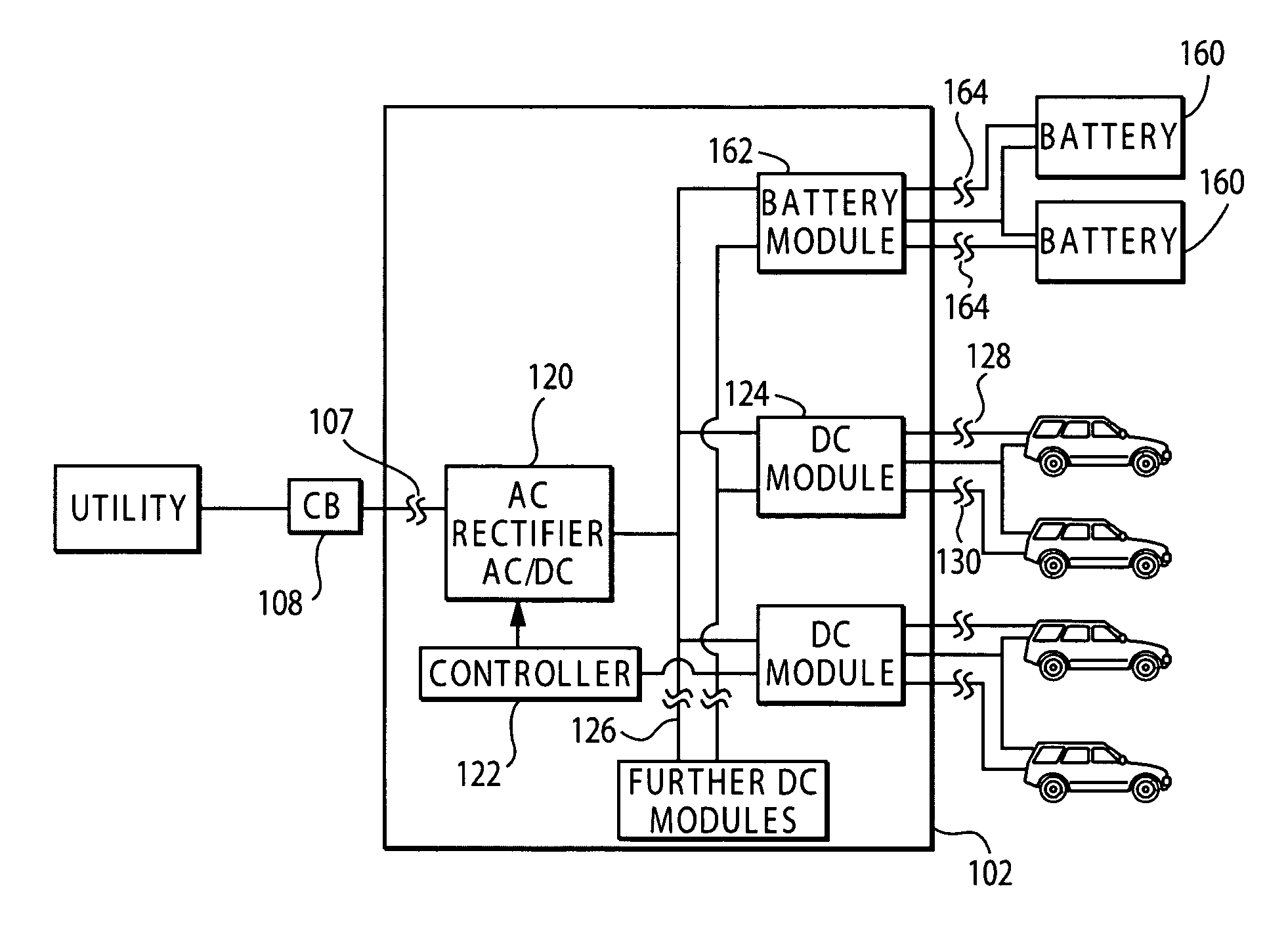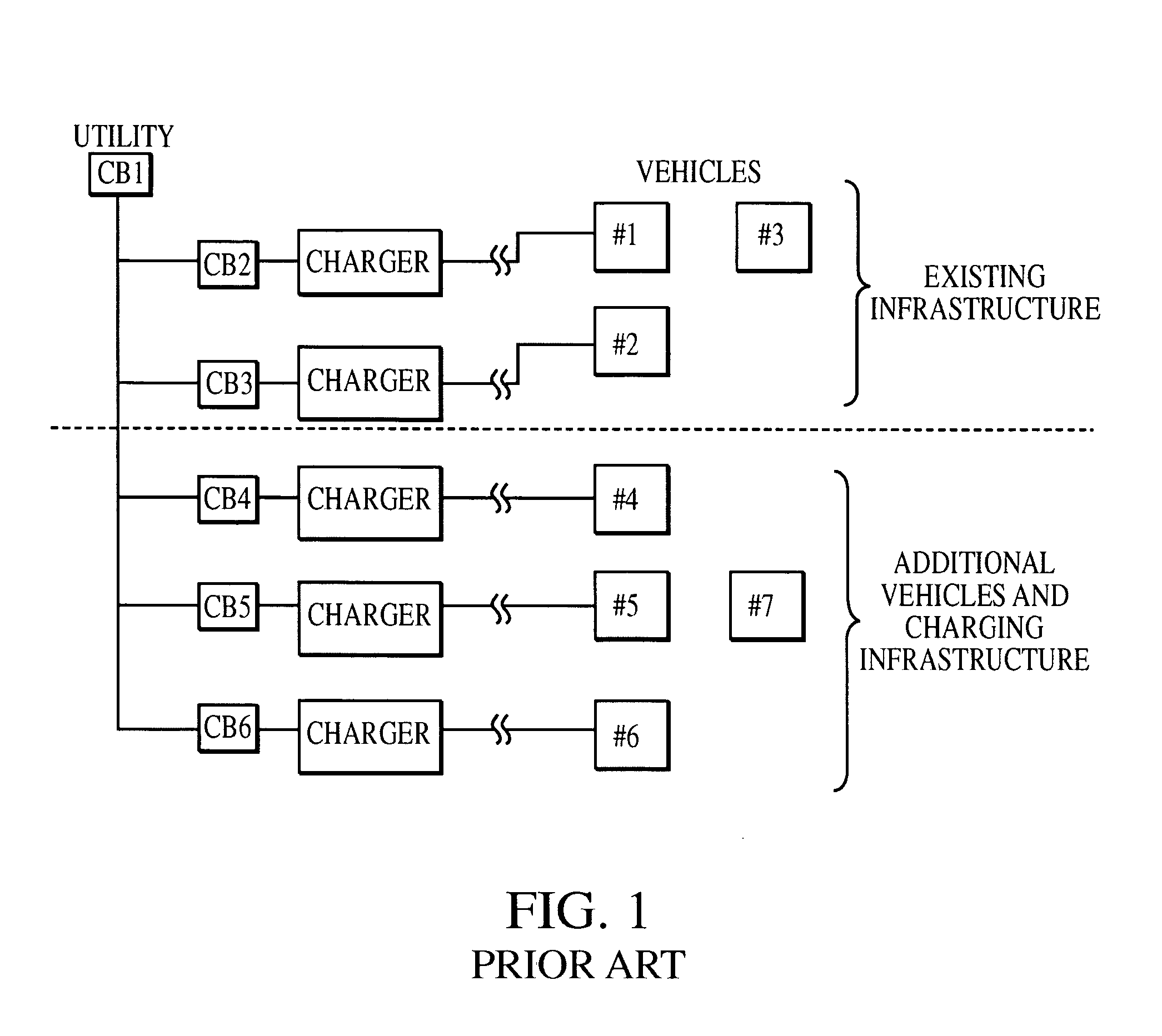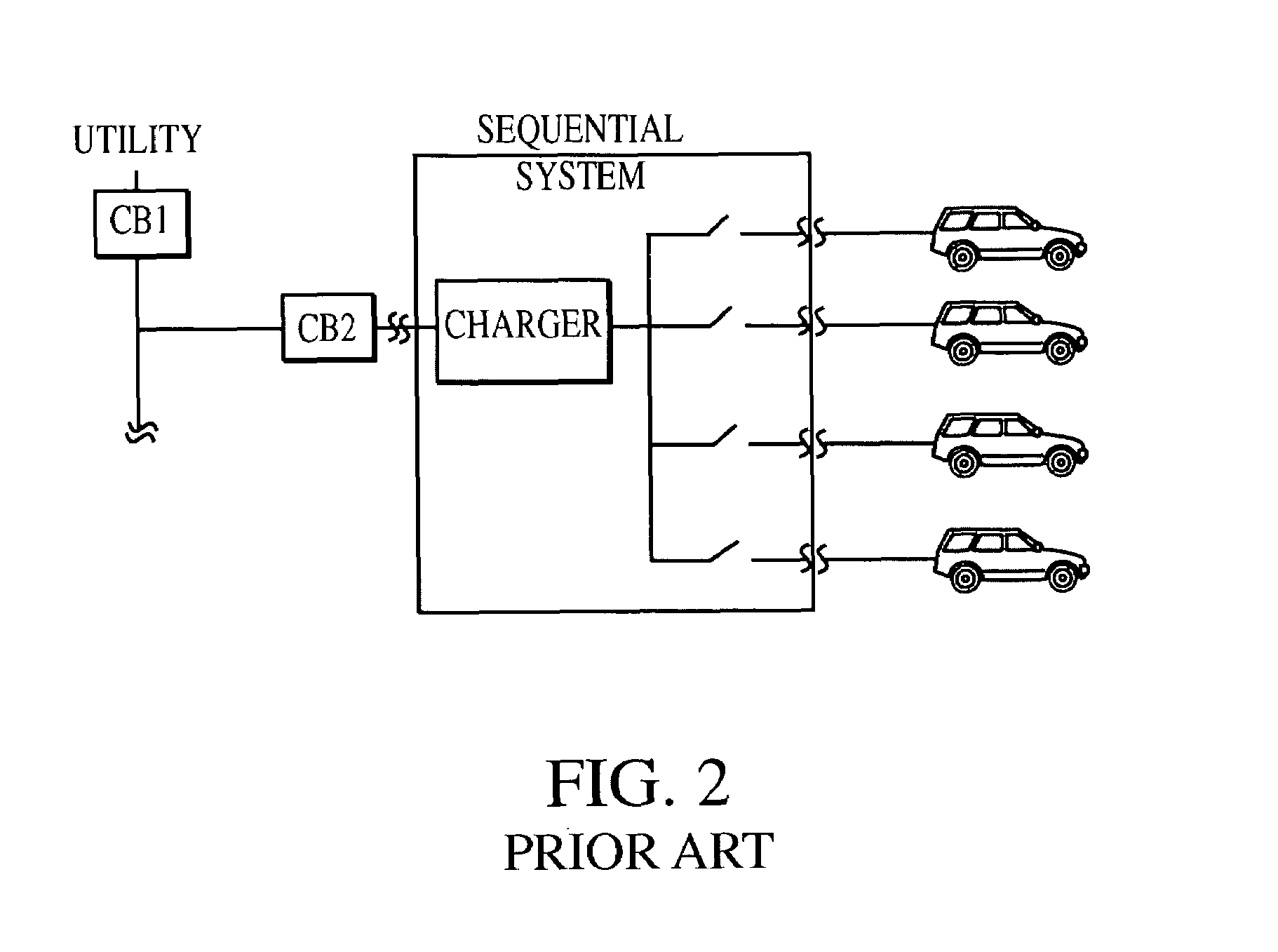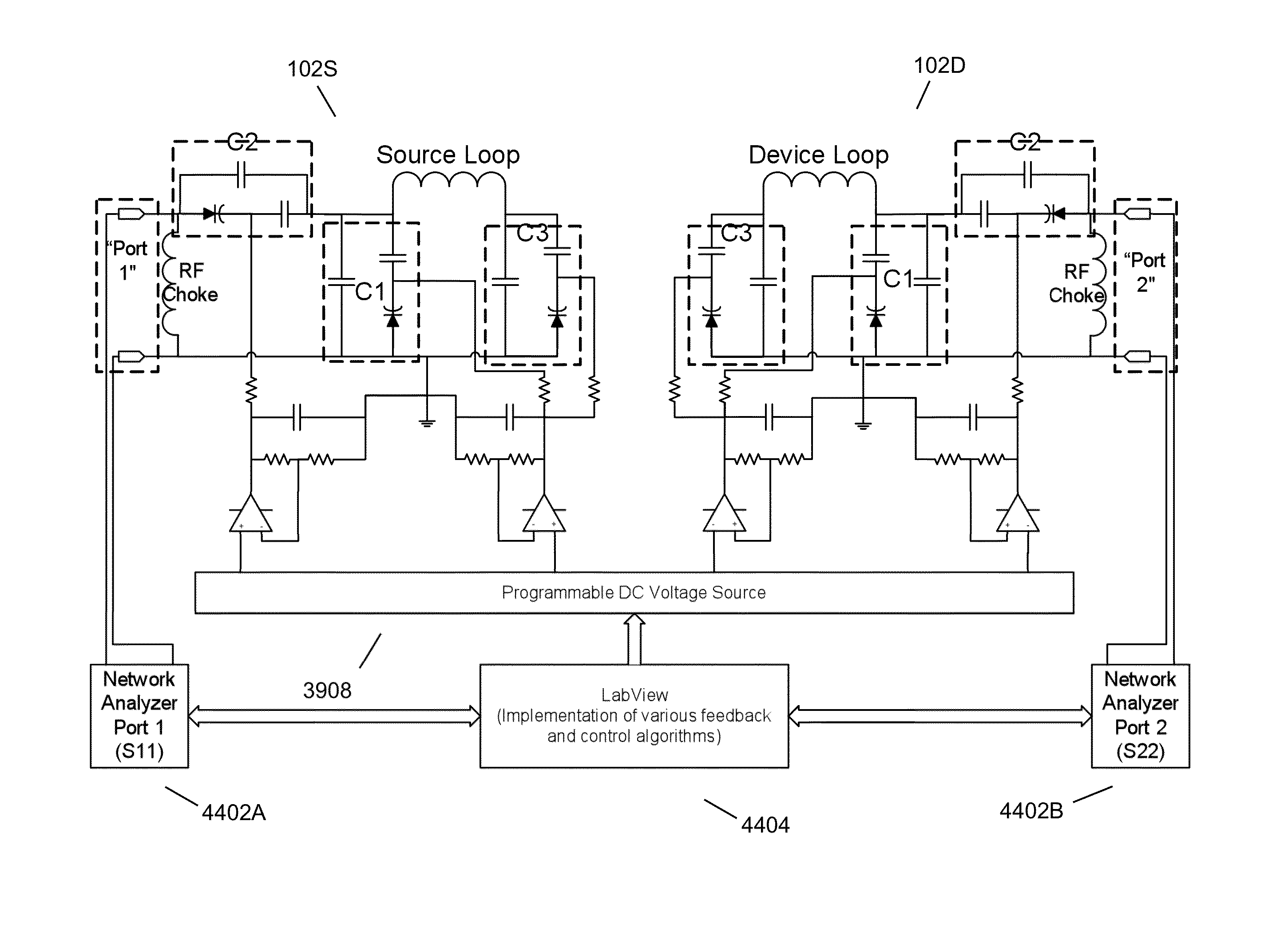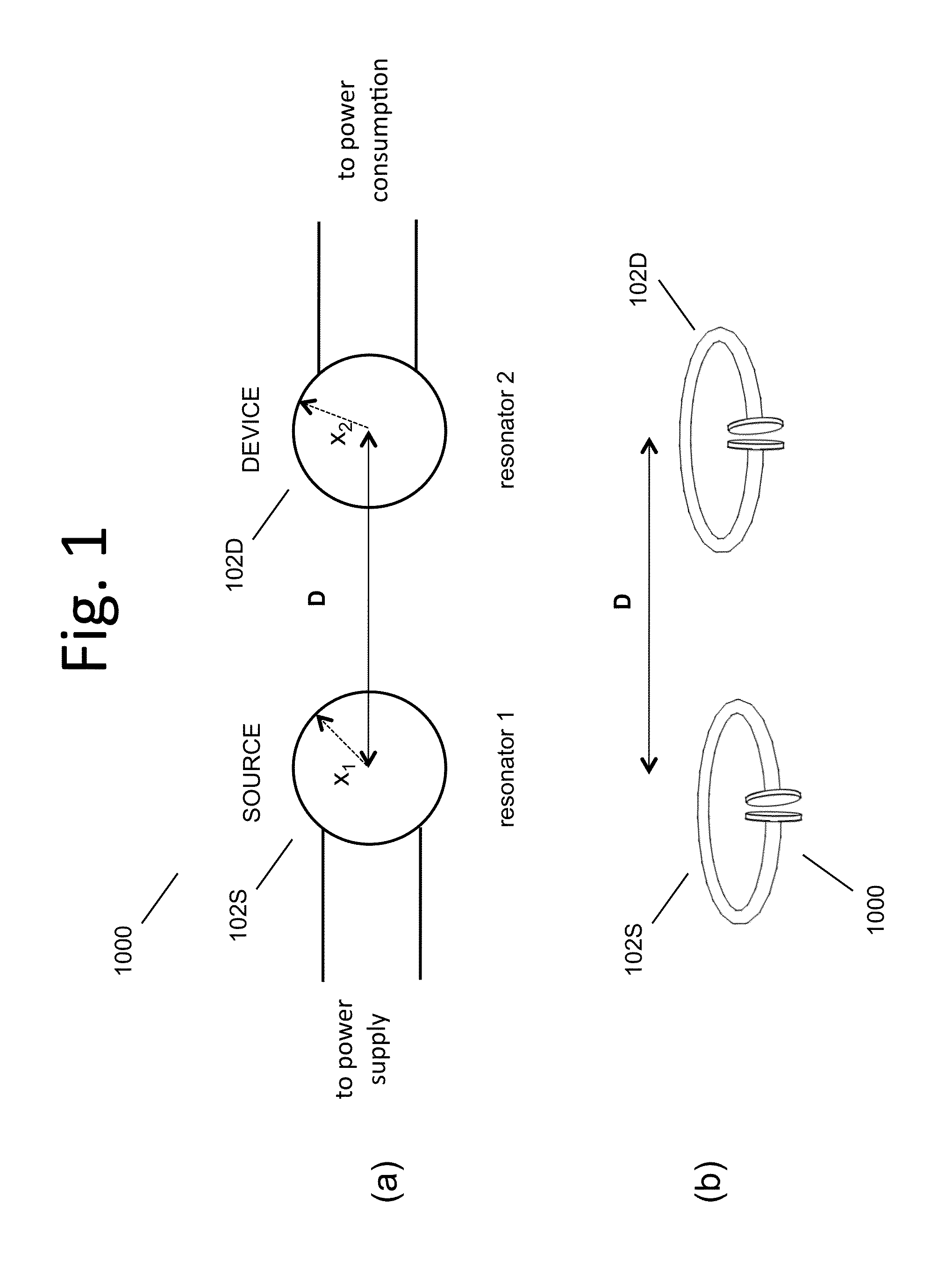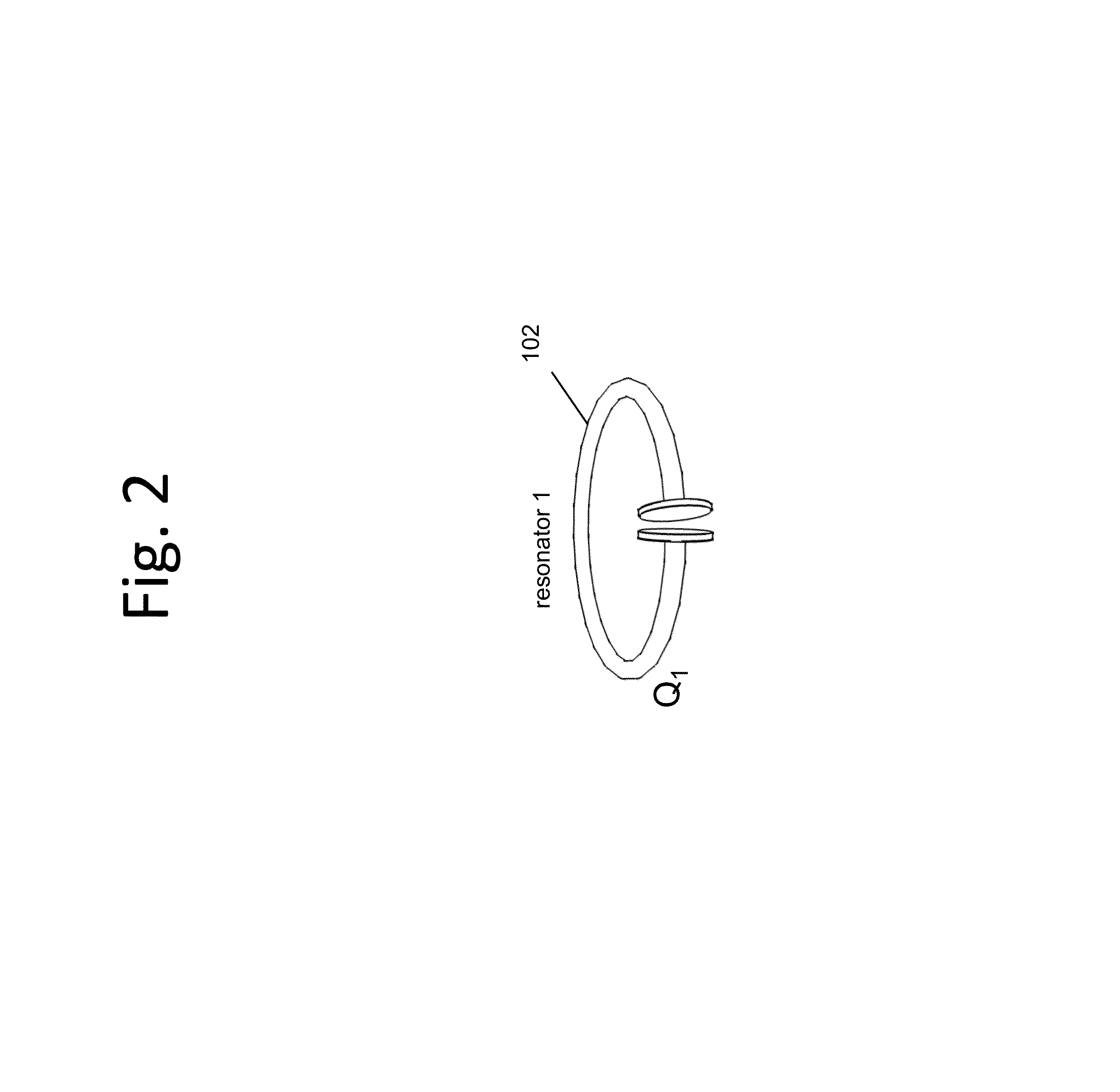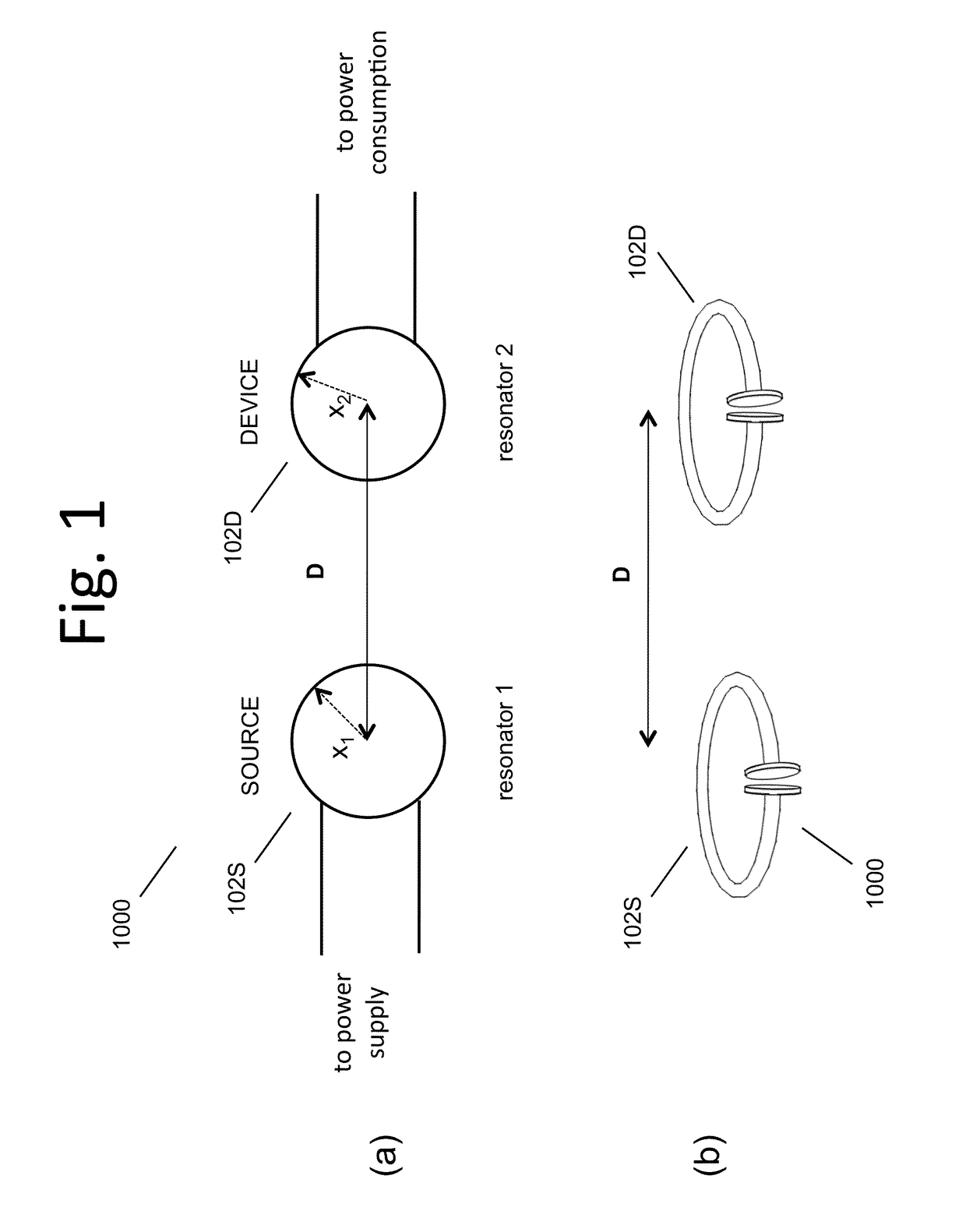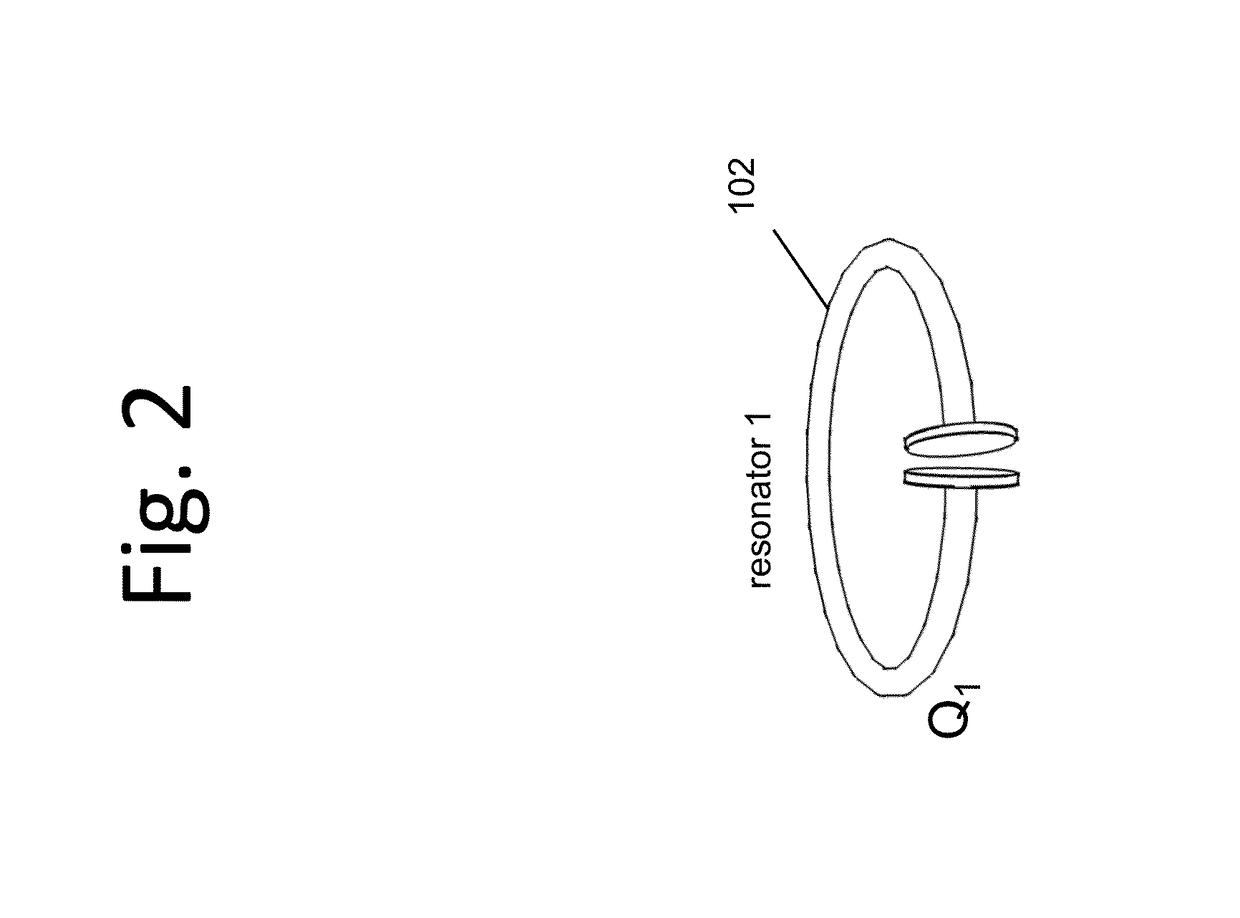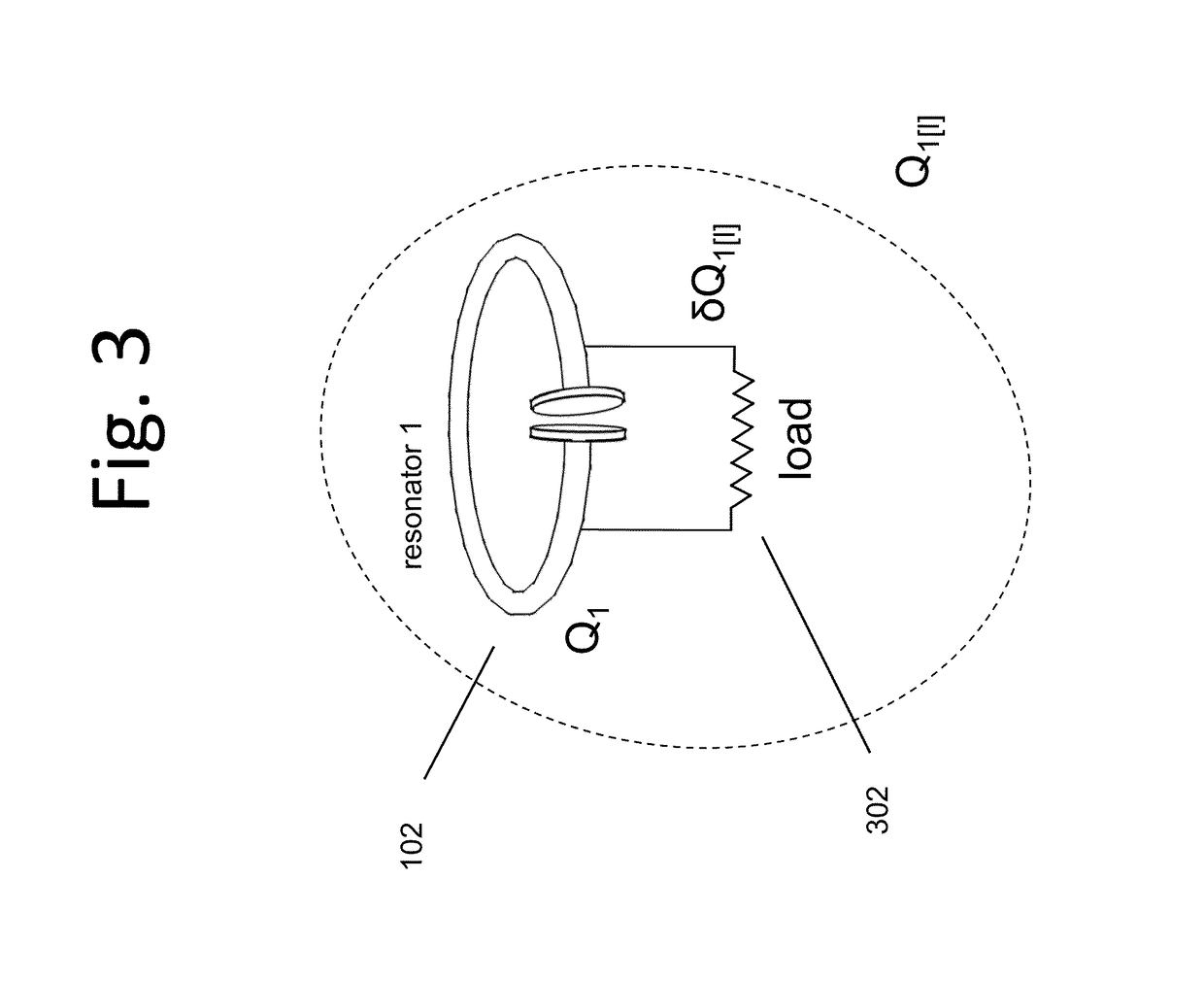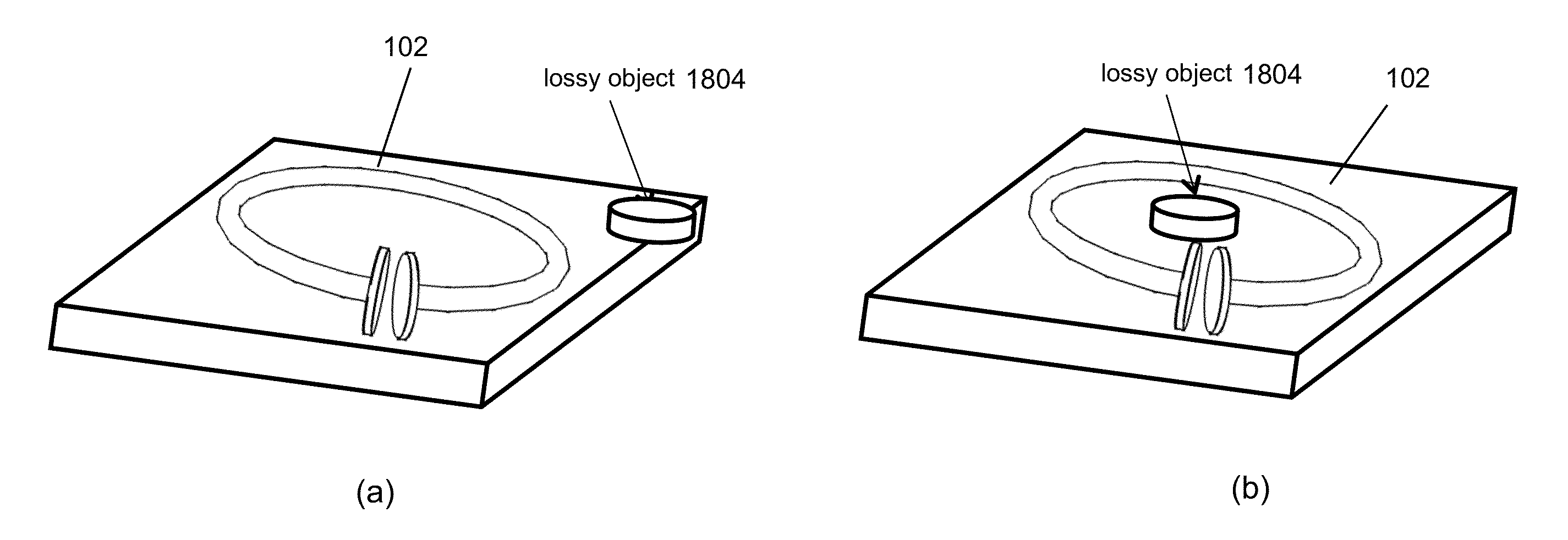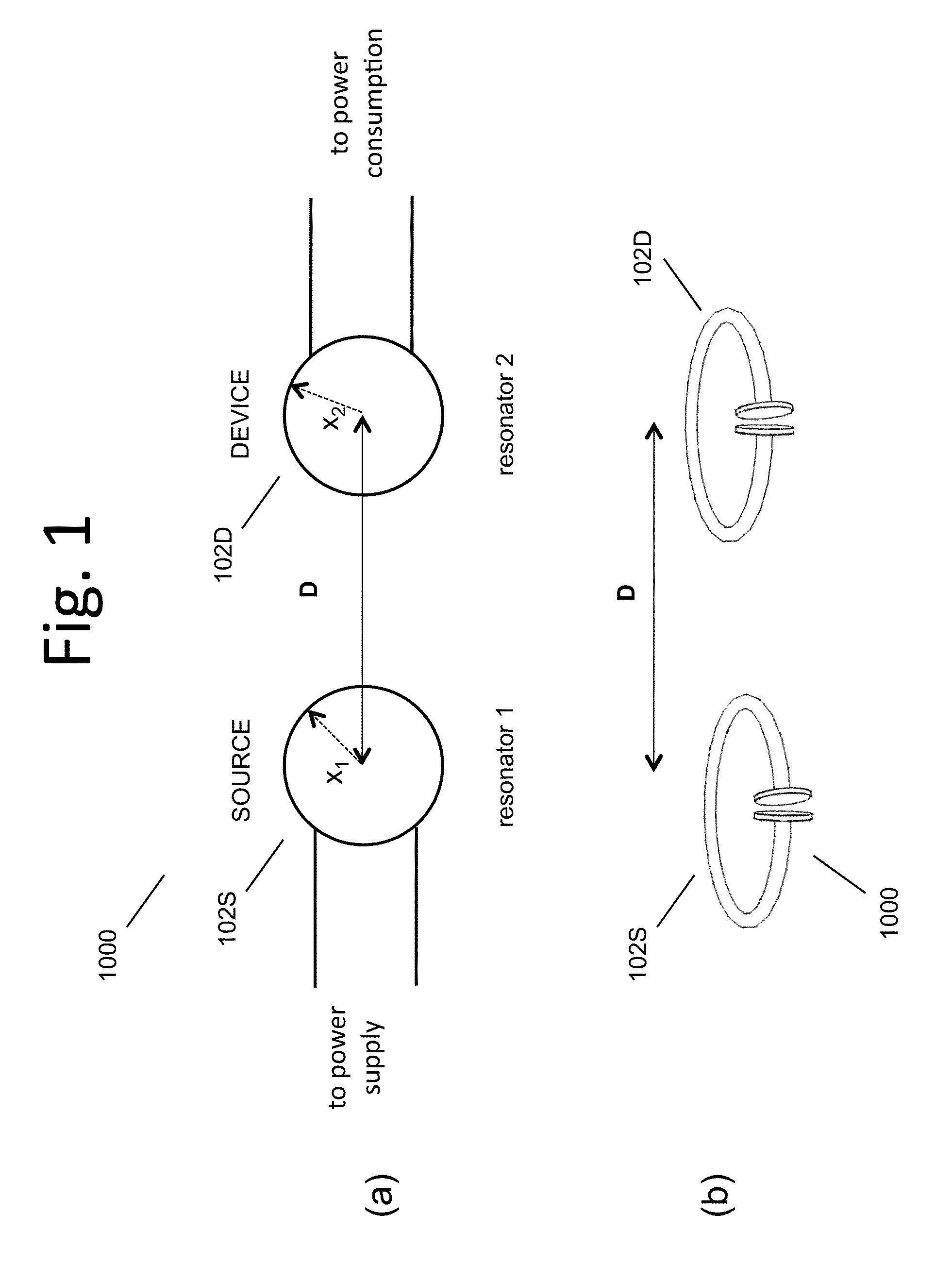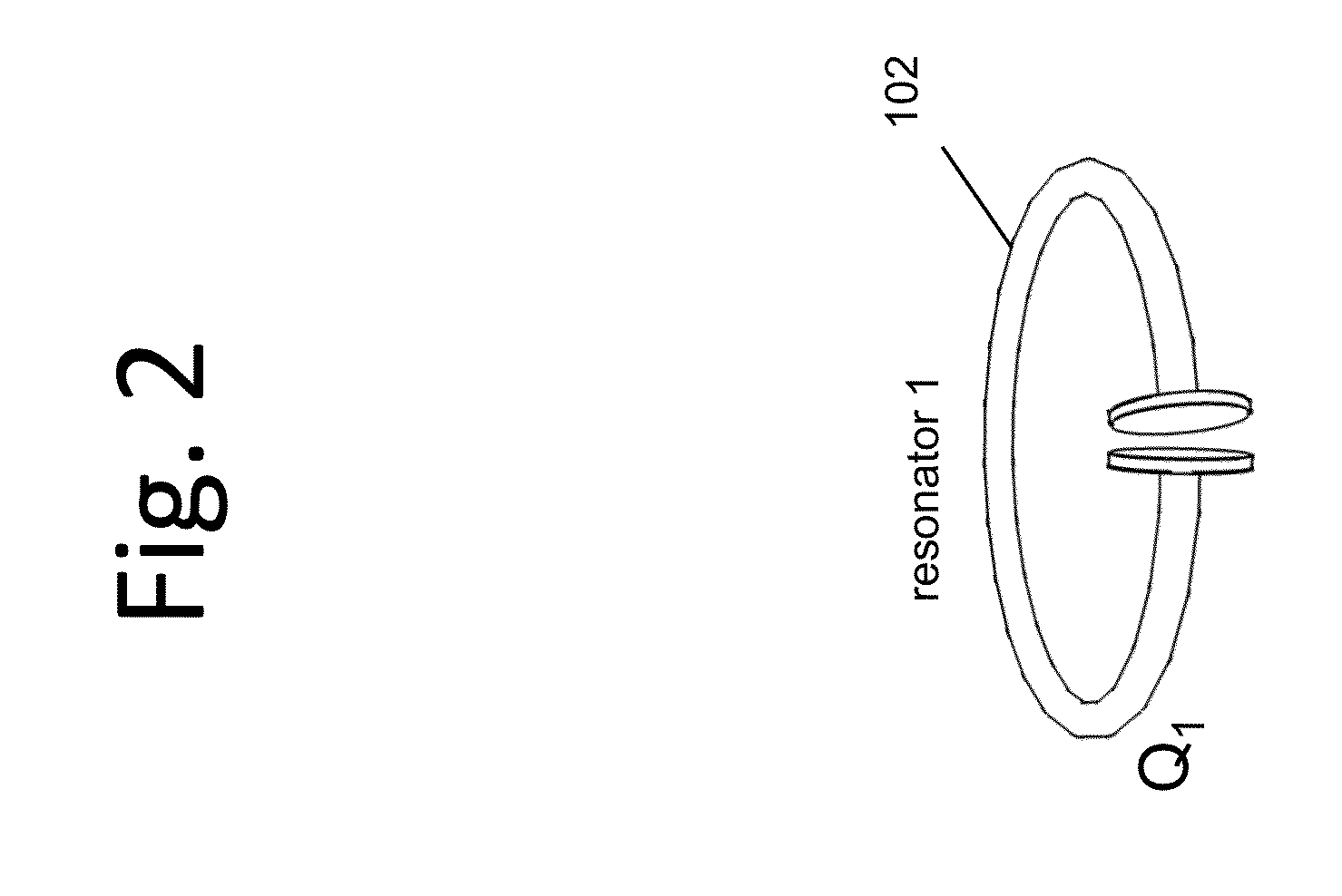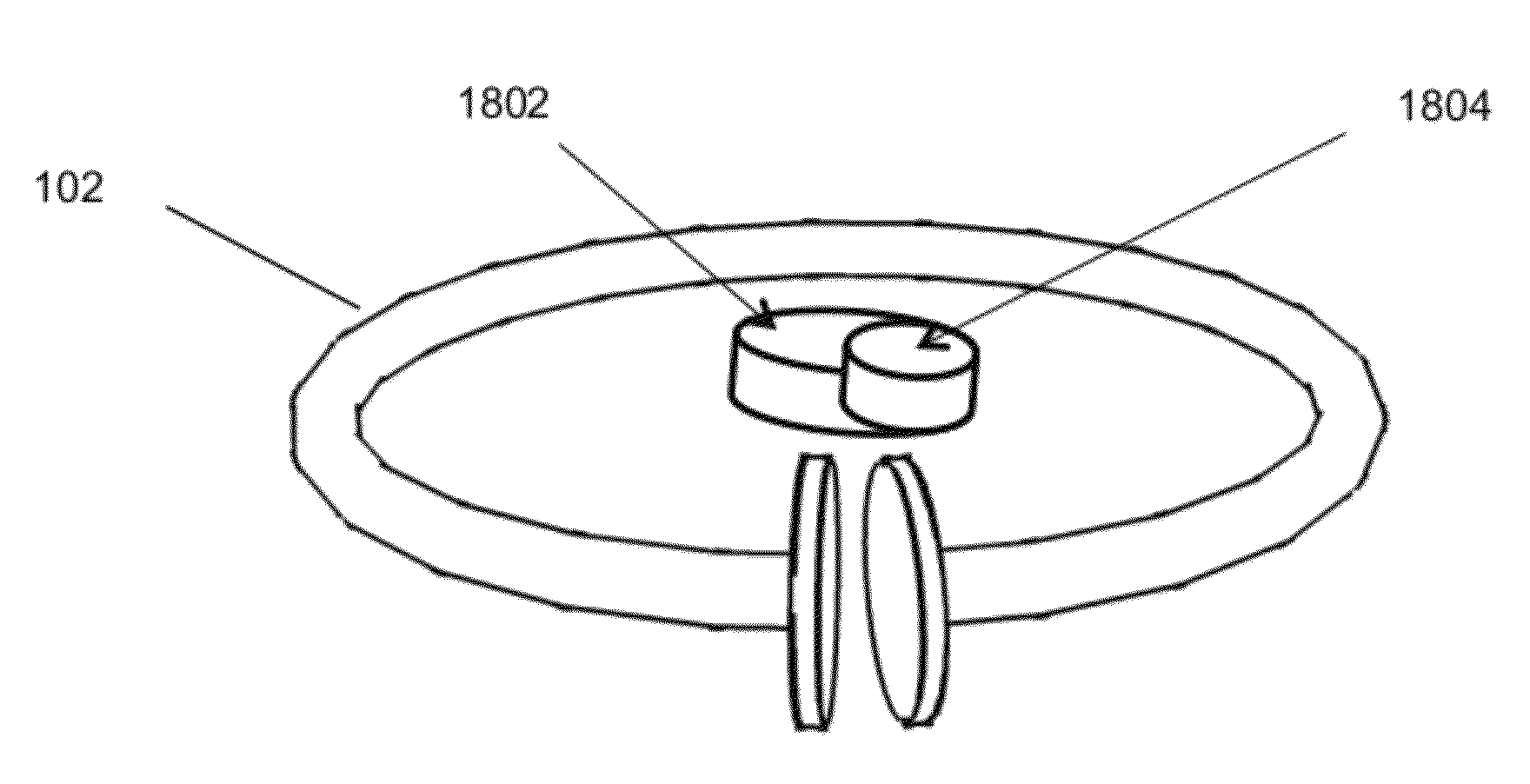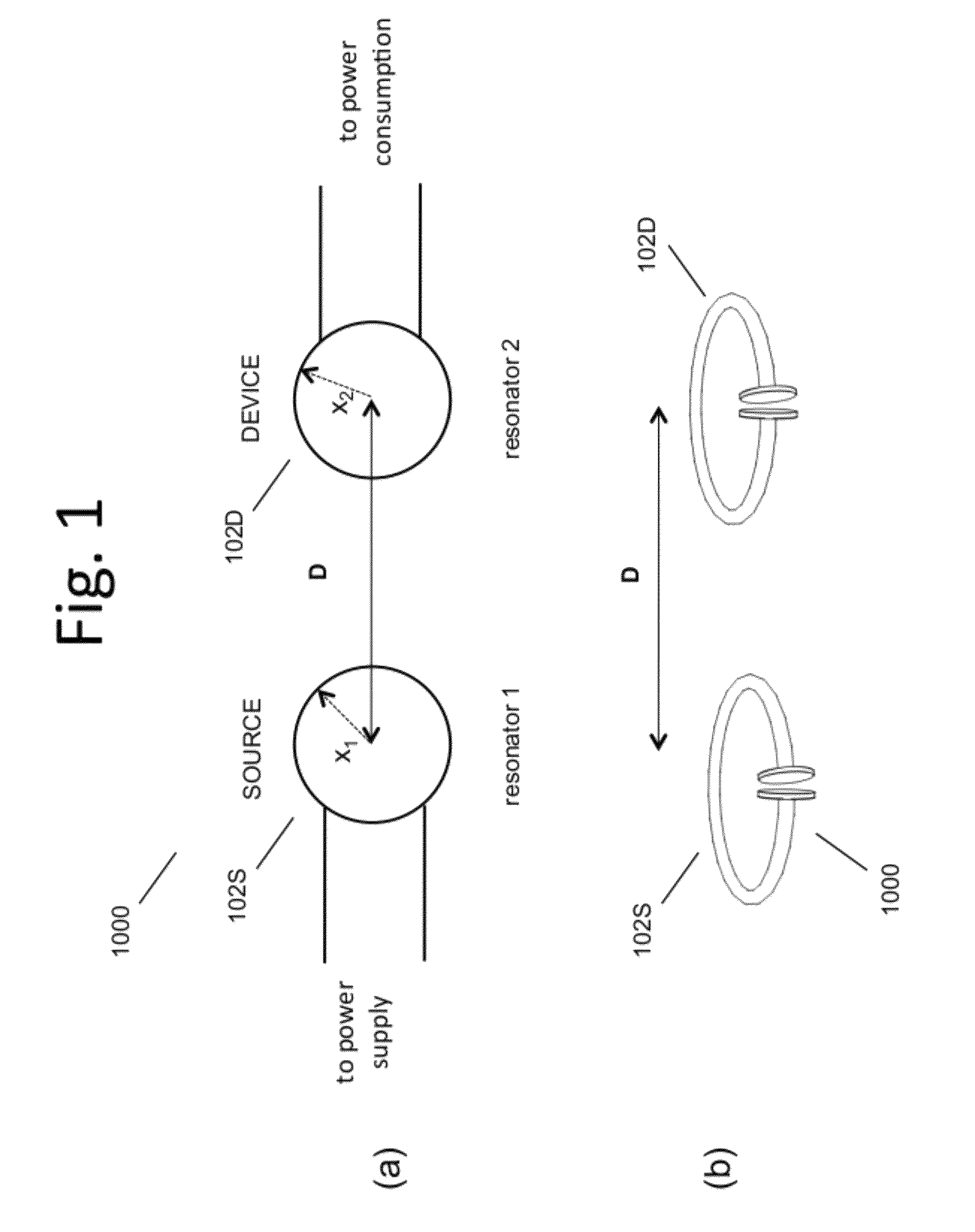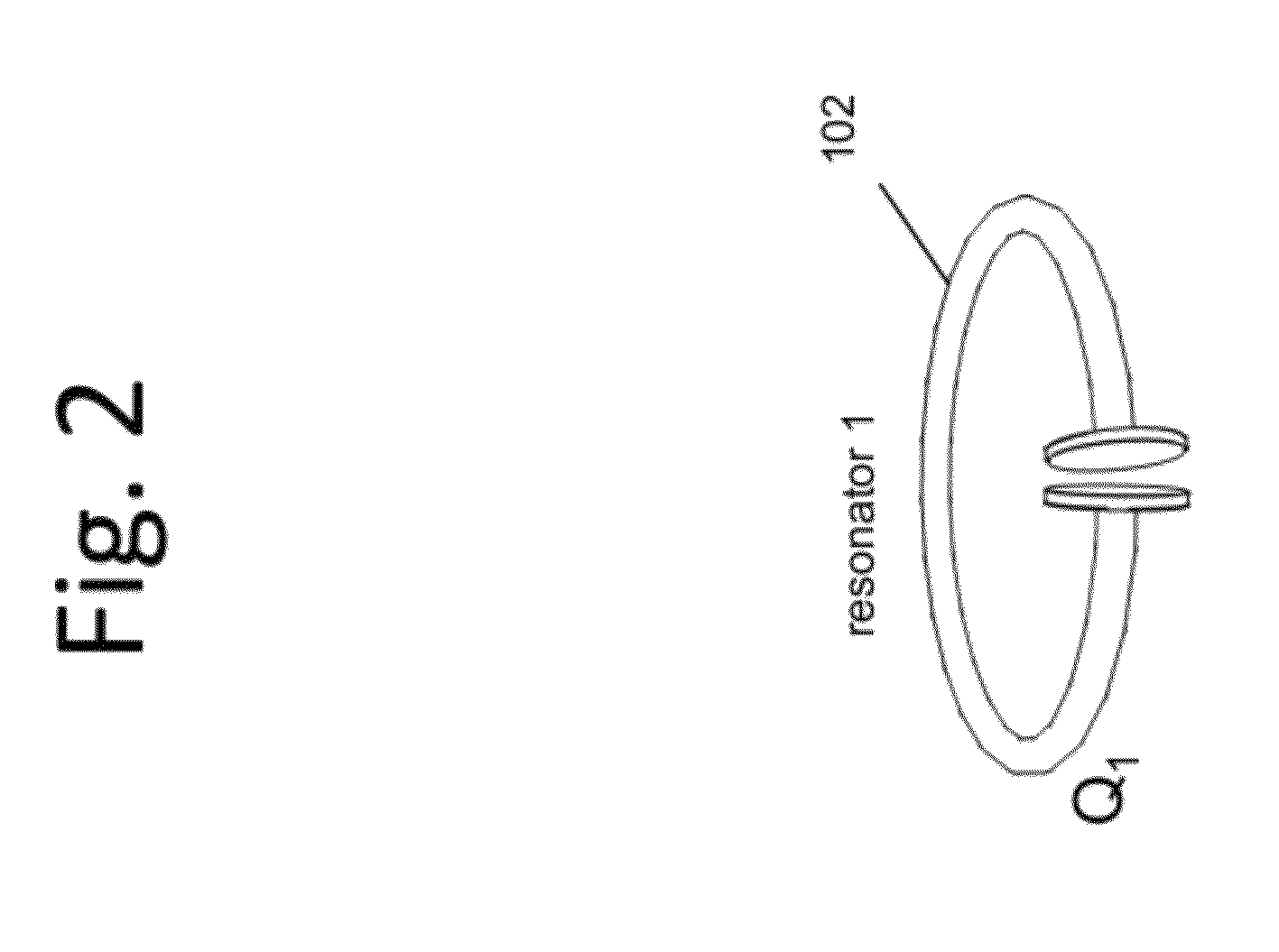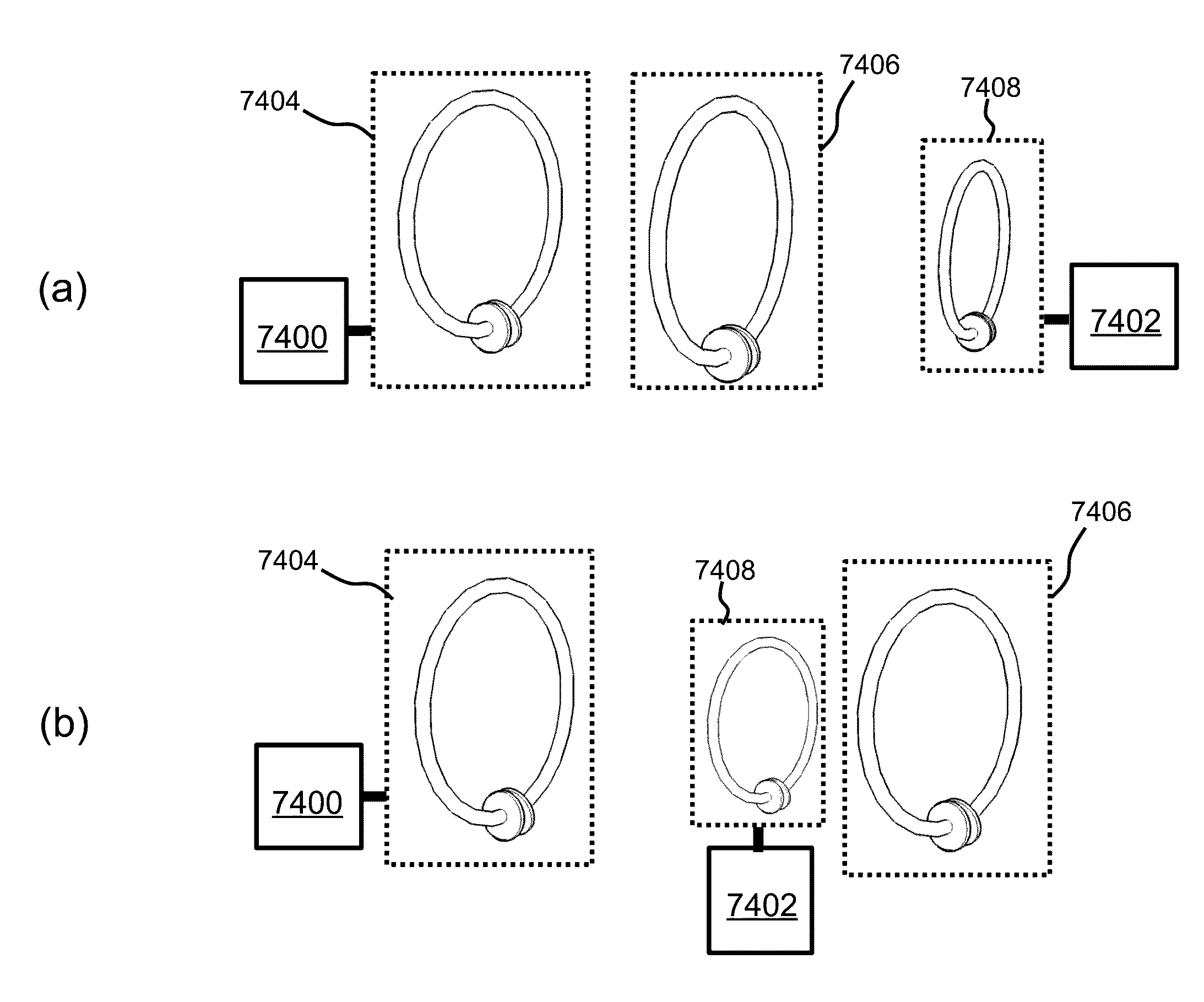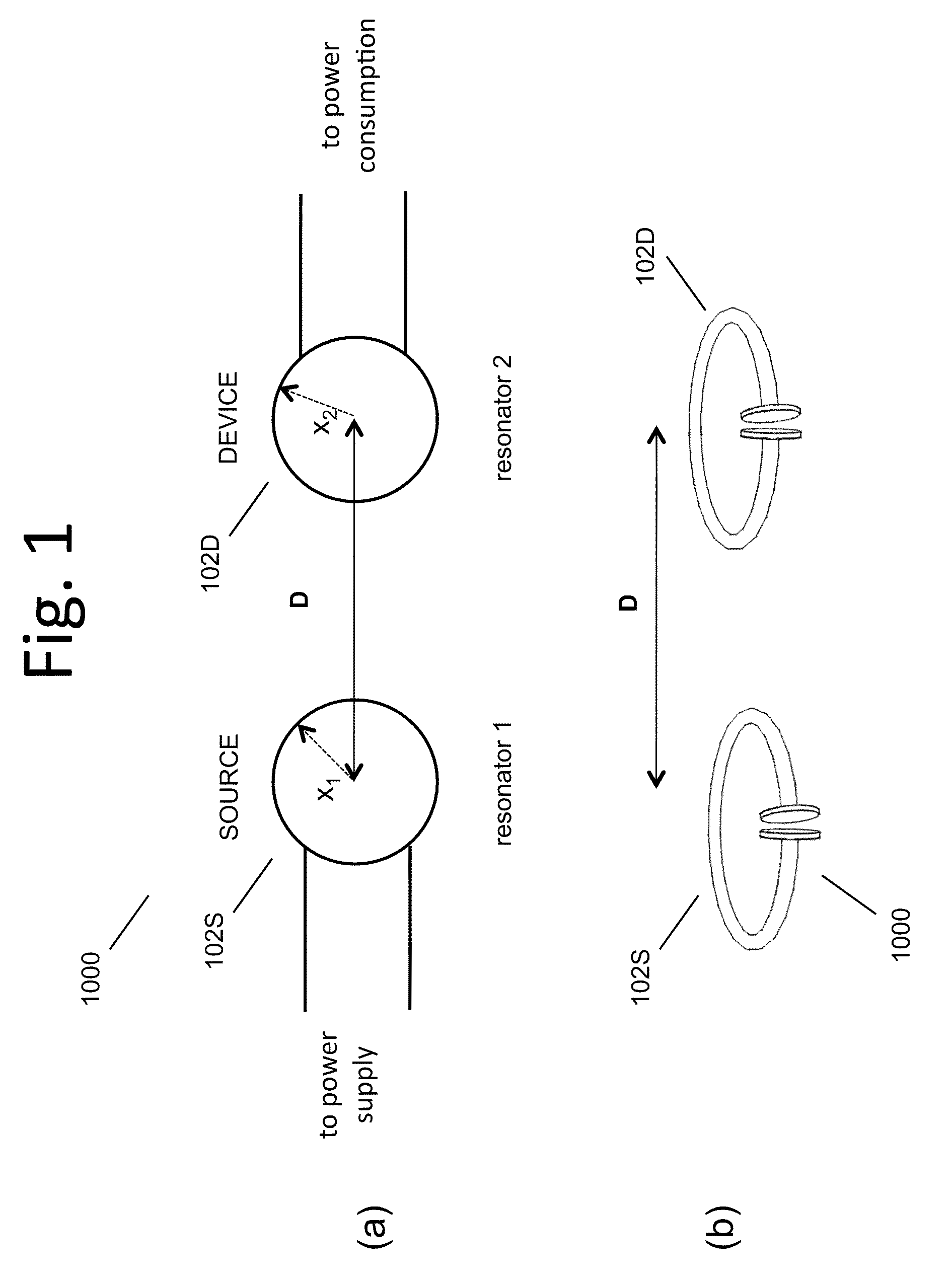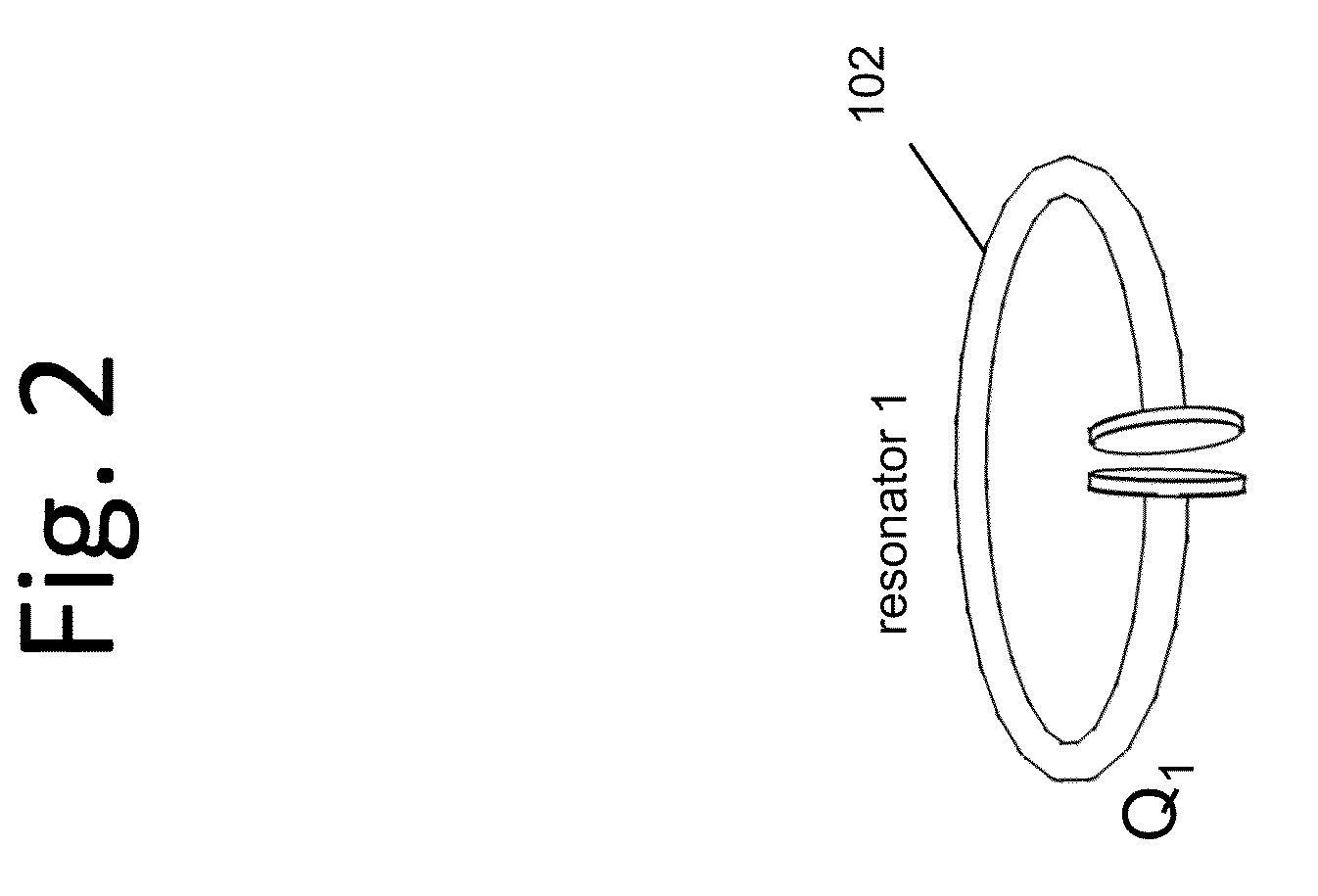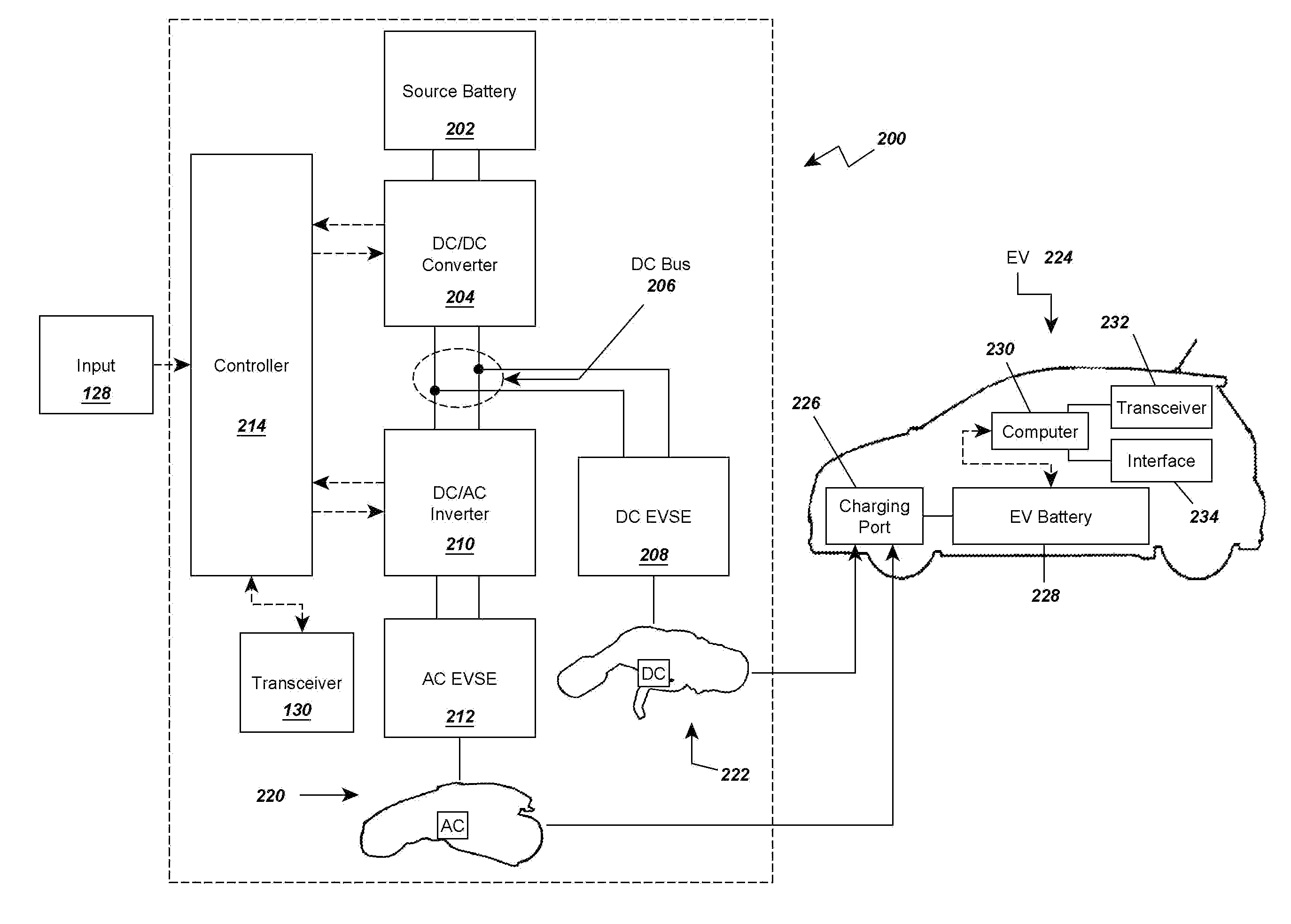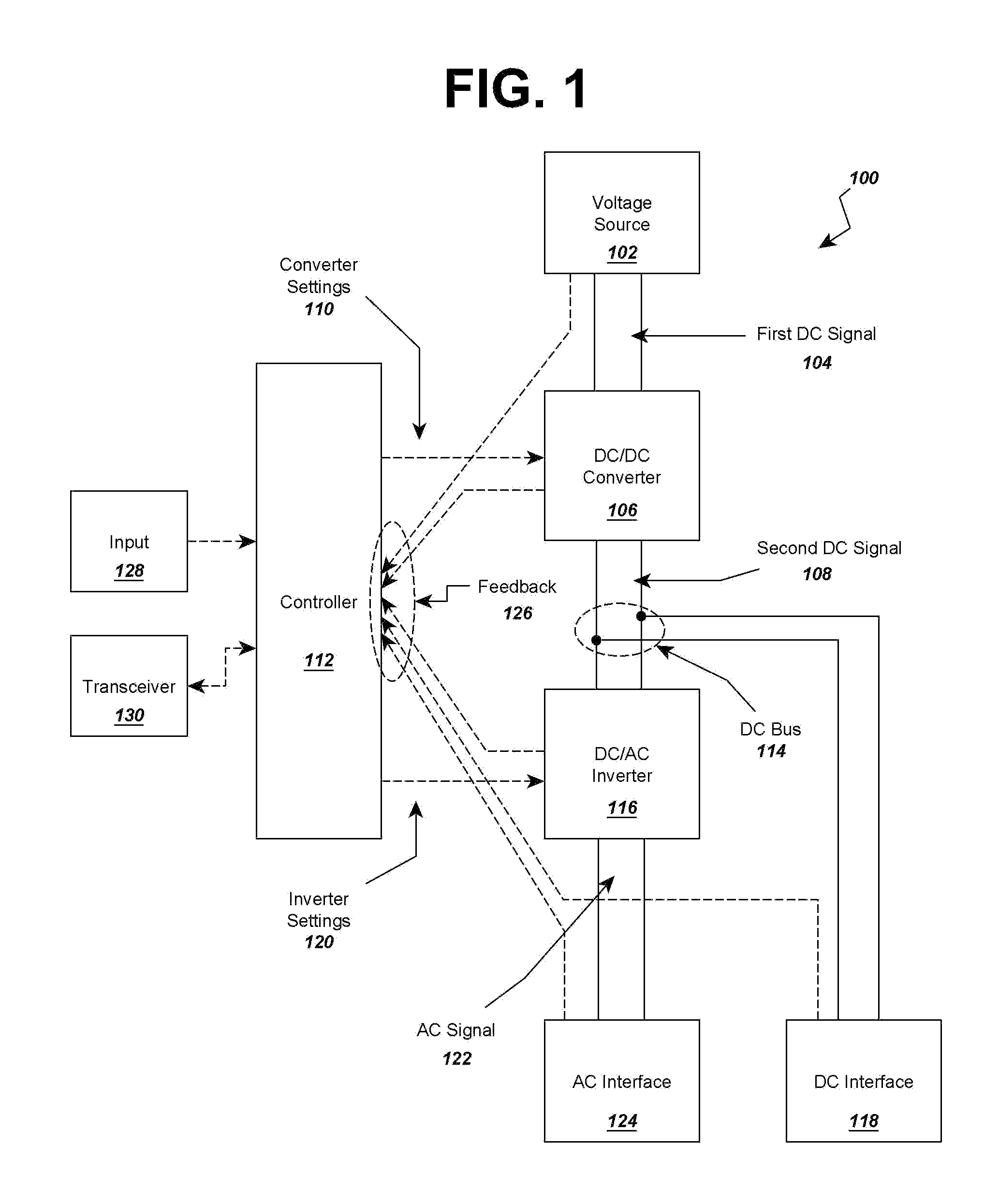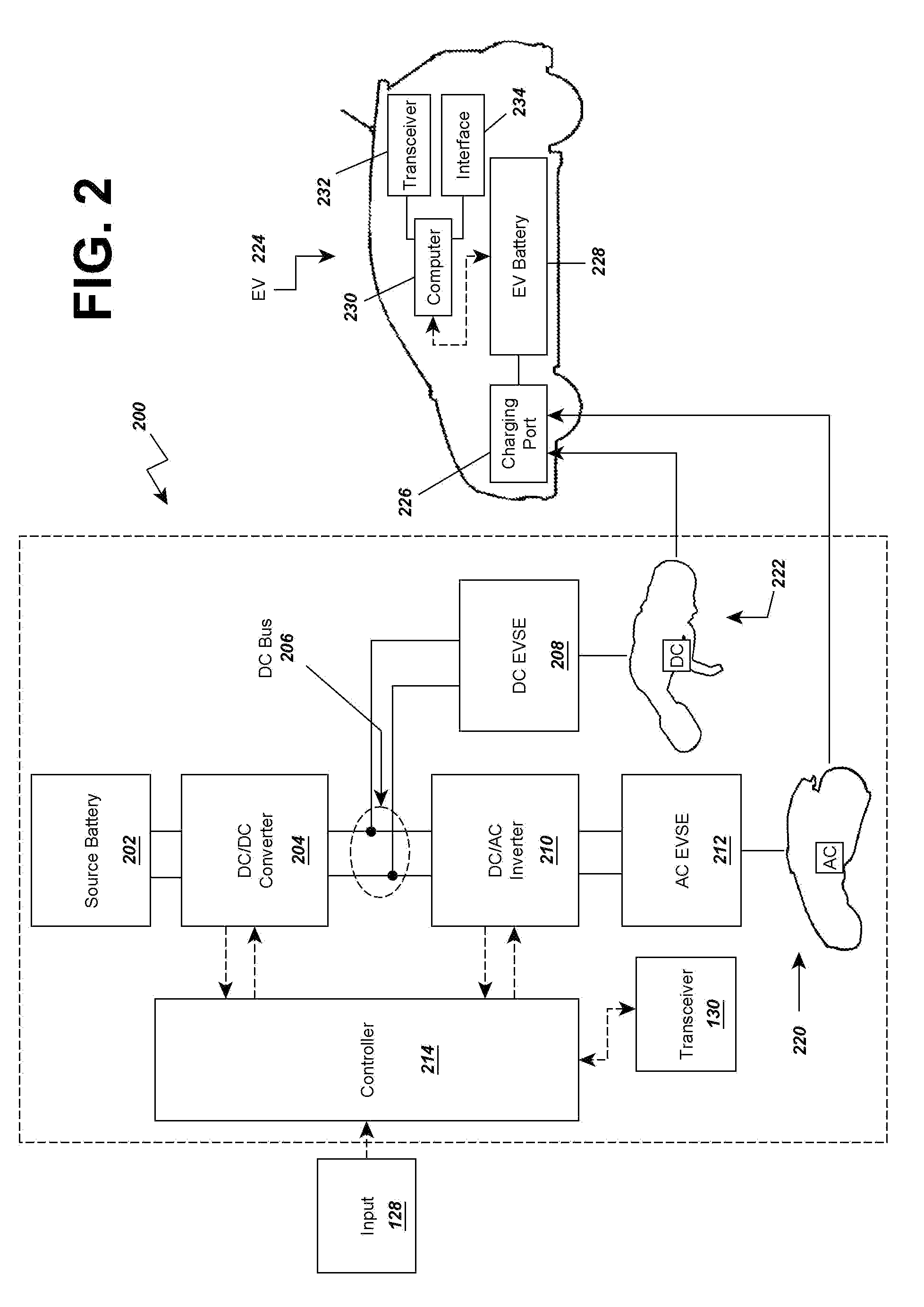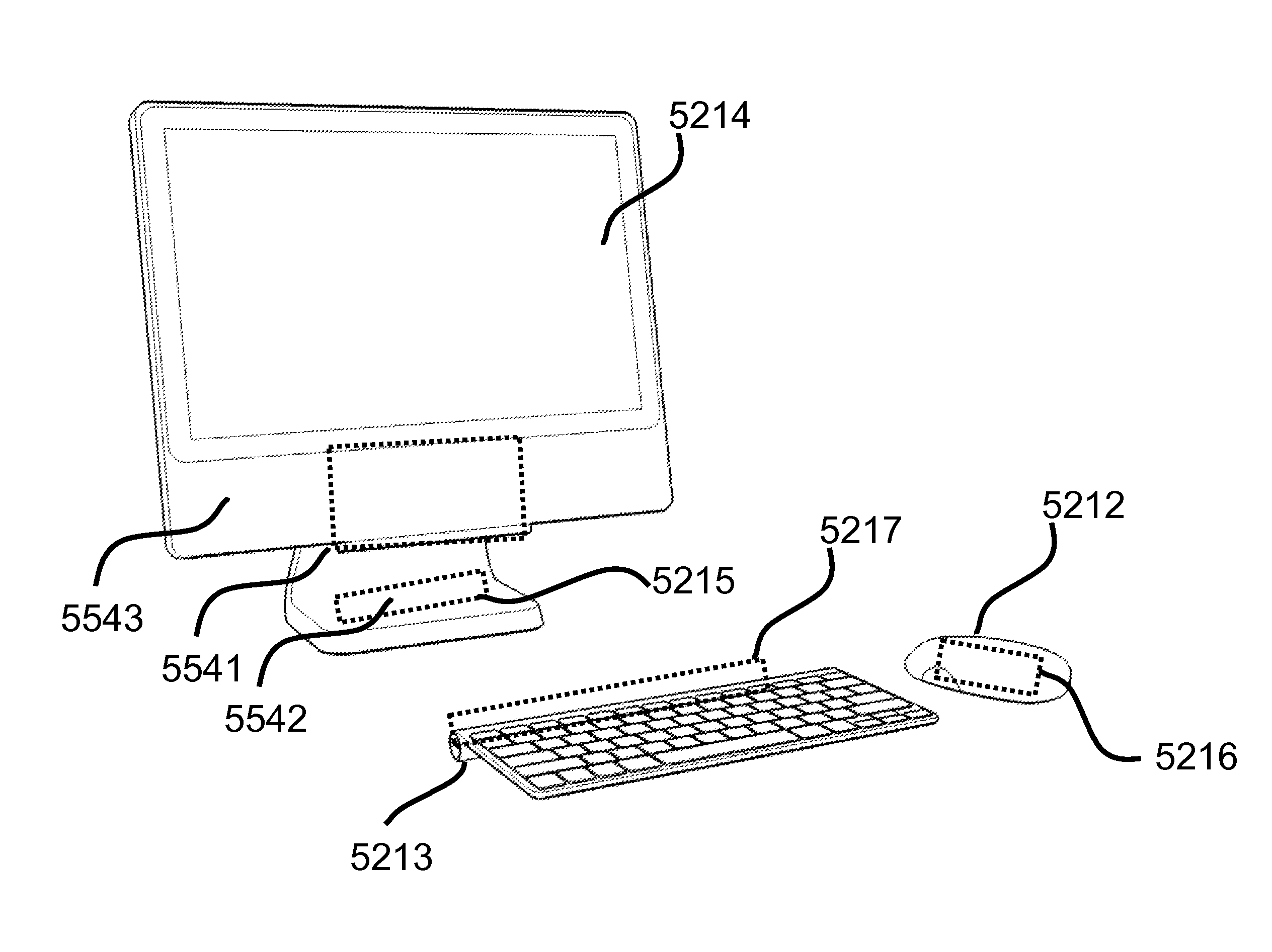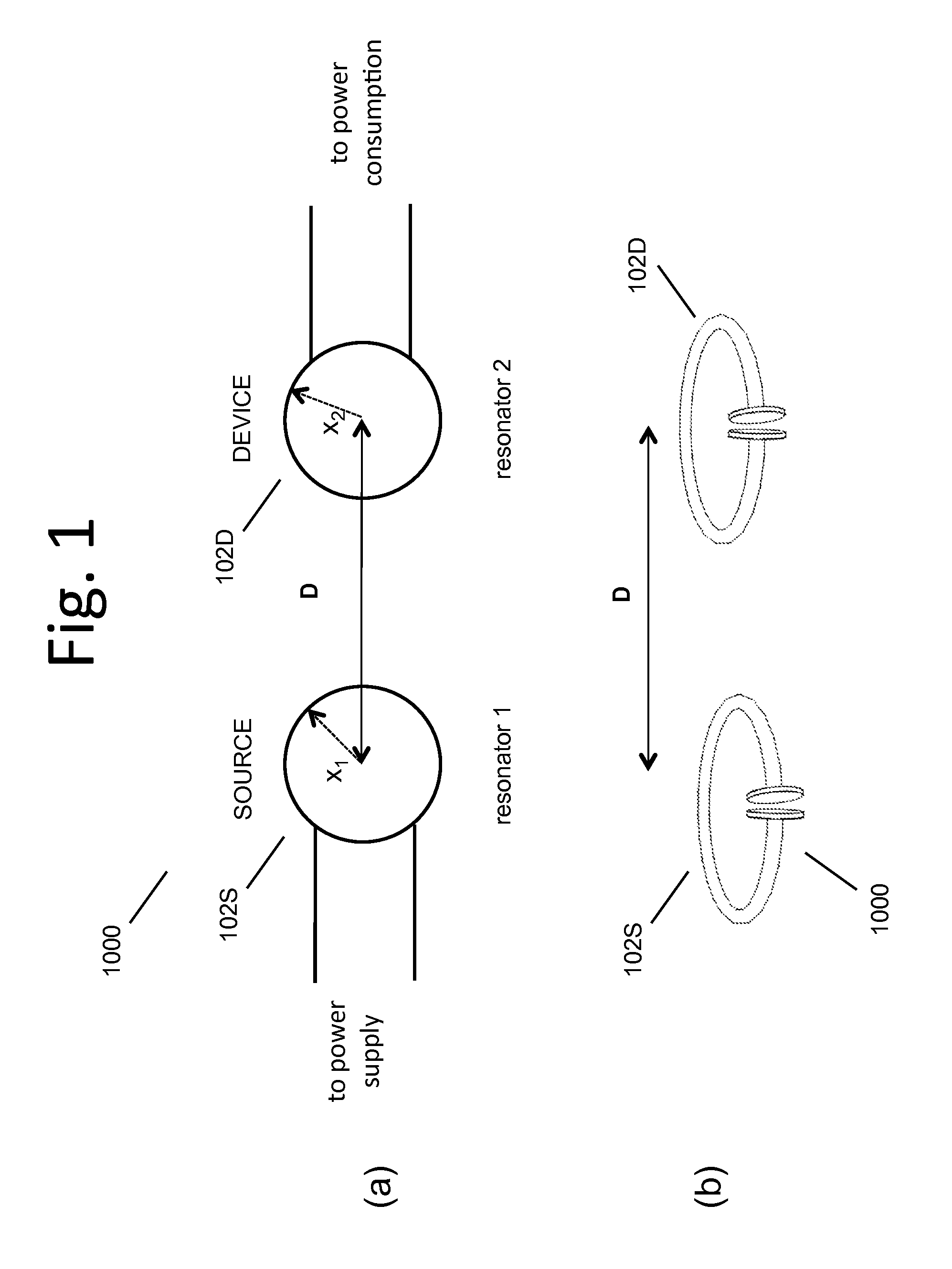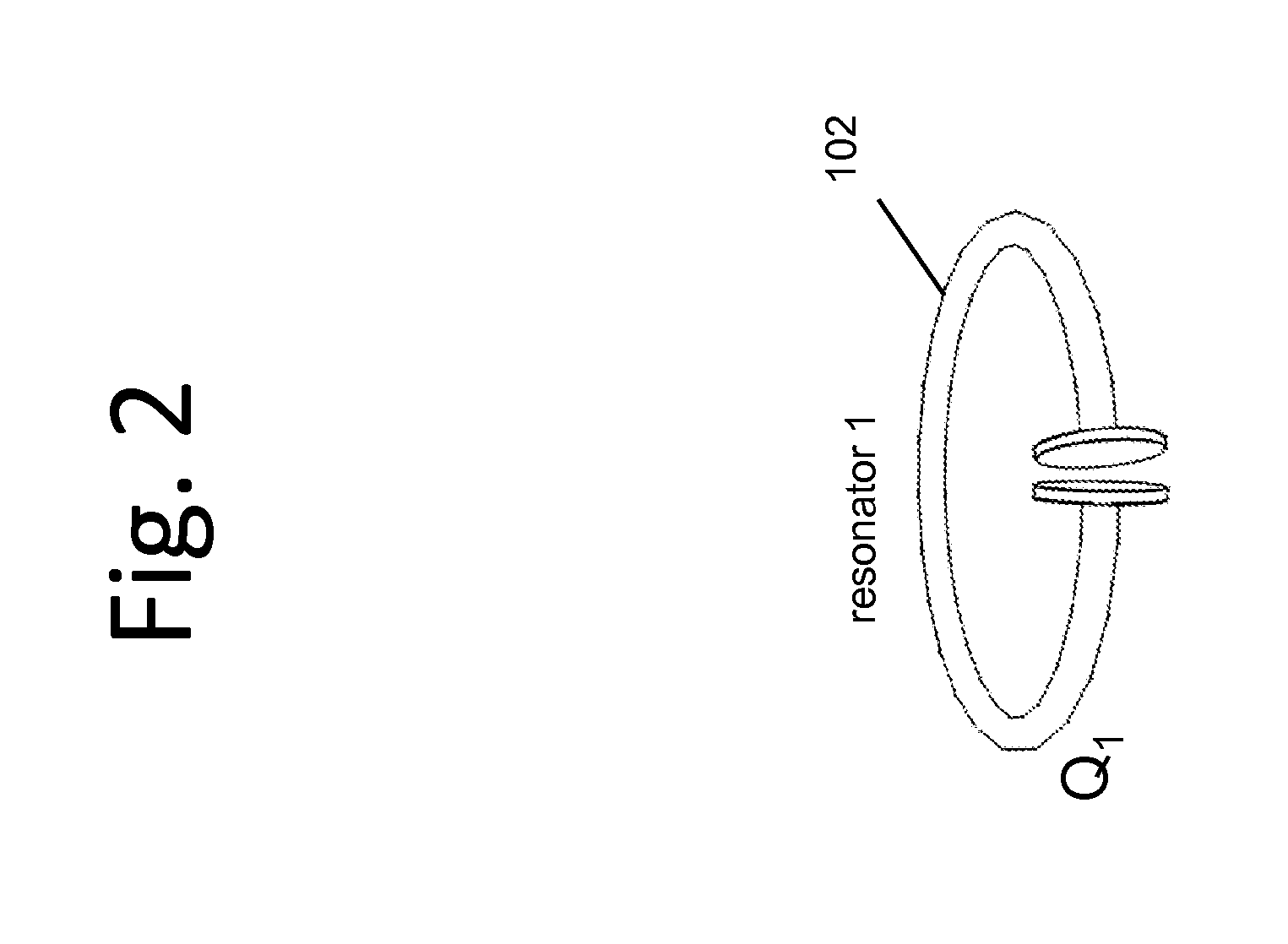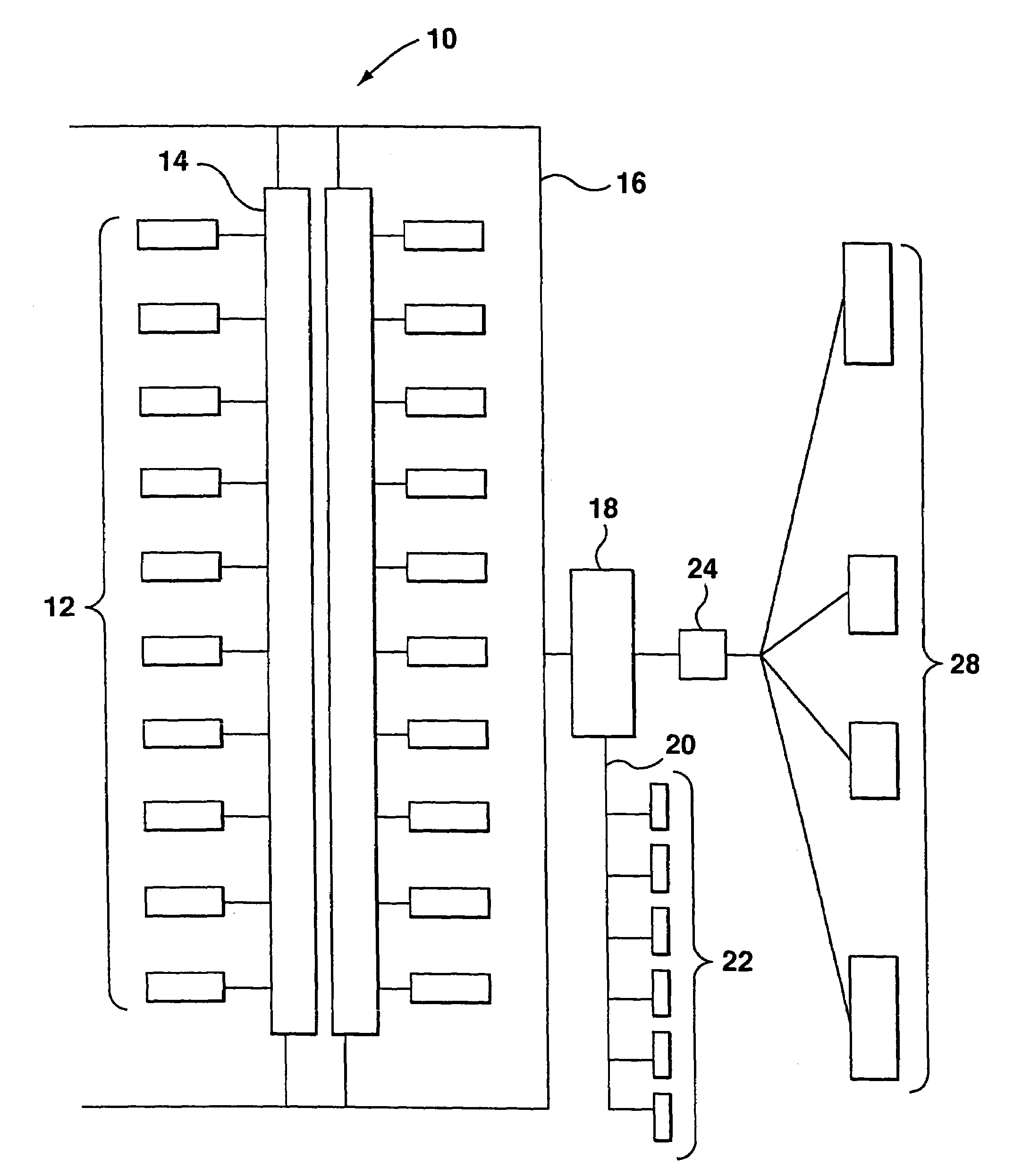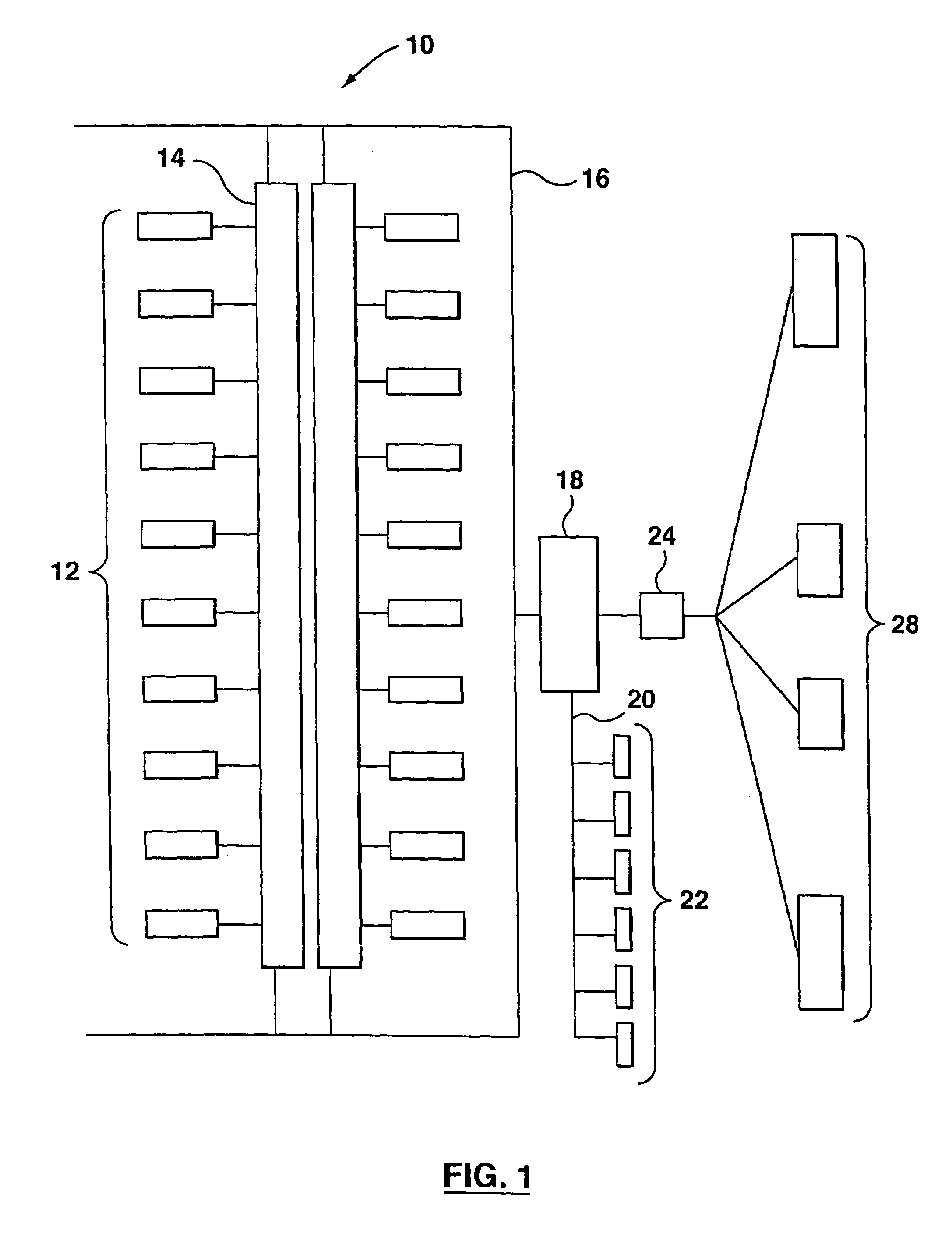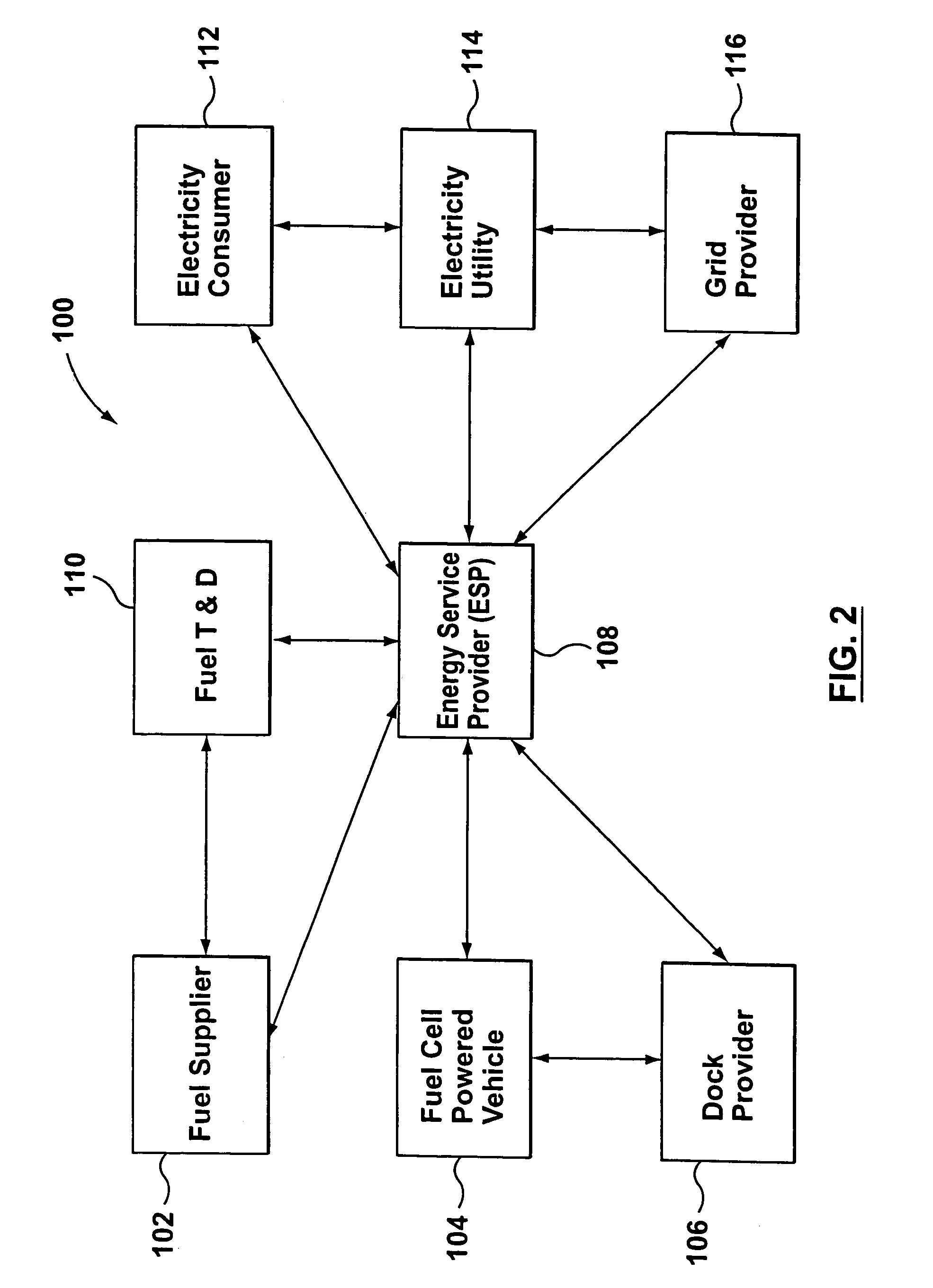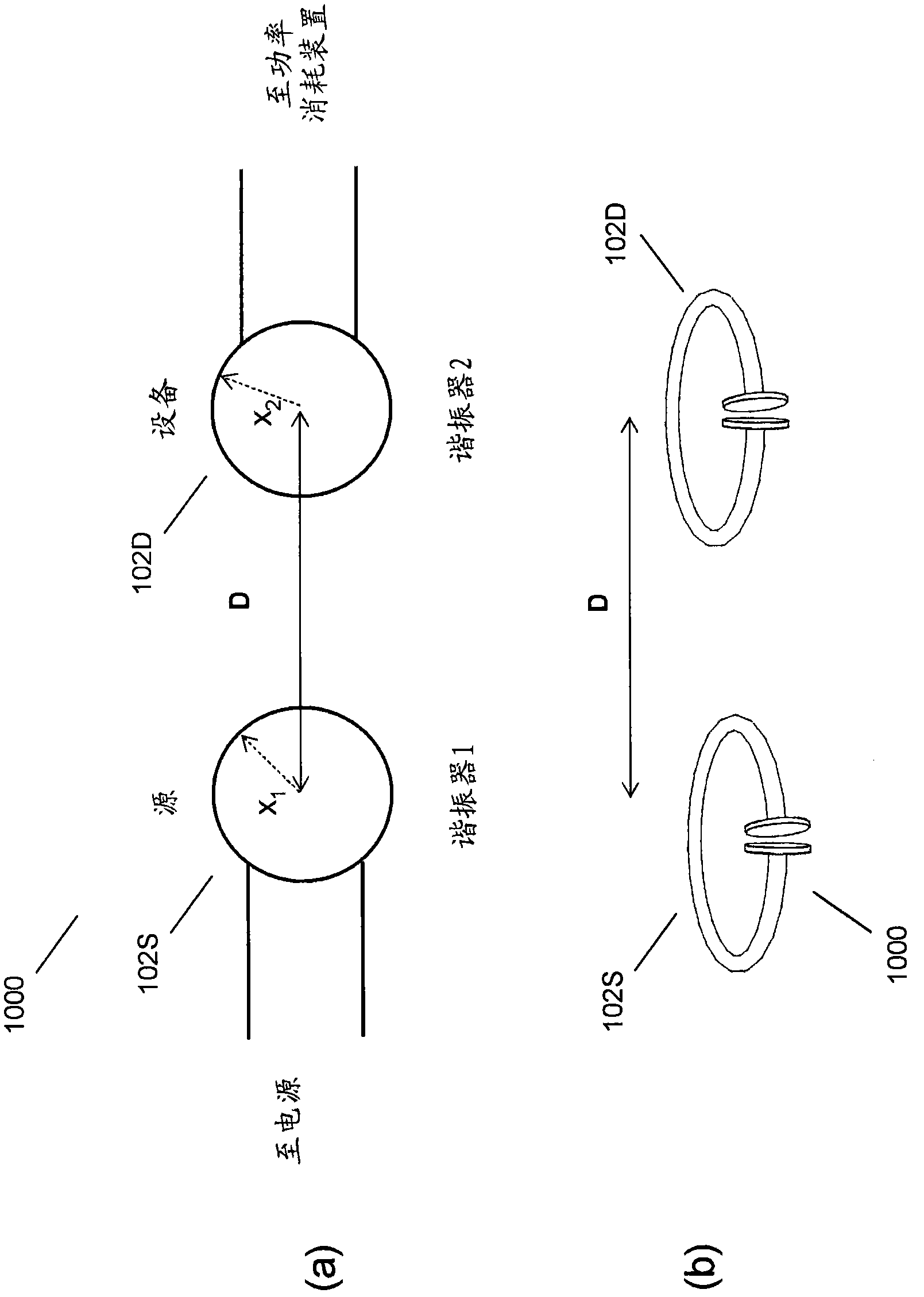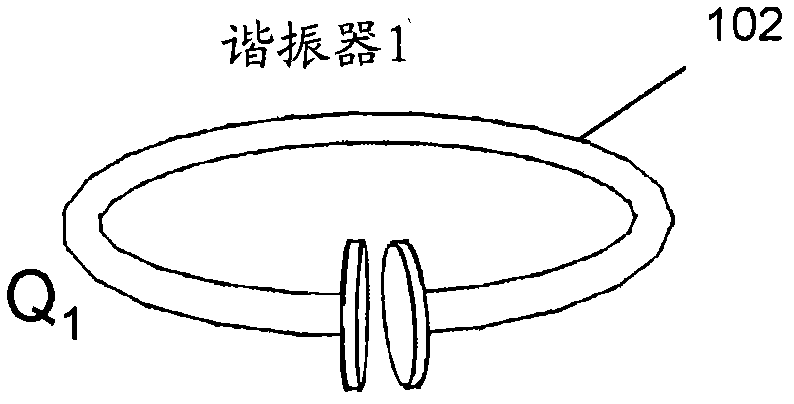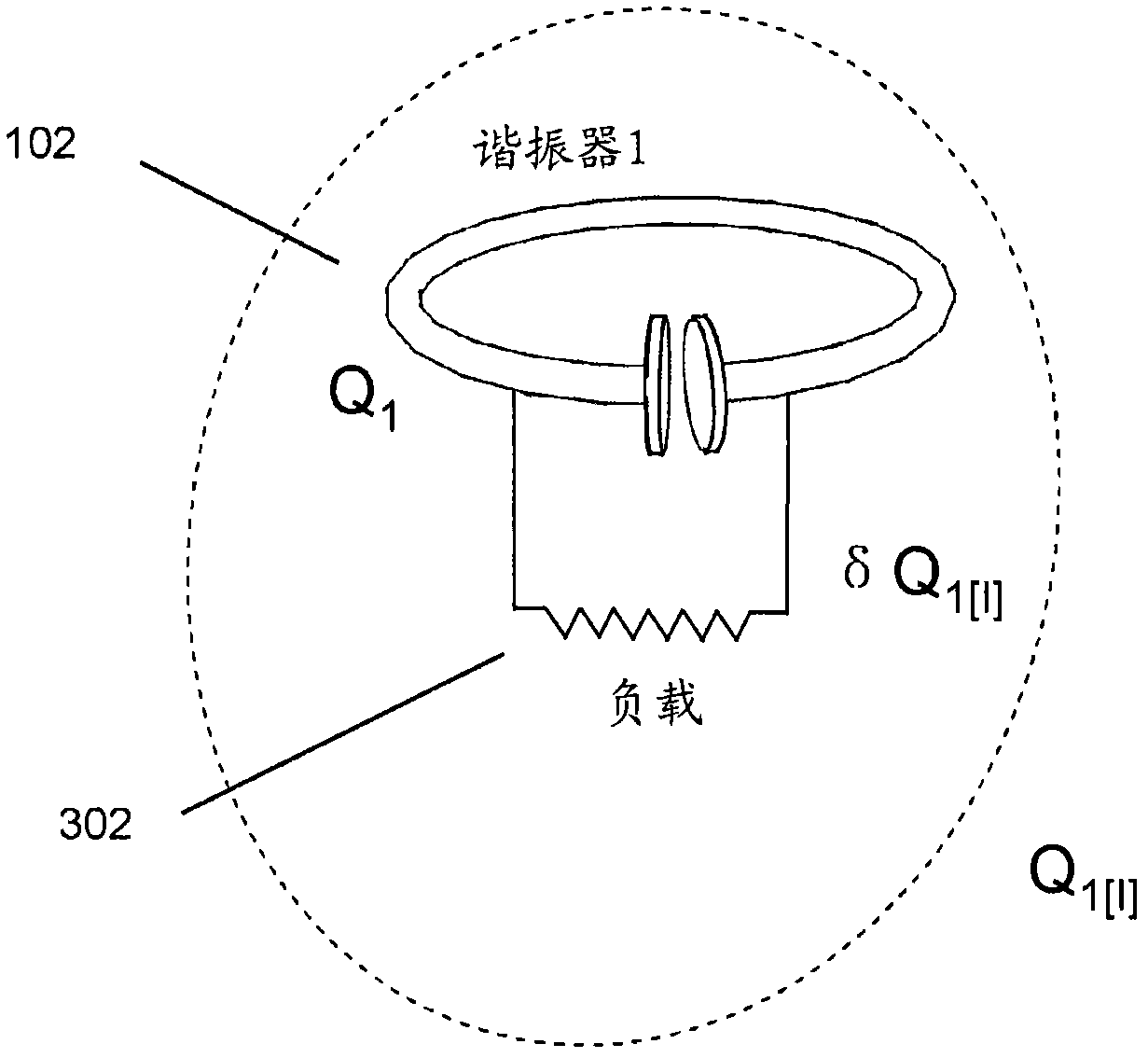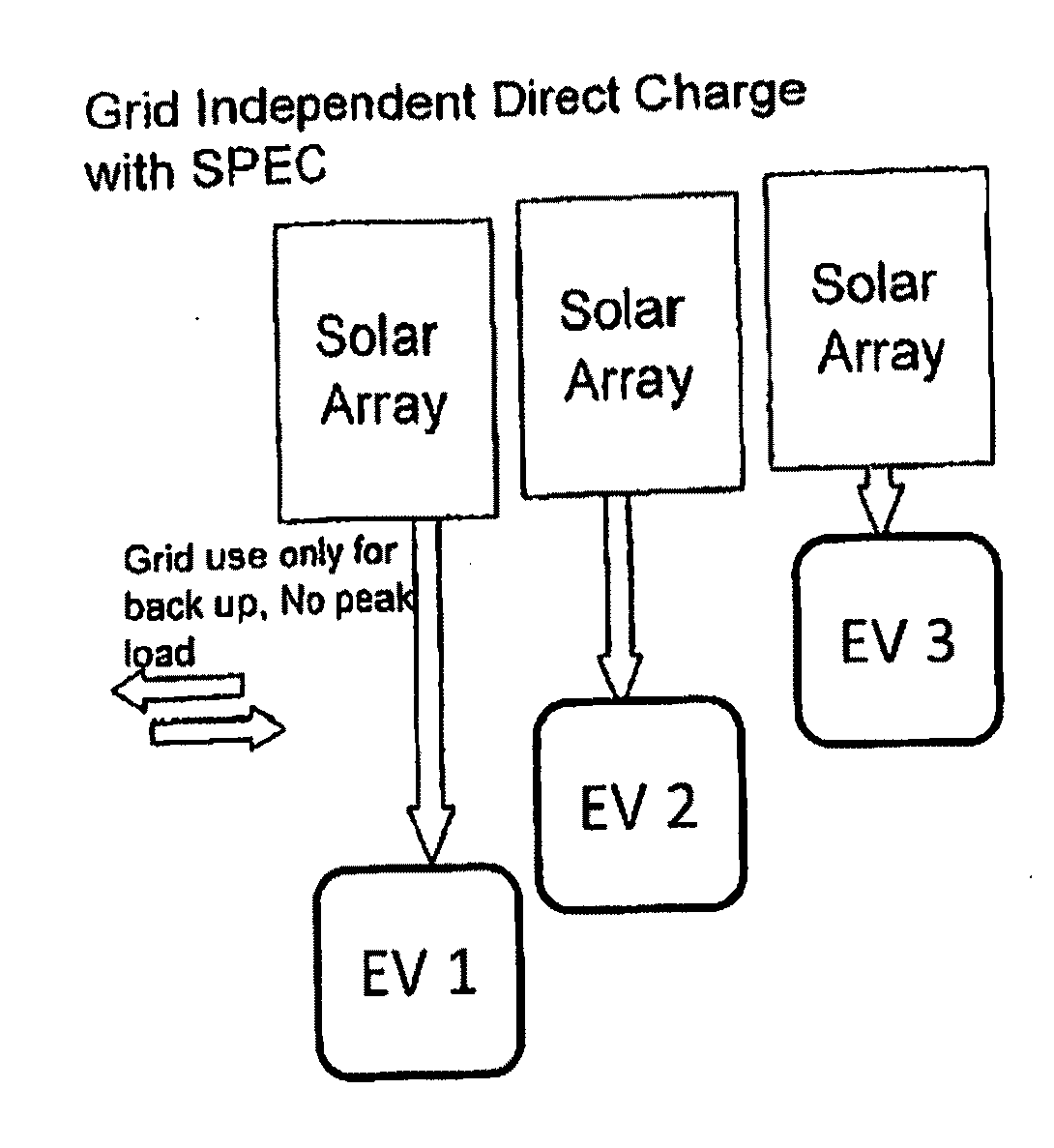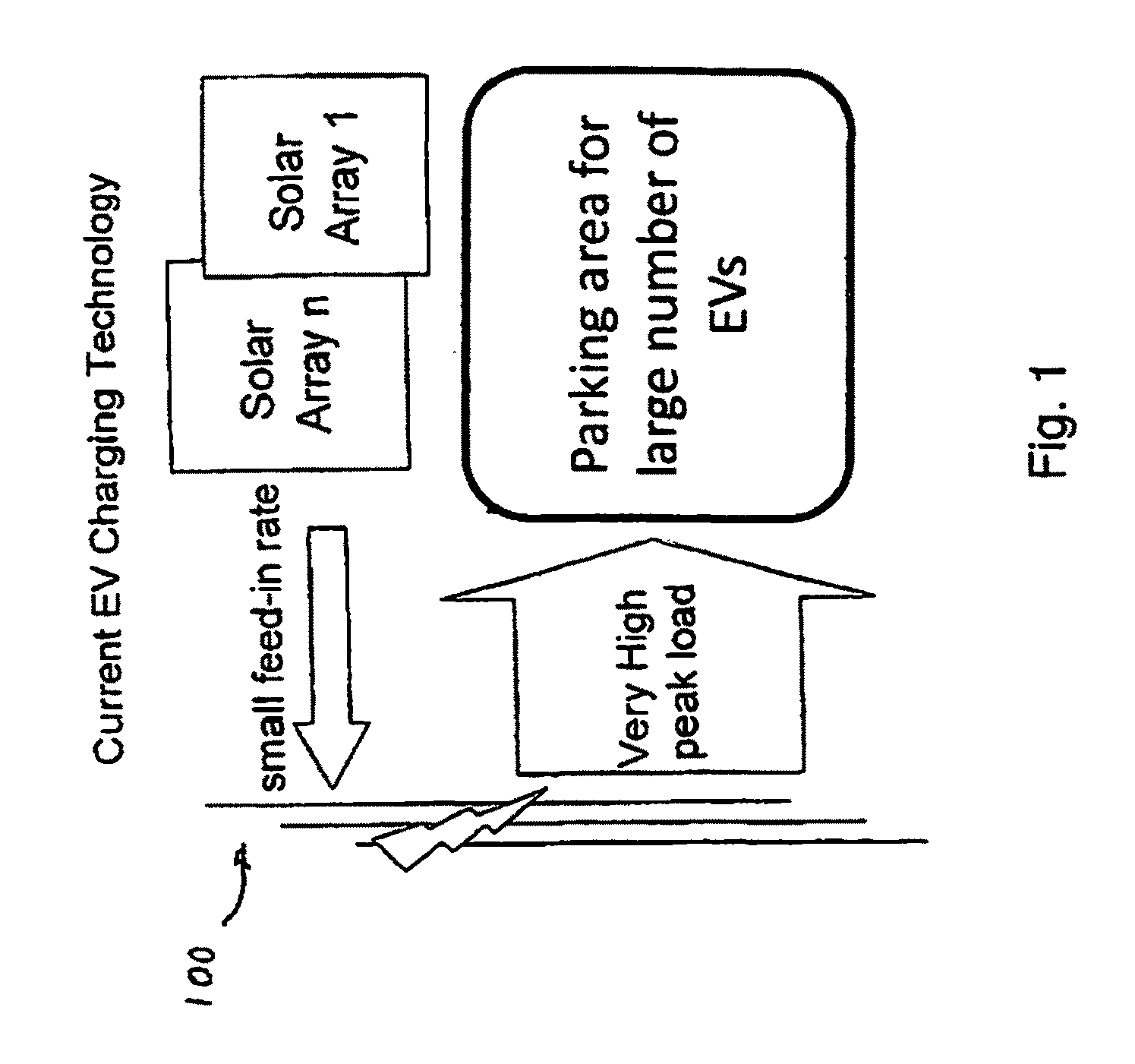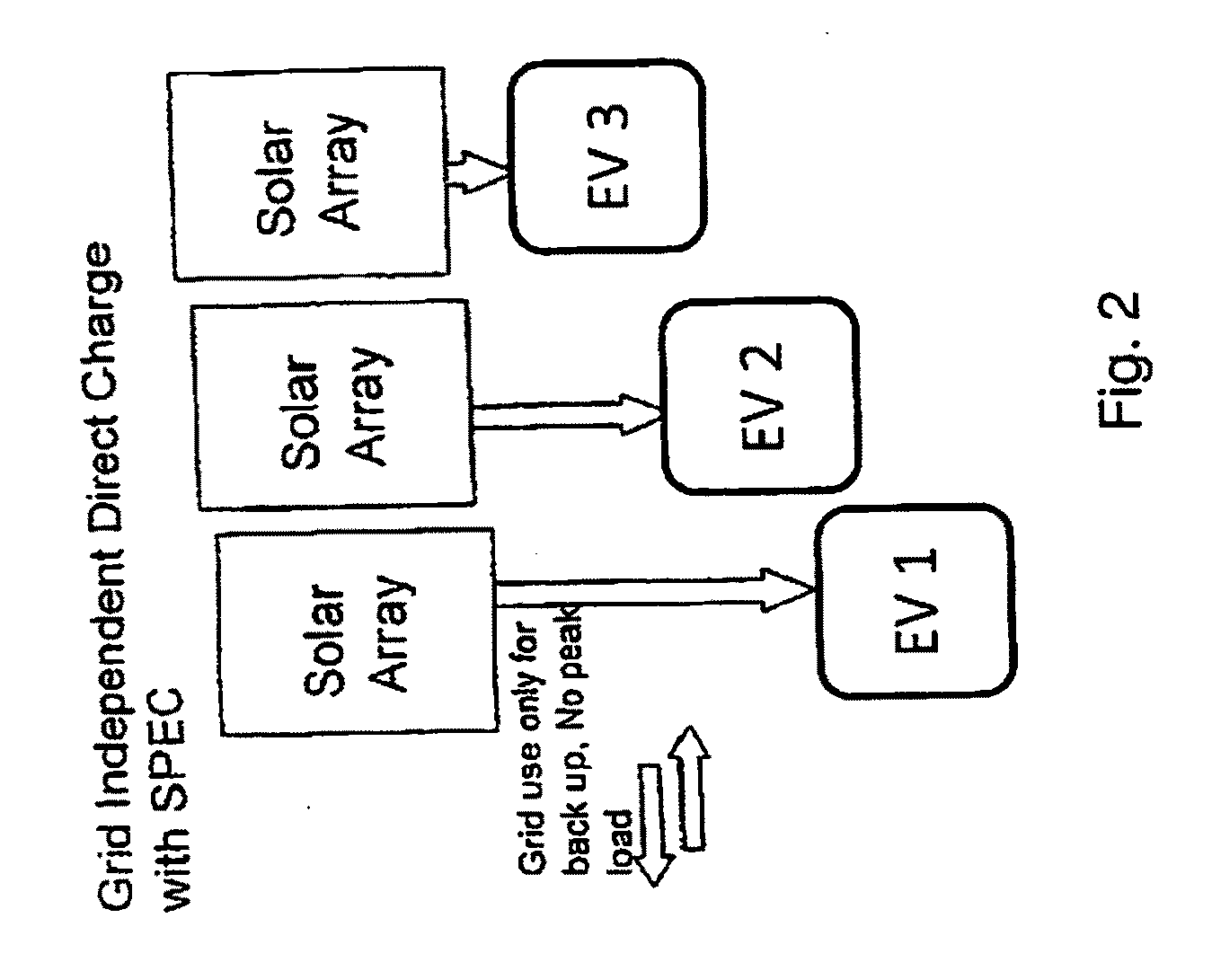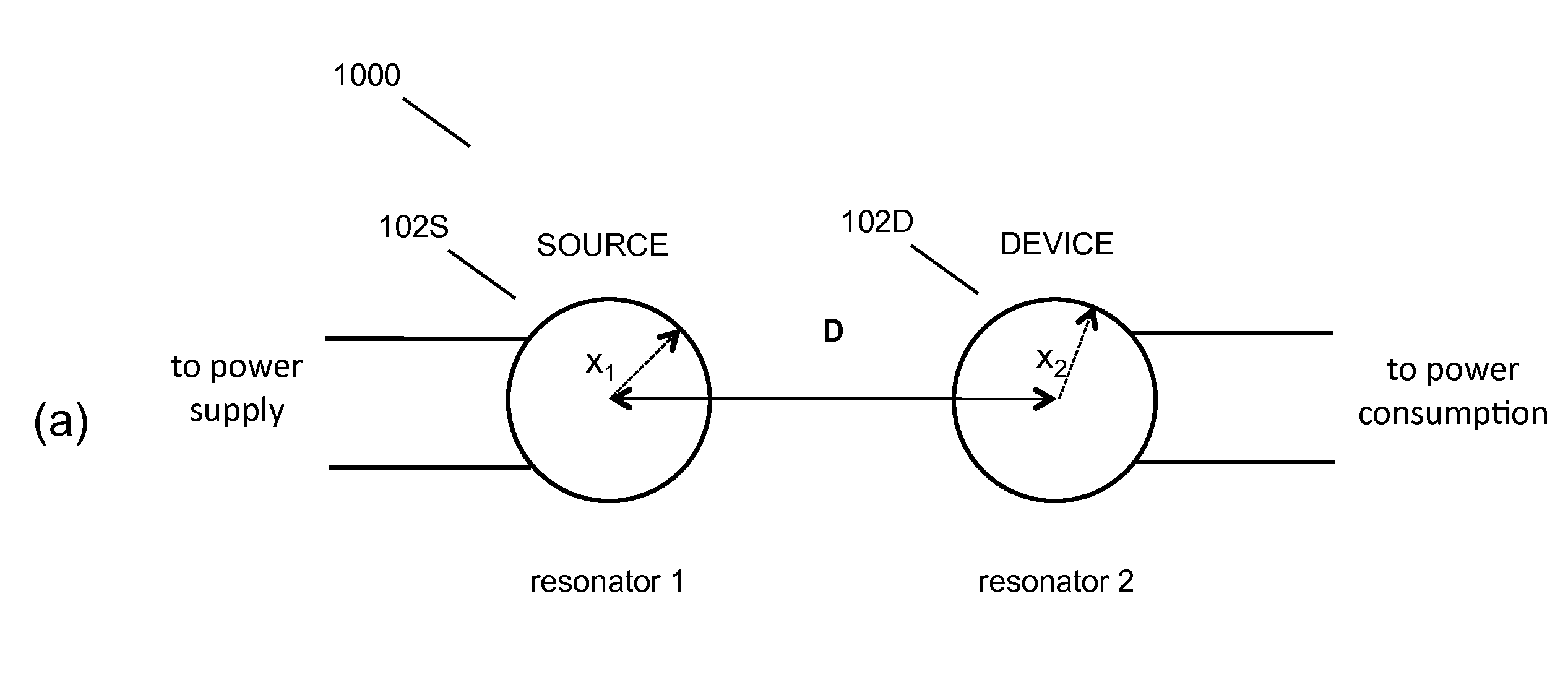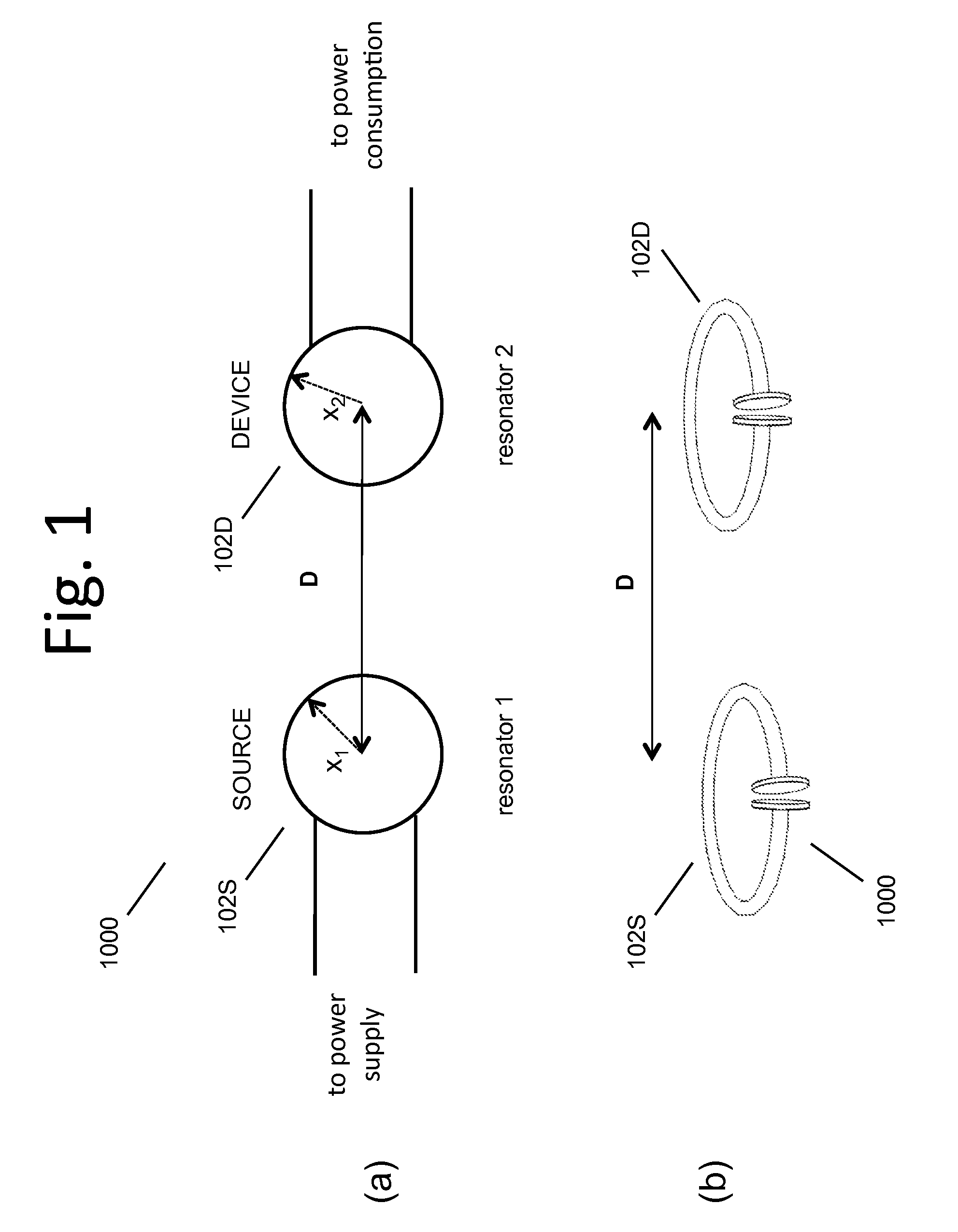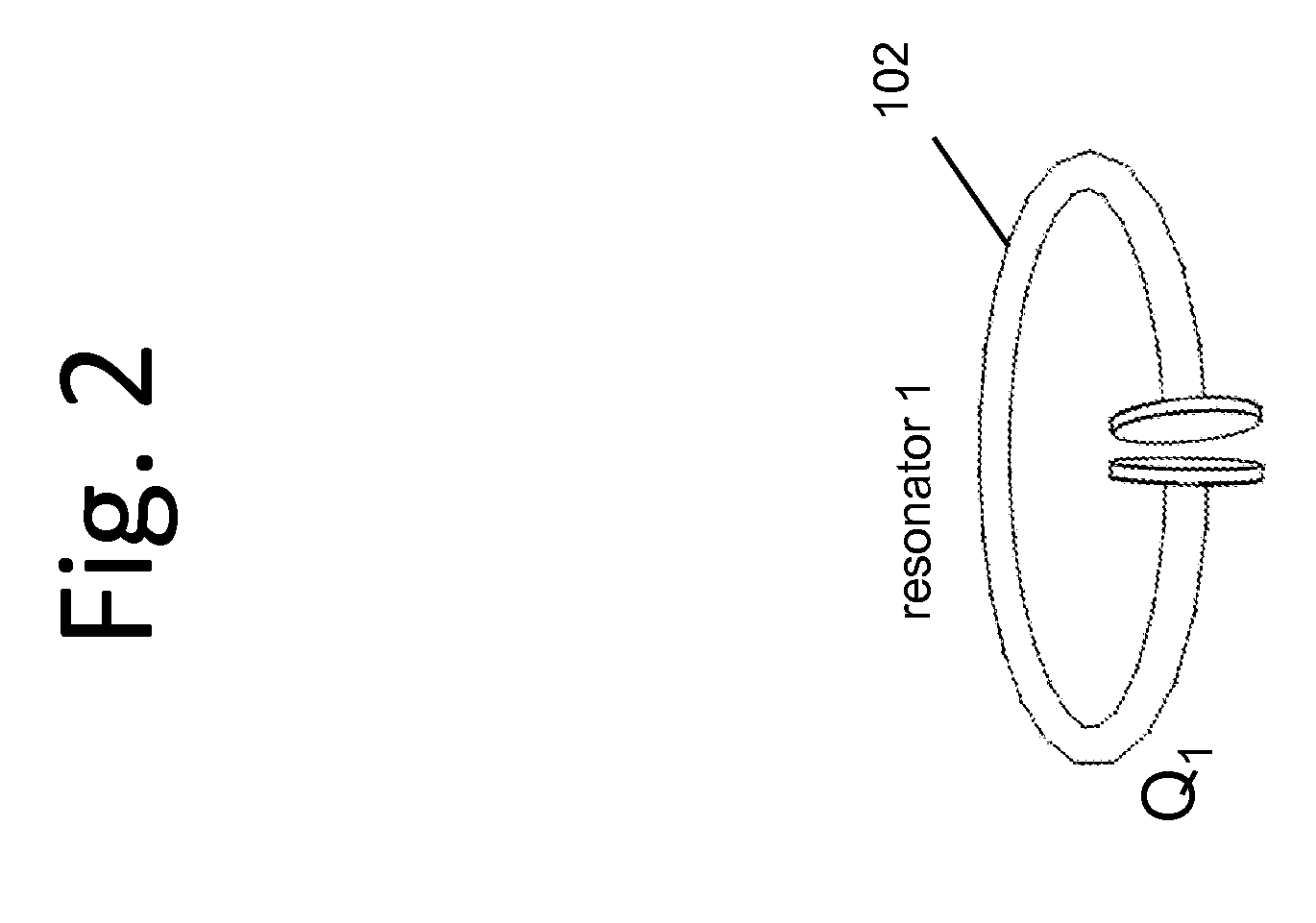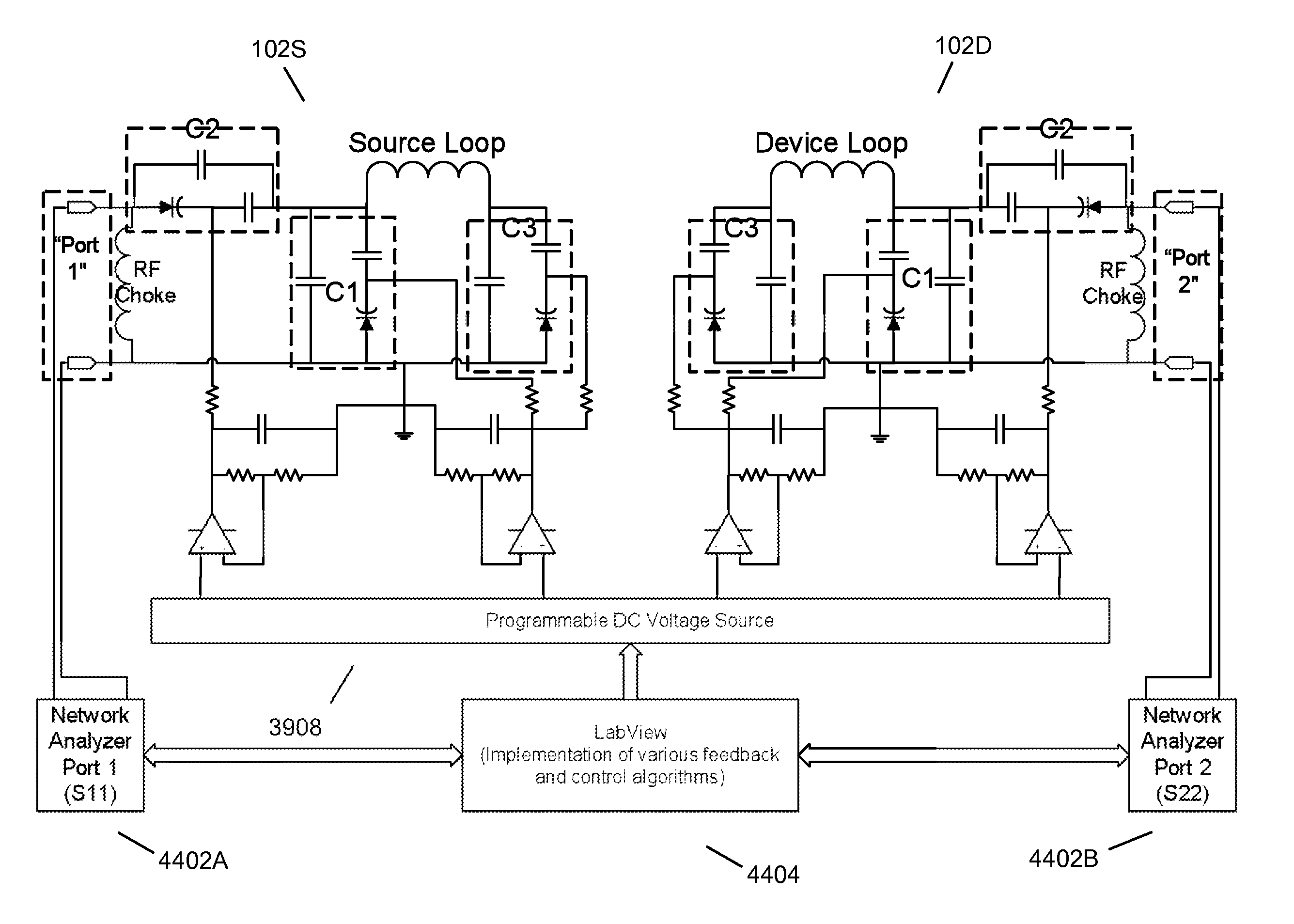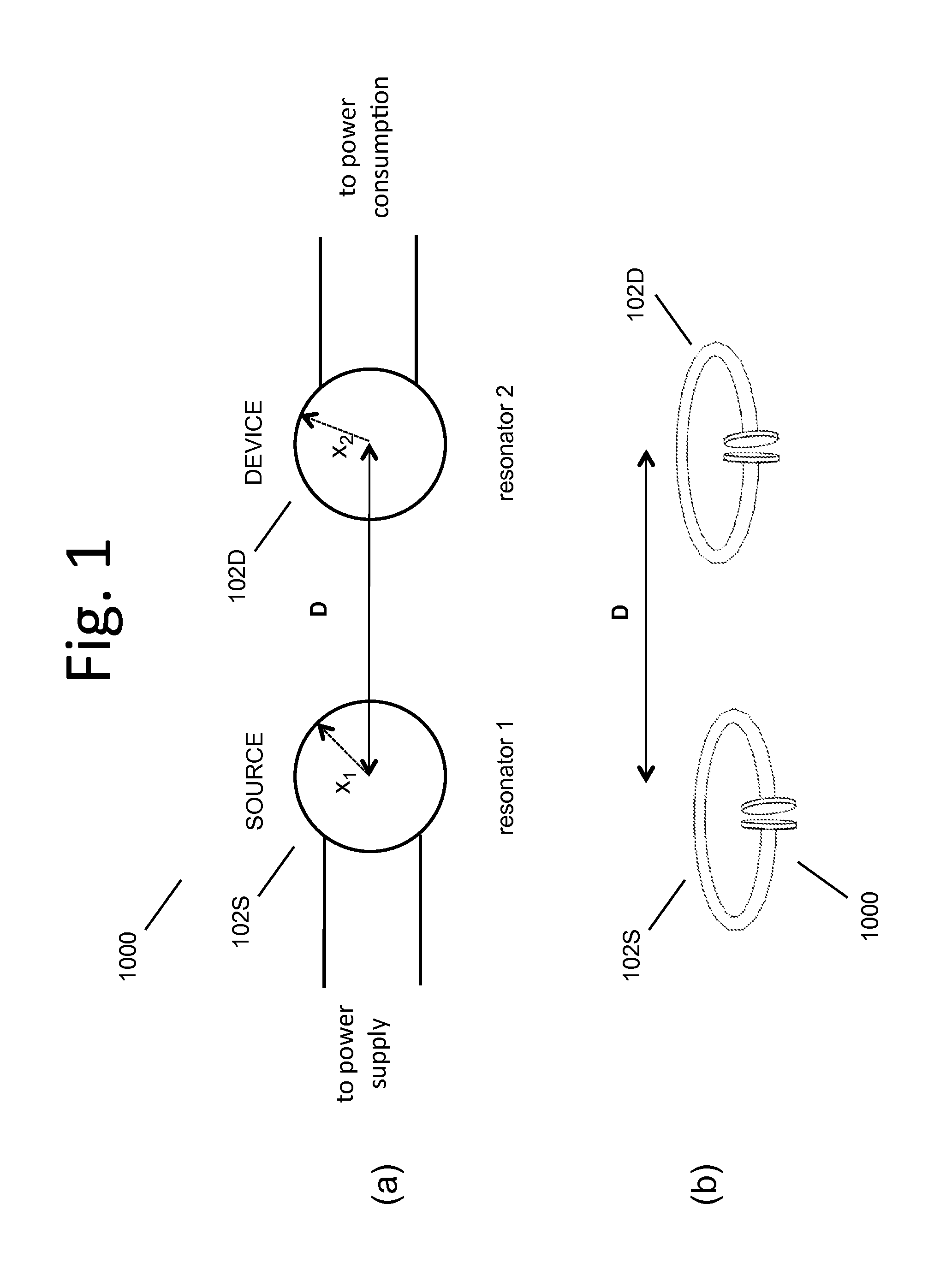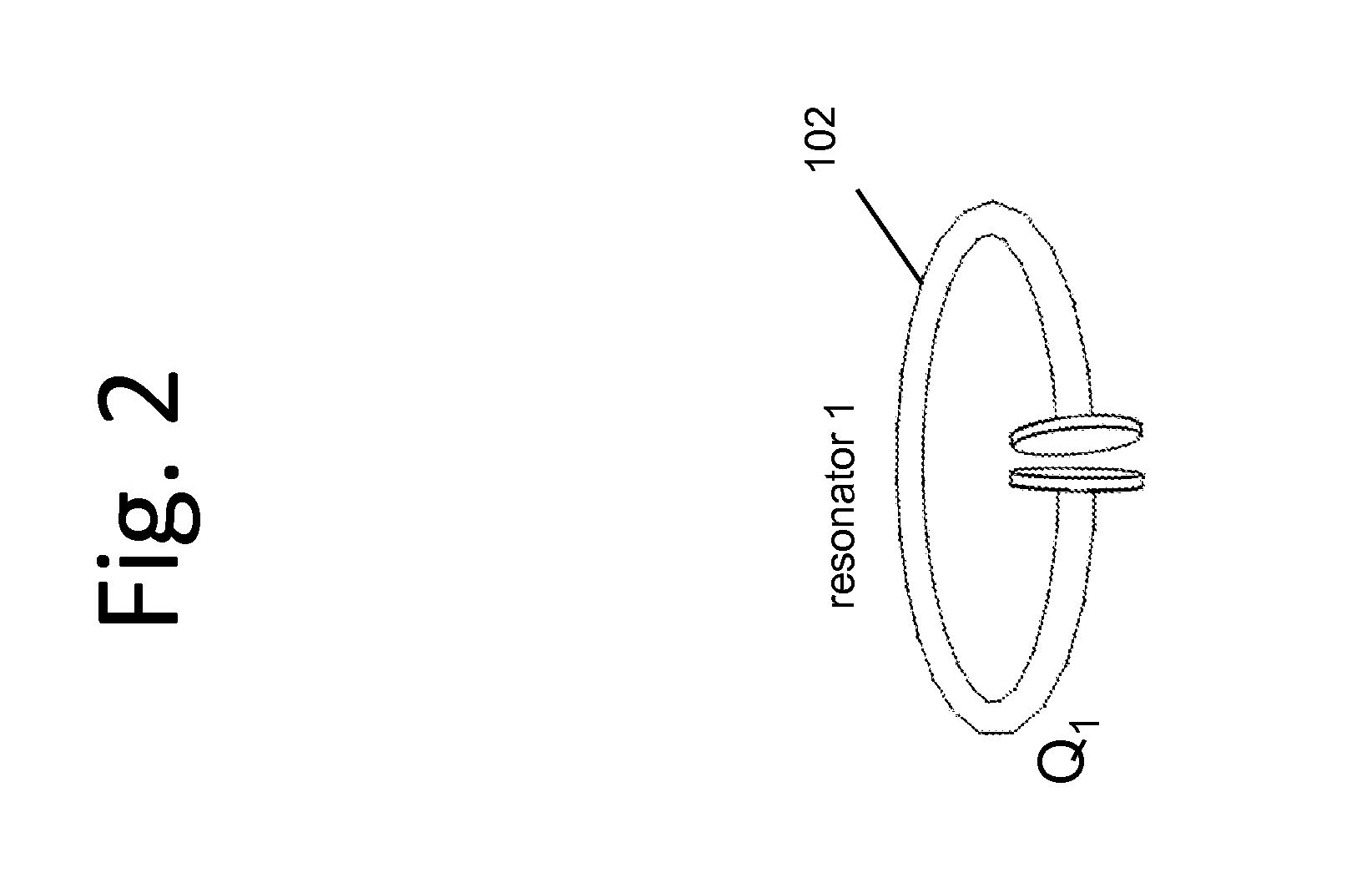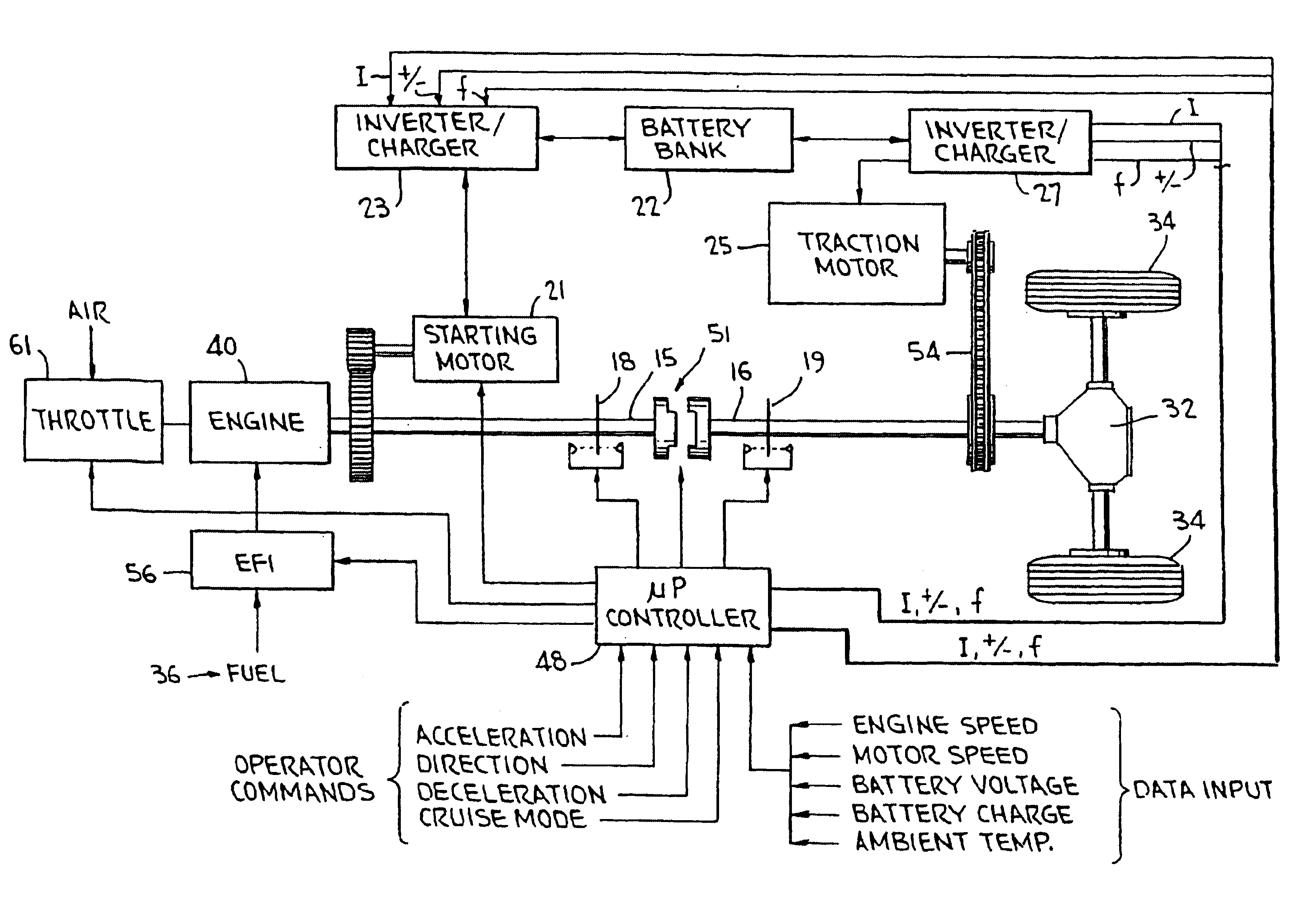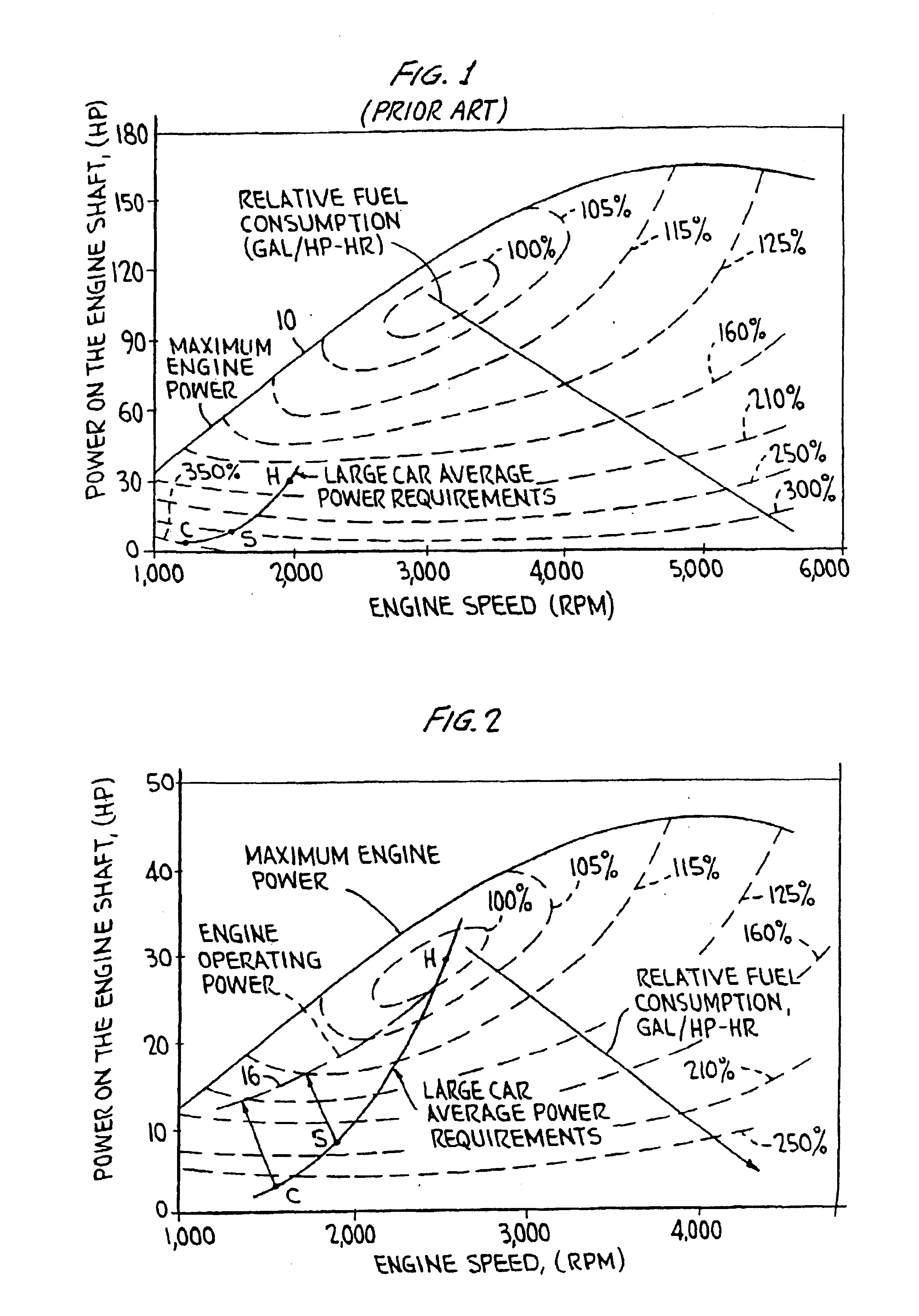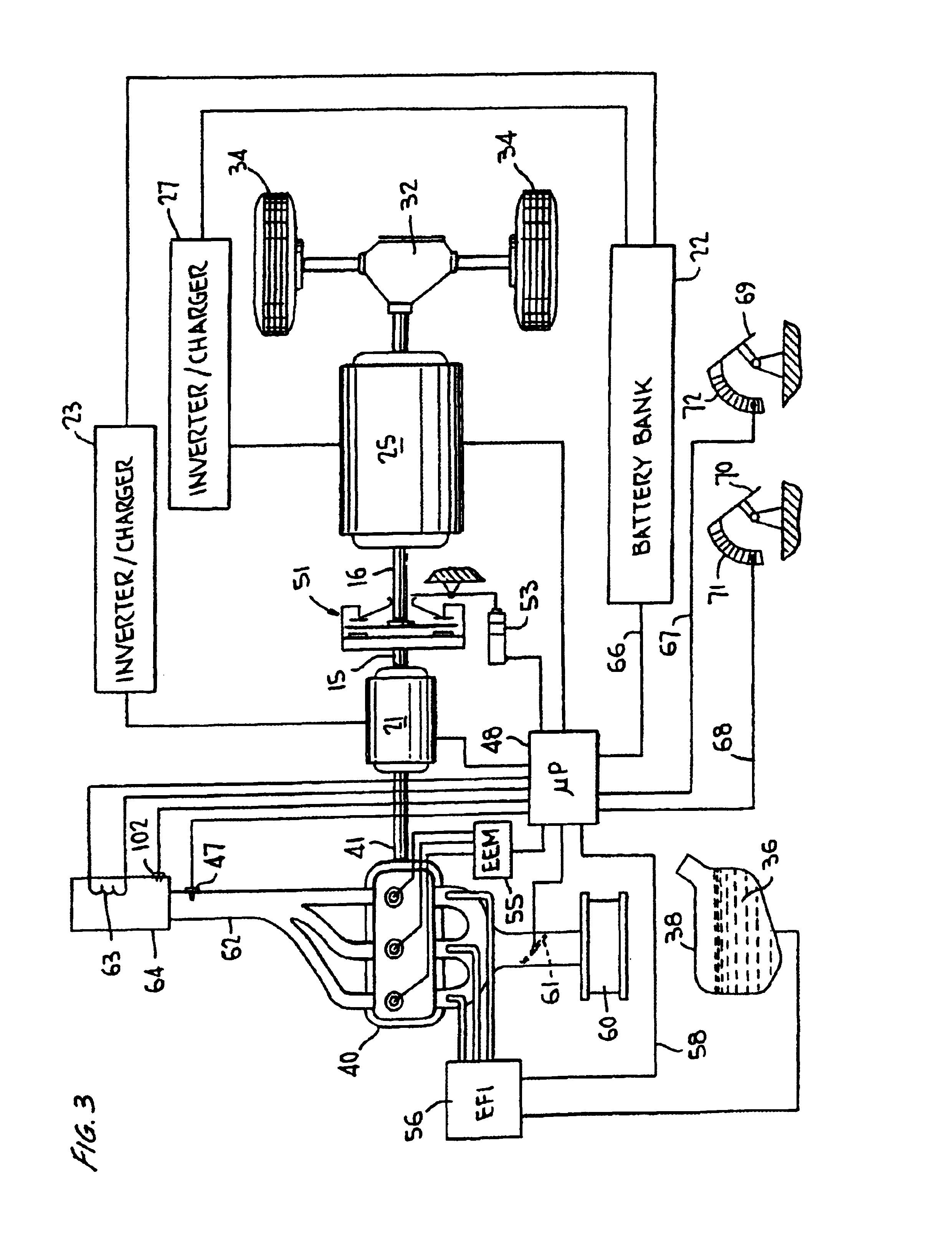Patents
Literature
6609results about "Converter types" patented technology
Efficacy Topic
Property
Owner
Technical Advancement
Application Domain
Technology Topic
Technology Field Word
Patent Country/Region
Patent Type
Patent Status
Application Year
Inventor
Apparatus, method and article for physical security of power storage devices in vehicles
ActiveUS8560147B2Registering/indicating working of vehiclesNavigation instrumentsPhysical securityIn vehicle
A network of collection, charging and distribution machines collect, charge and distribute portable electrical energy storage devices (e.g., batteries, supercapacitors or ultracapacitors). To avoid theft and tampering of the portable electrical energy storage devices, by default, each portable electrical energy storage device is locked in and operably connected to the vehicle to which it provides power unless the vehicle comes within the vicinity of a collection, charging and distribution machine or other authorized external device such as that in a service center. Once within the vicinity of a collection, charging and distribution machine or other authorized external device a locking mechanism in the vehicle or within the portable electrical energy storage device unlocks and allows the portable electrical energy storage device to be exchanged or serviced.
Owner:GOGORO
Apparatus and method of compensating for motor velocity of fuel cell vehicle
ActiveUS9233610B2Improve stabilityImprove reliabilitySpeed controllerElectric devicesData controlFuel cells
A method and apparatus that compensates for a velocity of a motor of fuel cell vehicle when a resolver is determined to have failed is provided. In particular, a wheel velocity sensor is configured to detect a wheel velocity of a driving wheel, and an ABS controller is configured to calculate an average wheel velocity and transmit the calculated average to a fuel cell controller (FCU). The FCU is configured to receive information related to the wheel velocity upon detecting that the resolver has failed, and control driving of the motor based on the data related to the wheel velocity so that the motor may maintain operation.
Owner:HYUNDAI MOTOR CO LTD
Wireless energy transfer systems
ActiveUS20100141042A1Efficient deliveryEfficient energy transferMultiple-port networksNear-field transmissionEnergy transferCondensed matter physics
Described herein are improved capabilities for a source resonator having a Q-factor Q1>100 and a characteristic size x1 coupled to an energy source, and a second resonator having a Q-factor Q2>100 and a characteristic size x2 coupled to an energy drain located a distance D from the source resonator, where the source resonator and the second resonator are coupled to exchange energy wirelessly among the source resonator and the second resonator.
Owner:WITRICITY CORP
Wireless energy transfer for photovoltaic panels
ActiveUS20120098350A1Reduce cost and complexityMitigate factor drivingMultiple-port networksNear-field transmissionElectric power transmissionEnergy transfer
Described herein are improved configurations for a wireless power transfer involving photovoltaic panels. Described are methods and designs that use electric energy from a photovoltaic module to energize at least one wireless energy source to produce an oscillating magnetic field for wireless energy transfer. The source may be configured and tuned to present an impedance to a photovoltaic module wherein said impedance enables substantial extraction of energy from said photovoltaic module.
Owner:WITRICITY CORP
Wireless energy transfer systems
ActiveUS20100109445A1Efficient deliveryEfficient energy transferMultiple-port networksNear-field transmissionEnergy transferCondensed matter physics
Described herein are improved capabilities for a source resonator having a Q-factor Q1>100 and a characteristic size x1 coupled to an energy source, and a second resonator having a Q-factor Q2>100 and a characteristic size x2 coupled to an energy drain located a distance D from the source resonator, where the source resonator and the second resonator are coupled to exchange energy wirelessly among the source resonator and the second resonator.
Owner:WITRICITY CORP
Power system method and apparatus
InactiveUS20060152085A1Protect the loadDc network circuit arrangementsConversion constructional detailsElectric power systemEngineering
Power converter system topologies comprise a first DC / DC converter to pull a positive rail of a high voltage bus up, while a second DC / DC converter pushes a negative rail of the high voltage bus down. One or both the DC / DC converters may be bi-directional. Such topologies are suitable for use with separate primary power sources, and / or auxiliary power sources. Such topologies may include a DC / AC converter, which may be bi-directional. Such topologies may include one or more auxiliary DC / DC converters, which may be bi-directional. Multiple substrates, including at least one stacked above another may enhance packaging.
Owner:SIEMENS VDO AUTOMOTIVE CORP
Apparatus, method and article for authentication, security and control of power storage devices, such as batteries
ActiveUS20130026973A1Limited rangeLong recharging timeRegistering/indicating working of vehiclesCoin-freed apparatusSupercapacitorEngineering
A network of collection, charging and distribution machines collect, charge and distribute portable electrical energy storage devices (e.g., batteries, supercapacitors or ultracapacitors). To charge, the machines employ electrical current from an external source, such as the electrical grid or an electrical service of an installation location. By default, each portable electrical energy storage device is disabled from accepting a charge unless it receives authentication information from an authorized collection, charging and distribution machine, other authorized charging device, or other authorized device that transmits the authentication credentials. Also, by default, each portable electrical energy storage device is disabled from releasing energy unless it receives authentication information from an external device to which it will provide power, such as a vehicle or other authorization device.
Owner:GOGORO
Apparatus, method and article for physical security of power storage devices in vehicles
ActiveUS20130030608A1Registering/indicating working of vehiclesNavigation instrumentsPhysical securityIn vehicle
A network of collection, charging and distribution machines collect, charge and distribute portable electrical energy storage devices (e.g., batteries, supercapacitors or ultracapacitors). To avoid theft and tampering of the portable electrical energy storage devices, by default, each portable electrical energy storage device is locked in and operably connected to the vehicle to which it provides power unless the vehicle comes within the vicinity of a collection, charging and distribution machine or other authorized external device such as that in a service center. Once within the vicinity of a collection, charging and distribution machine or other authorized external device a locking mechanism in the vehicle or within the portable electrical energy storage device unlocks and allows the portable electrical energy storage device to be exchanged or serviced.
Owner:GOGORO
Integrated bi-directional converter for plug-in hybrid electric vehicles
ActiveUS20090103341A1Low costSave weightHybrid vehiclesBatteries circuit arrangementsElectrical batteryĆuk converter
This invention relates to a power module for a plug-in hybrid electric vehicle including an integrated converter having a rectifier changing AC to DC, a DC / DC converter changing from a first voltage to a second voltage, and a battery storing electrical energy. The integrated converter operates in three modes 1) AC plug-in charging mode, 2) boost mode supplying power from the battery to the electrical bus and 3) buck mode supplying power from the electrical bus to the battery. The integrated converter utilizes the same single inductor during each of the three operating modes to reduce cost and weight of the system.
Owner:TURNTIDE TECH INC
Multi-resonator wireless energy transfer inside vehicles
InactiveUS20120119569A1Efficient deliveryEfficient energy transferMultiple-port networksBatteries circuit arrangementsEnergy transferEngineering
A mobile wireless receiver for use with a first electromagnetic resonator coupled to a power supply and a second electromagnetic resonator coupled to at least one of a power supply and the first electromagnetic resonator. The mobile wireless receiver includes a load associated with an electrically powered system that is disposed interior to a vehicle, and a third electromagnetic resonator configured to be coupled to the load and movable relative to at least one of the first electromagnetic resonator and the second electromagnetic resonator, wherein the third resonator is configured to be wirelessly coupled to at least one of the first electromagnetic resonator and the second electromagnetic resonator to provide resonant, non-radiative wireless power to the third electromagnetic resonator from at least one of the first electromagnetic resonator and the second electromagnetic resonator.
Owner:WITRICITY CORP
Vehicle power supply apparatus and vehicle window member
InactiveUS20090189458A1Easy and efficientBattery overcharge protectionPropulsion by batteries/cellsElectricityElectric power system
The vehicle power supply apparatus 100 has a power transmitting unit 110 including a power transmission side coil 111 for generating an alternating magnetic field, a positioning member 112 for positioning the power transmission side coil 111 in a vehicle 20, and a power transmission side circuit 114 supplying an electric current to the power transmission side coil 111; and a power receiving unit 120 including a power receipt side coil 121 disposed in a rear window member 30 which is a non-magnetic portion of the vehicle 20 and generating an induced current based on an alternating magnetic field generated by the power transmission side coil 111 and a power receipt side circuit 122 supplying, to a power-supplied object, electric power based on the induced current generated by the power receipt side coil 121.
Owner:TOYOTA JIDOSHA KK +1
Temperature compensation in a wireless transfer system
InactiveUS20140312706A1Efficient deliveryEfficient energy transferMultiple-port networksNear-field transmissionElectricityCapacitance
Described herein are improved configurations for a resonator for wireless power transfer that includes a conductor forming one or more loops and having an inductance L, a network of capacitors, having a capacitance, C, and a desired electrical parameter, coupled to the conductor, the network having at least one capacitor of a first type with a first temperature profile of the electrical parameter, and the network having at least one capacitor of a second type with a second temperature profile of the electrical parameter.
Owner:WITRICITY CORP
Refuelable battery-powered electric vehicle
ActiveUS20080053716A1Enabling useEffectivelyMobile unit charging stationsElectric/hybrid propulsionElectrical batteryGasoline
The electrical vehicle energy storage system permits the electric refueling of the electric vehicle just like an automobile would be refueled with gasoline at a gas station. Circuitry on board the vehicle accessible by the electric refueling station enables the determination of the energy content of the battery module or modules returned to the electric refueling station and the owner of the vehicle is given credit for the energy remaining in the battery module or modules which have been exchanged. Selective refueling may take place for given battery modules by removing them from the battery system and charging them at home, office or factory. A process for operating an electric vehicle is also disclosed and claimed.
Owner:SCHEUCHER KARL FREDERICK
Battery charging system and method
InactiveUS7256516B2Meet system requirementsMeet power requirementsLoad balancing in dc networkDc source parallel operationEngineeringAC power
A charging system for simultaneously charging the batteries of a plurality of battery powered vehicles. The charging includes one or more DC-DC power converters having one or more charging ports configured to plug into the batteries. The DC-DC power converters are each configured to selectively connect to more than one charging port to selectively provide for higher port power levels. The DC-DC power converters connect to an AC rectifier through a DC bus. The AC rectifier connects to an AC power source having a limited power rating. The AC charging system also has a controller that controls the operation of the DC-DC power converters such that the total power draw on the AC rectifier does not exceed the power rating. The system is further configured such that the DC-DC power converters can drain selected batteries to obtain power for charging other batteries, thus allowing for batteries to be cycled.
Owner:WEBASTO CHARGING SYST INC
Wireless energy transfer resonator kit
ActiveUS8487480B1Efficient deliveryEfficient energy transferMultiple-port networksCircuit arrangementsEnergy transferCondensed matter physics
Described herein are improved capabilities for a source resonator having a Q-factor Q1>100 and a characteristic size x1 coupled to an energy source, and a second resonator having a Q-factor Q2>100 and a characteristic size x2 coupled to an energy drain located a distance D from the source resonator, where the source resonator and the second resonator are coupled to exchange energy wirelessly among the source resonator and the second resonator.
Owner:WITRICITY CORP
Methods for utilizing the electrical and non electrical outputs of fuel cell powered vehicles
The present invention provides a method and apparatus for generating electrical power from multiple vehicles powered by fuel cells while the vehicles are parked in a parking lot. A plurality of spaced-apart electrical receptacles are provided for receiving an electric cable for connection to a parked vehicle for electrically connecting the fuel cell in each of the parked vehicles to the plurality of electrical receptacles. An electric power grid is electrically connected to the plurality of electrical receptacles for transferring D.C. electrical power from the fuel cells in the parked vehicles to the electric power grid. At least one electric power collection station is electrically connected to the electric power grid for collecting at a common point the D.C. electric power in the electric power grid. In addition, at least one inverter is electrically connected to the electric power collection station for converting the D.C. electric power to A.C. electric power. Apparatus is provided for supplying the A.C. electric power to a load or a utility grid.
Owner:GROW INT
Inductively powered battery charger
InactiveUS6100663AExtended service lifeImprove reliabilityCharge equalisation circuitElectromagnetic wave systemElectrical conductorEngineering
PCT No. PCT / NZ97 / 00053 Sec. 371 Date Nov. 3, 1998 Sec. 102(e) Date Nov. 3, 1998 PCT Filed May 2, 1997 PCT Pub. No. WO97 / 42695 PCT Pub. Date Nov. 13, 1997Loosely coupled inductive power for charging batteries is rectified from a first power pickup winding and the resulting current source is connected to a battery unit. Each current source is controlled by shorting a second resonant winding. Battery banks may be charged using multiple isolated position-tolerant pickups independently controlled according to the condition of the connected battery unit and by overall commands communicated over an isolated link. The battery unit may be a single cell. In a self-stabilizing bank or monoblock a primary inductive conductor is energized using all the cells, individual cells are separately monitored by control means and any below-average cell can be individually charged from the inductive conductor, thus correcting between-cell variations. The charge in all cells within a bank can be held within 30% to 70% of full charge and prevented from drifting towards full or empty during repetitive charge and discharge times.
Owner:AUCKLAND UNISERVICES LTD
Wireless energy transfer over distance using field shaping to improve the coupling factor
ActiveUS8471410B2Efficient deliveryEfficient energy transferMultiple-port networksBatteries circuit arrangementsEnergy transferCoupling
In embodiments of the present invention improved capabilities are described for a method and system comprising a first resonator optionally coupled to an energy source and a second resonator located a variable distance from the source resonator and not connected by any wires to the first resonator, where the first resonator and the second resonator are coupled to provide near-field wireless energy transfer among the first resonator and the second resonator, and where the field of at least one of the first resonator and the second resonator is shaped to increase the coupling factor among the resonators.
Owner:WITRICITY CORP
Wireless energy transfer using object positioning for low loss
ActiveUS8461721B2Efficient deliveryEfficient energy transferMultiple-port networksRailway vehiclesEnergy transferResonator
In embodiments of the present invention improved capabilities are described for a method and system comprising a source resonator optionally coupled to an energy source and a second resonator located a distance from the source resonator, where the source resonator and the second resonator are coupled to provide near-field wireless energy transfer among the source resonator and the second resonator and where a loss inducing object is positioned to minimize loss in at least one resonator.
Owner:WITRICITY CORP
Wireless energy transfer using object positioning for improved k
ActiveUS8569914B2Efficient deliveryEfficient energy transferMultiple-port networksBatteries circuit arrangementsEnergy transferCoupling
In embodiments of the present invention improved capabilities are described for a method and system comprising a source resonator optionally coupled to an energy source and a second resonator located a distance from the source resonator, where the source resonator and the second resonator are coupled to provide near-field wireless energy transfer among the source resonator and the second resonator, and where a loss inducing object is positioned to increase the coupling the coupling factor among the resonators.
Owner:WITRICITY CORP
Controller for hybrid vehicle
InactiveUS6018694AGreat torque balanceStable vehicle behaviorWindingsPlural diverse prime-mover propulsion mountingElectricityControl system
A gas-sparing vehicle is achieved by a control system for a hybrid vehicle equipped at least with: a hybrid engine which includes at least a first rotary electric unit for deciding the rpm of the engine and a second rotary electric unit for deciding the driving force of the vehicle and which has power converting means connected to the output shaft of the engine; and electricity storing means. In one embodiment, a hybrid controller 16 controls the drive of a first rotary electric unit 2000 according to a startup torque command value which is decided based on the rpm of an engine at the time of engine startup and which decreases as the rpm increases; it also determines that the complete explosion in an engine 1 has occurred when the startup torque command value falls below a predetermined complete explosion judgment value.
Owner:DENSO CORP
Wireless energy transfer using repeater resonators
ActiveUS8587155B2Efficient deliveryEfficient energy transferMultiple-port networksRailway vehiclesEnergy transferEngineering
Described herein are improved configurations for a lighting system with wireless power transfer that includes a source high-Q magnetic resonator coupled to a power source and generating an oscillating magnetic field, at least one device high-Q magnetic resonator configured to convert said oscillating magnetic field to electrical energy used to power a light coupled to the at least one device resonator, and at least one repeater resonator, larger than the device resonator, wherein the repeater resonator is positioned further from the source resonator than the device resonator and improves the power transfer efficiency between the source resonator and the device resonator.
Owner:WITRICITY CORP
Multi-Mode Electric Vehicle Charging Station
InactiveUS20130020993A1Low costReduce equipment costsCircuit authenticationCharging stationsElectricityReduced size
A reduced size and complexity multi-mode electric vehicle charging station is provided which allows a user to select AC and DC powerform output and may provide those outputs to connectors for charging electric vehicles. A voltage source is provided to a DC converter that then outputs to a DC bus or electrical connection. The DC bus may be accessed by DC charging equipment or a DC-AC inverter that is connected to AC charging equipment, thereby providing DC and AC charging ability. In one aspect, the multi-mode electric vehicle charging station is used in a rescue vehicle for charging stranded EVs via multiple charging standards without requiring the rescue vehicle to carry independent charging systems for each charging standard. In another aspect, the charging station is used in a stationary charging station to reduce cost and complexity of using multiple independent charging systems.
Owner:GREEN CHARGE NETWORKS
Wireless energy transfer systems
ActiveUS8618696B2Efficient deliveryEfficient energy transferMultiple-port networksNear-field transmissionElectric power transmissionEnergy transfer
A wireless power supply includes a source magnetic resonator, connected to a power source and configured to exchange power wirelessly via a wireless power transfer signal with at least one device magnetic resonator integrated into at least one peripheral component of a computer and a processor configured to adjust the operating point of the wireless power supply wherein power is transferred non-radiatively from the wireless power supply to the at least one device magnetic resonator and wherein the power supply forms a part of the computer.
Owner:WITRICITY CORP
System and method for enabling the real time buying and selling of electricity generated by fuel cell powered vehicles
InactiveUS7141321B2Efficient energy marketShorten the timeAuxillary drivesCoin-freed apparatusElectric power transmissionElectricity
The present invention relates to a network communication system and method to enable the real time buying and selling of electricity generated by fuel cell powered vehicles between a fuel cell powered vehicle and a consumer. The method comprises: providing connections to the vehicle for the supply of a fuel and for transfer of electricity; determining the current cost of fuel and price paid for generating electricity; based at least on the cost of fuel and price paid for generating electricity, determining whether to make the fuel cell powered vehicle available for generation of electricity; when fuel is consumed by the vehicle and electricity generated by the vehicle, collecting data on the quantity of fuel consumed and amount of electricity generated, calculating the cost of the fuel and the value of the electricity generated, providing a debit charge for the cost of fuel consumed and a credit charge for the value of electricity generated. A method to enable the real time buying and selling of electricity generated by fuel cell powered vehicles between an energy service provider and a consumer of electricity is also disclosed.
Owner:HYDROGENICS CORP
Wireless energy transfer in lossy environments
ActiveCN102439669AShort coupling timeLow intrinsic lossMultiple-port networksBatteries circuit arrangementsEnergy transferCapacitance
Described herein are improved configurations for a wireless power transfer for electronic devices that include at least one source magnetic resonator including a capacitively- loaded conducting loop coupled to a power source and configured to generate an oscillating magnetic field and at least one device magnetic resonator, distal from said source resonators, comprising a capacitively-loaded conducting loop configured to convert said oscillating magnetic fields into electrical energy, wherein at least one said resonator has a keep-out zone around the resonator that surrounds the resonator with a layer of non-lossy material.
Owner:WITRICITY CORP
Solar powered, grid independent EV charging system
InactiveUS20100181957A1Facilitating full environmental benefitNeed can be addressedHybrid vehiclesCharge equalisation circuitLow demandCharge rate
A system for charging a multiplicity of commuter EVs without dependence on the power grid is provided, using the EV batteries themselves as distributed off grid storage for all EVs connected to the system. The EV charging system comprises low cost solar modules and an intelligent charge management system capable of a providing flexible charge rate to EVs based on user demand, that is decoupled from the grid and thus does not add to peak power demands. Only a low capacity grid connection is provided for backup, and buffer solar panels may be provided for load balancing. Excessive solar energy is fed into the grid during times of low demand at the charging stations, such as on weekends.
Owner:SURYA POWER
Wireless energy transfer using object positioning for low loss
ActiveUS20110043048A1Reduce lossesEfficient deliveryMultiple-port networksRailway vehiclesEnergy transferResonator
In embodiments of the present invention improved capabilities are described for a method and system comprising a source resonator optionally coupled to an energy source and a second resonator located a distance from the source resonator, where the source resonator and the second resonator are coupled to provide near-field wireless energy transfer among the source resonator and the second resonator and where a loss inducing object is positioned to minimize loss in at least one resonator.
Owner:WITRICITY CORP
Wireless energy transfer across variable distances using field shaping with magnetic materials to improve the coupling factor
ActiveUS20120153738A1Efficient deliveryEfficient energy transferMultiple-port networksBatteries circuit arrangementsEnergy transferCoupling
In embodiments of the present invention improved capabilities are described for a method and system comprising a first resonator coupled to an energy source generating a field having magnetic material, and a second resonator located a variable distance from the source resonator having magnetic material and not connected by any wire or shared magnetic material to the first resonator, where the source resonator and the second resonator are coupled to provide near-field wireless energy transfer among the source resonator and the second resonator, and where the field of at least one of the source resonator and the second resonator is shaped using magnetic materials to increase the coupling factor among the resonators.
Owner:WITRICITY CORP
Hybrid vehicles
InactiveUS7104347B2Improve fuel economyReduce pollutant emissionsInternal combustion piston enginesElectric motor startersMaximum torqueRegenerative brake
Owner:HIRSCH DAVID +1
Features
- R&D
- Intellectual Property
- Life Sciences
- Materials
- Tech Scout
Why Patsnap Eureka
- Unparalleled Data Quality
- Higher Quality Content
- 60% Fewer Hallucinations
Social media
Patsnap Eureka Blog
Learn More Browse by: Latest US Patents, China's latest patents, Technical Efficacy Thesaurus, Application Domain, Technology Topic, Popular Technical Reports.
© 2025 PatSnap. All rights reserved.Legal|Privacy policy|Modern Slavery Act Transparency Statement|Sitemap|About US| Contact US: help@patsnap.com
